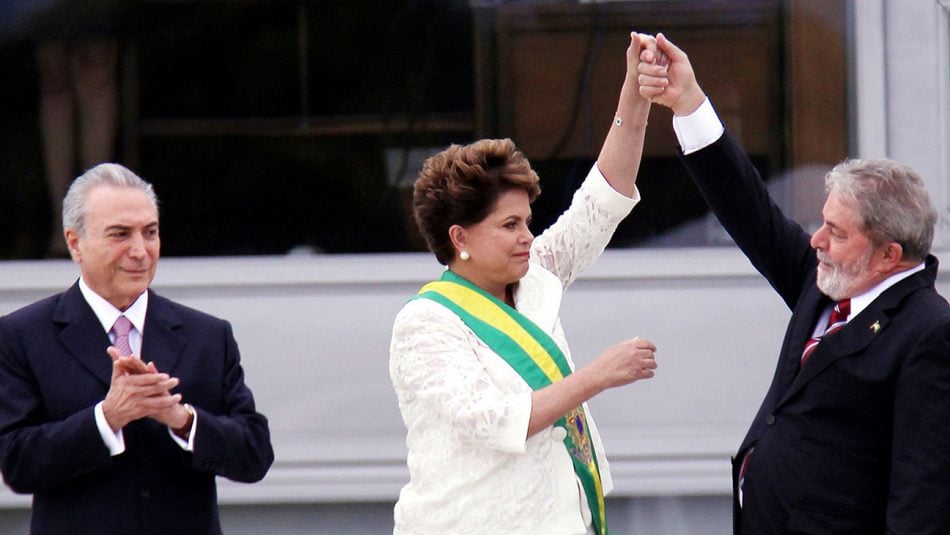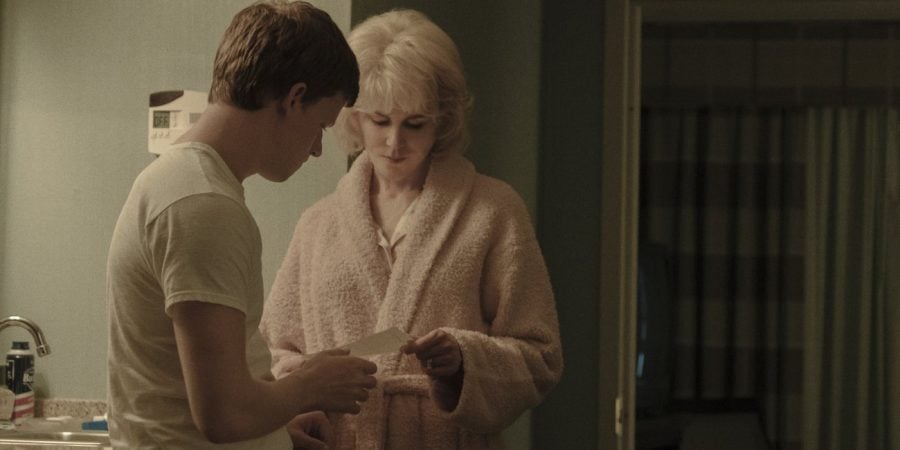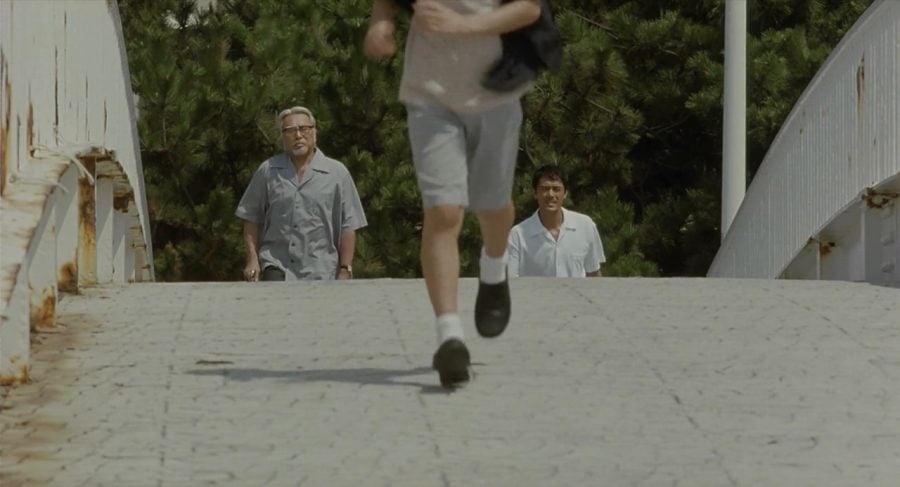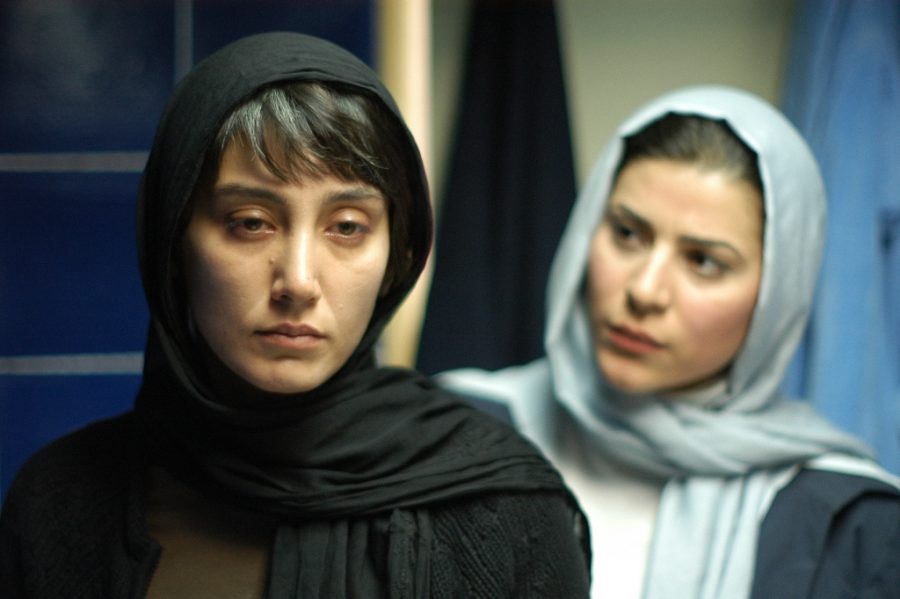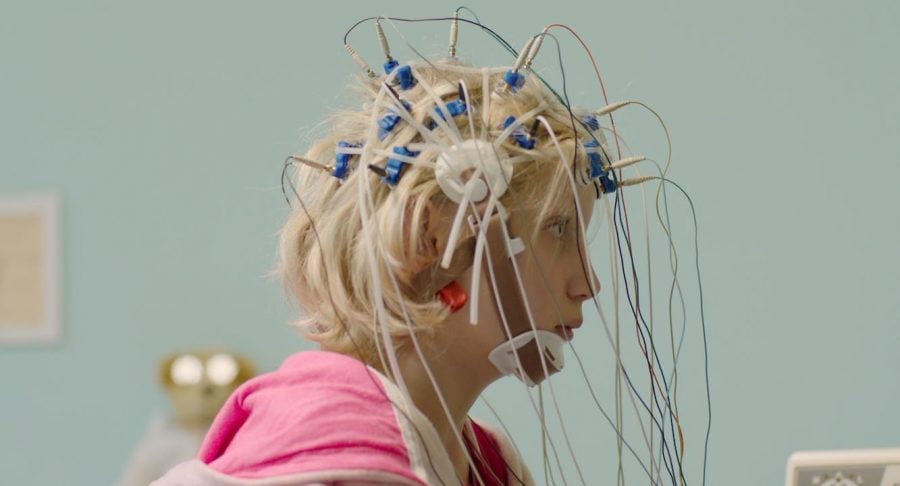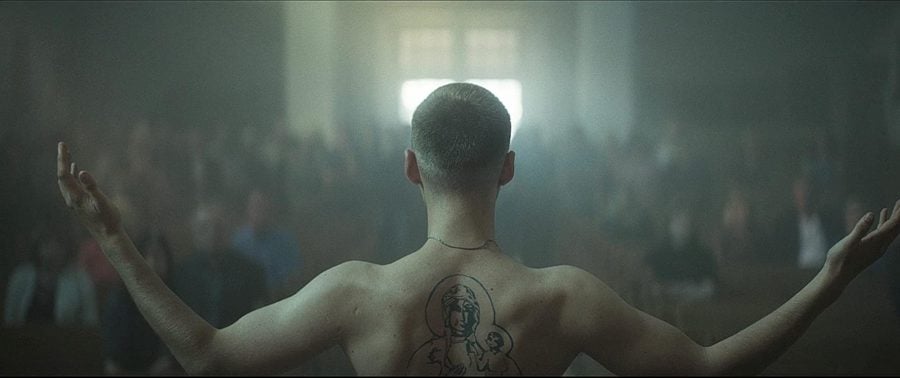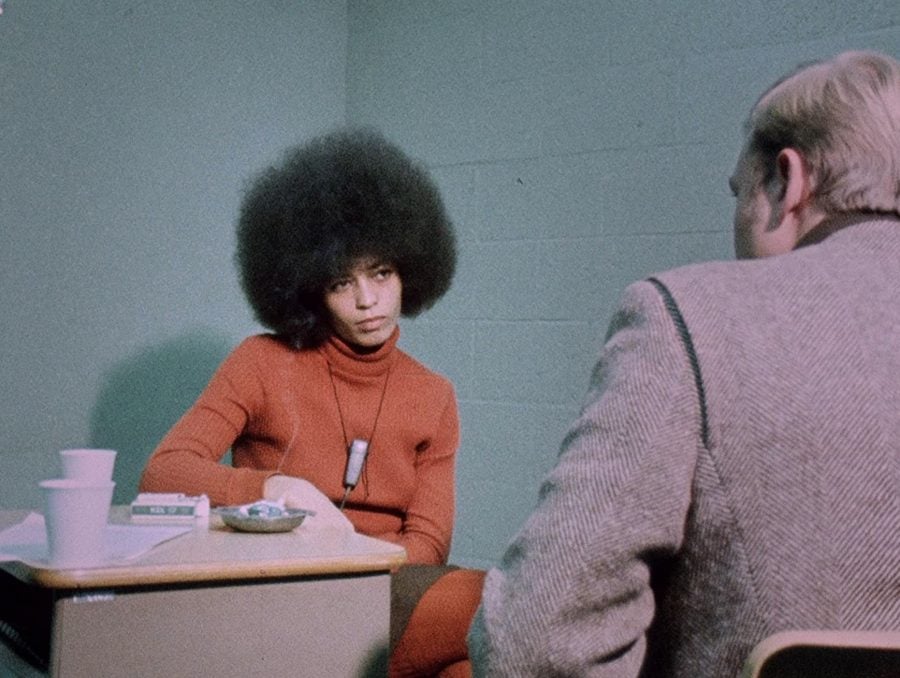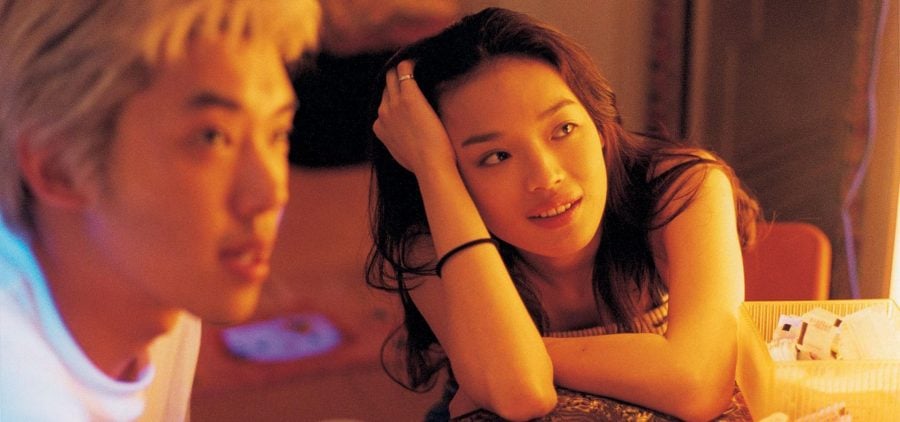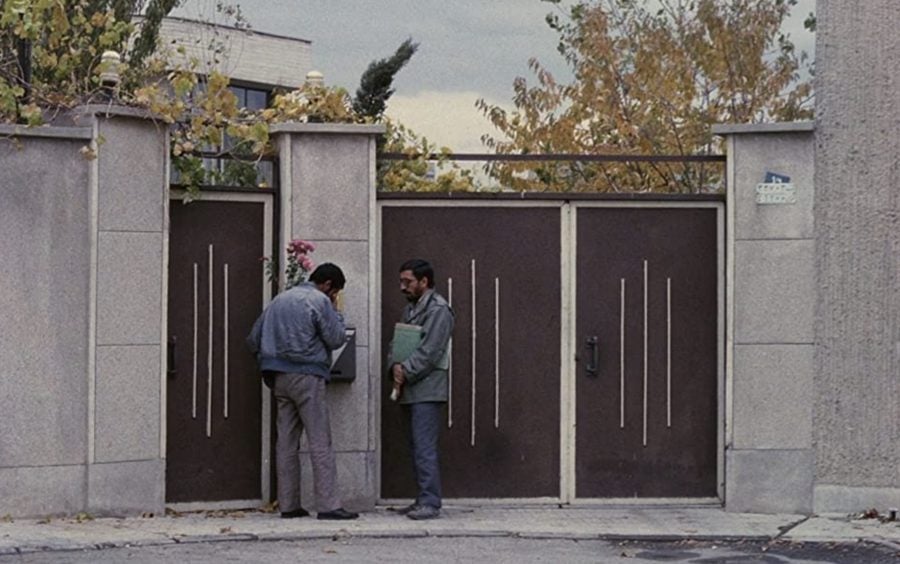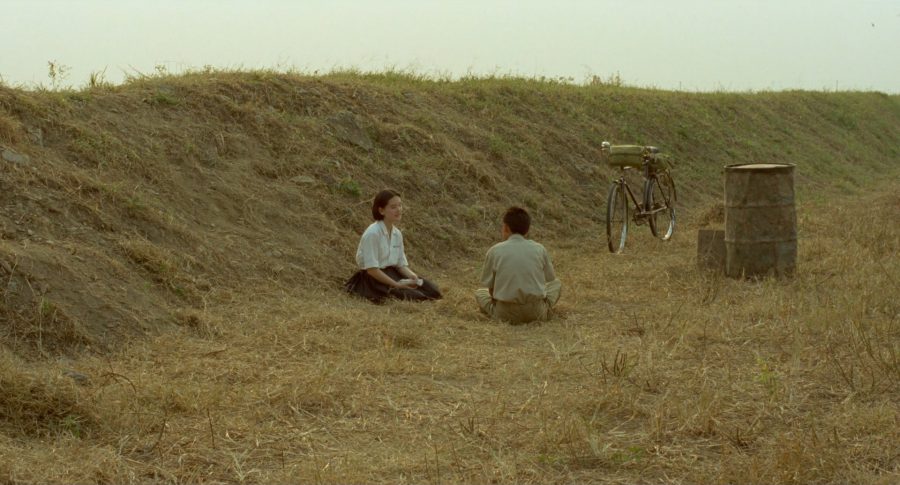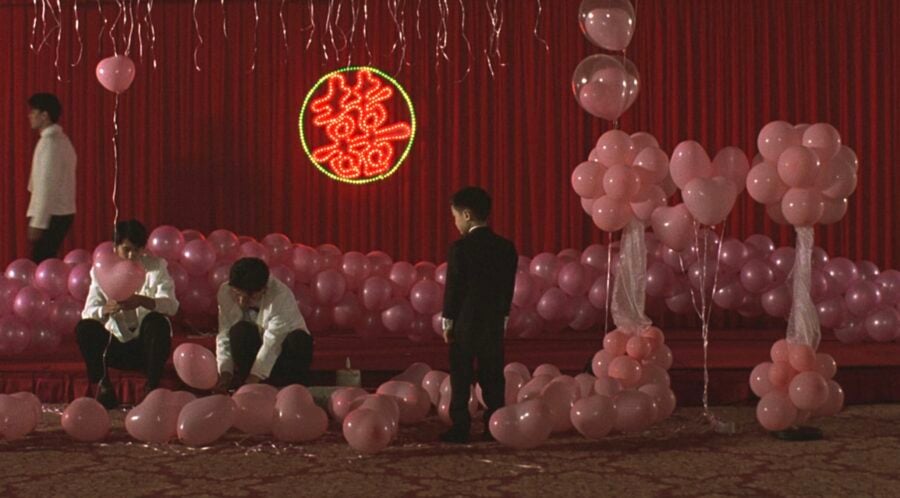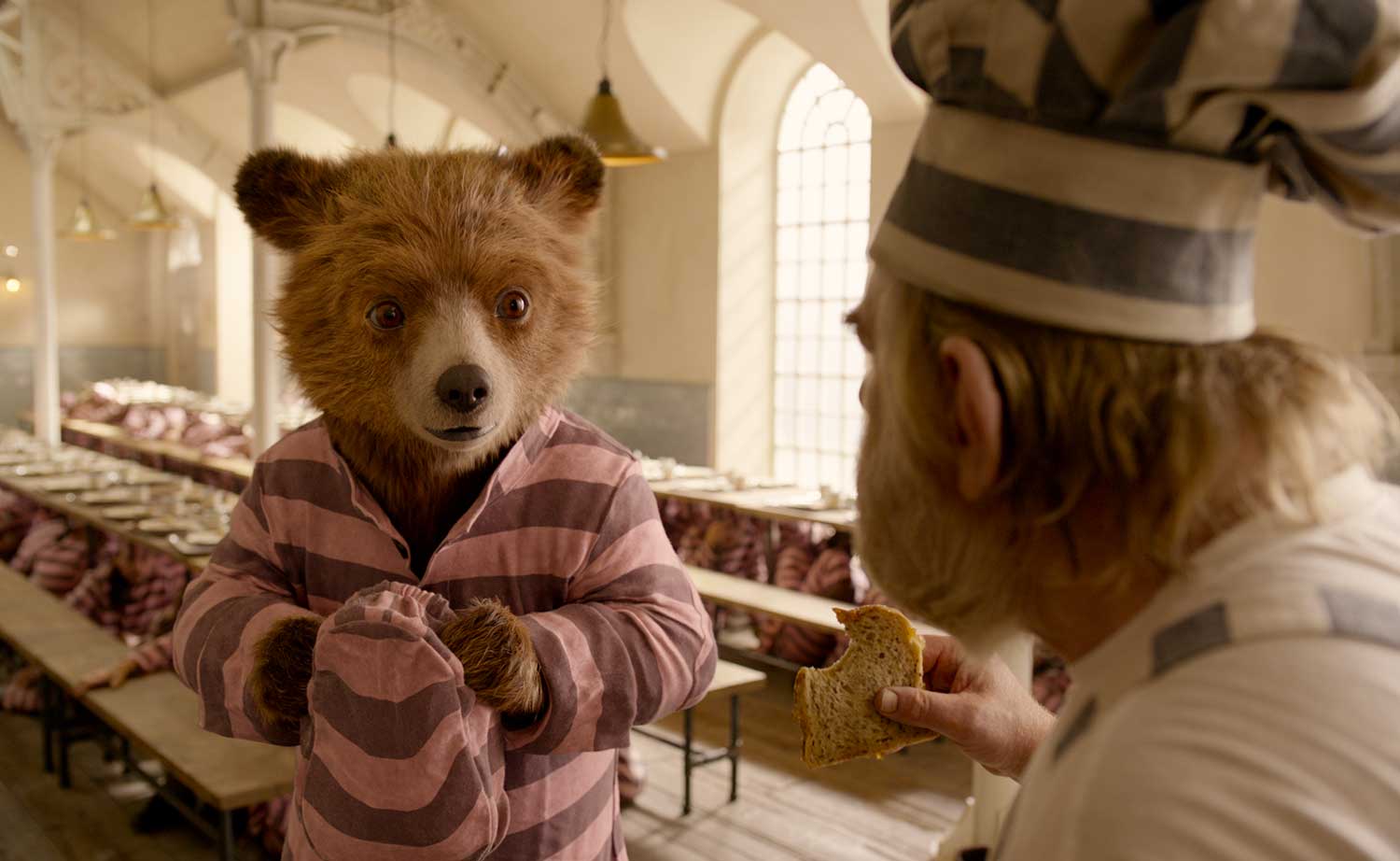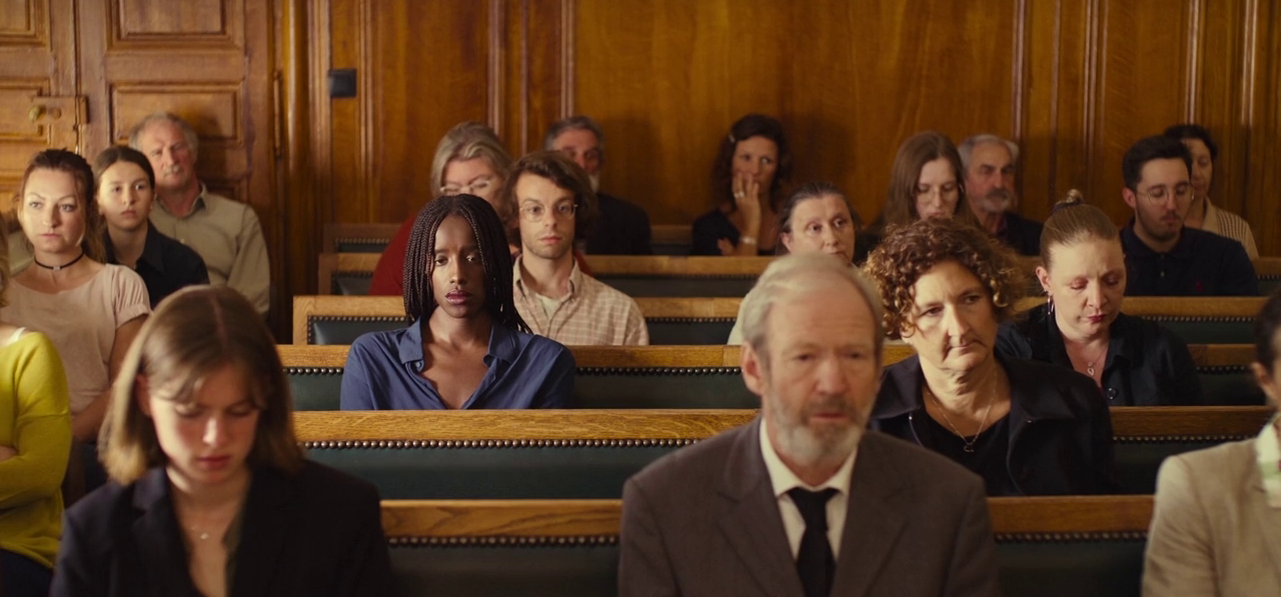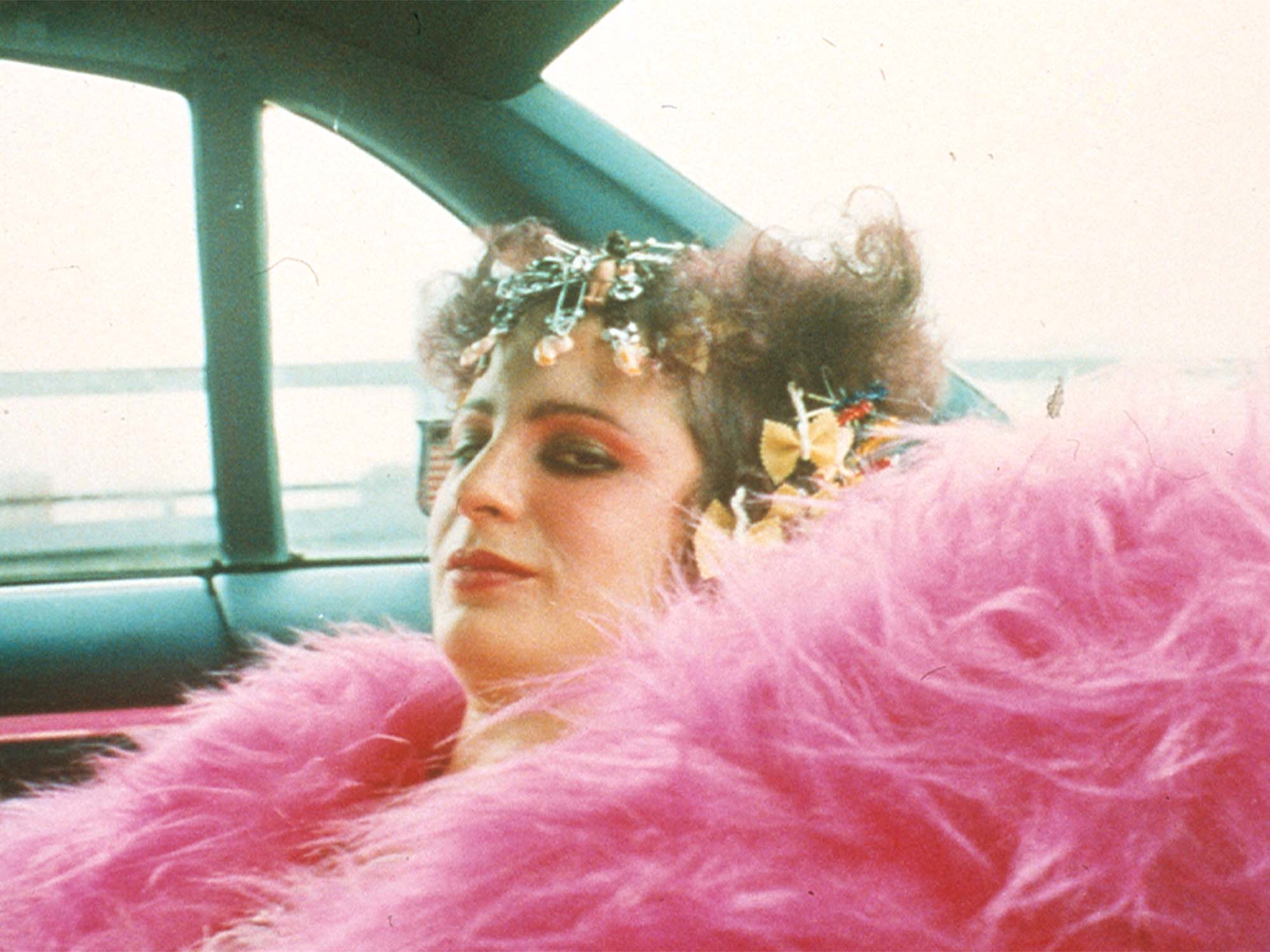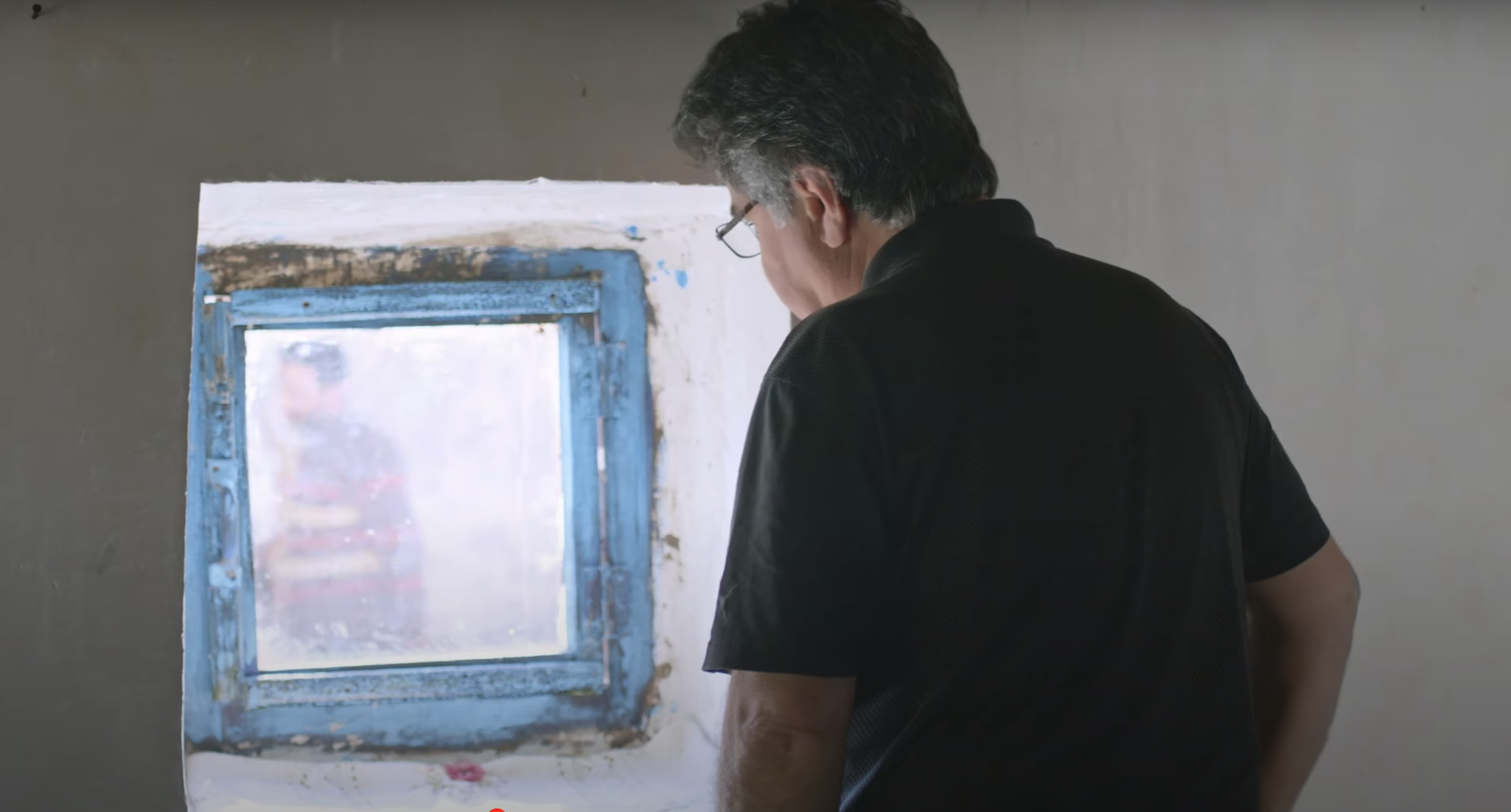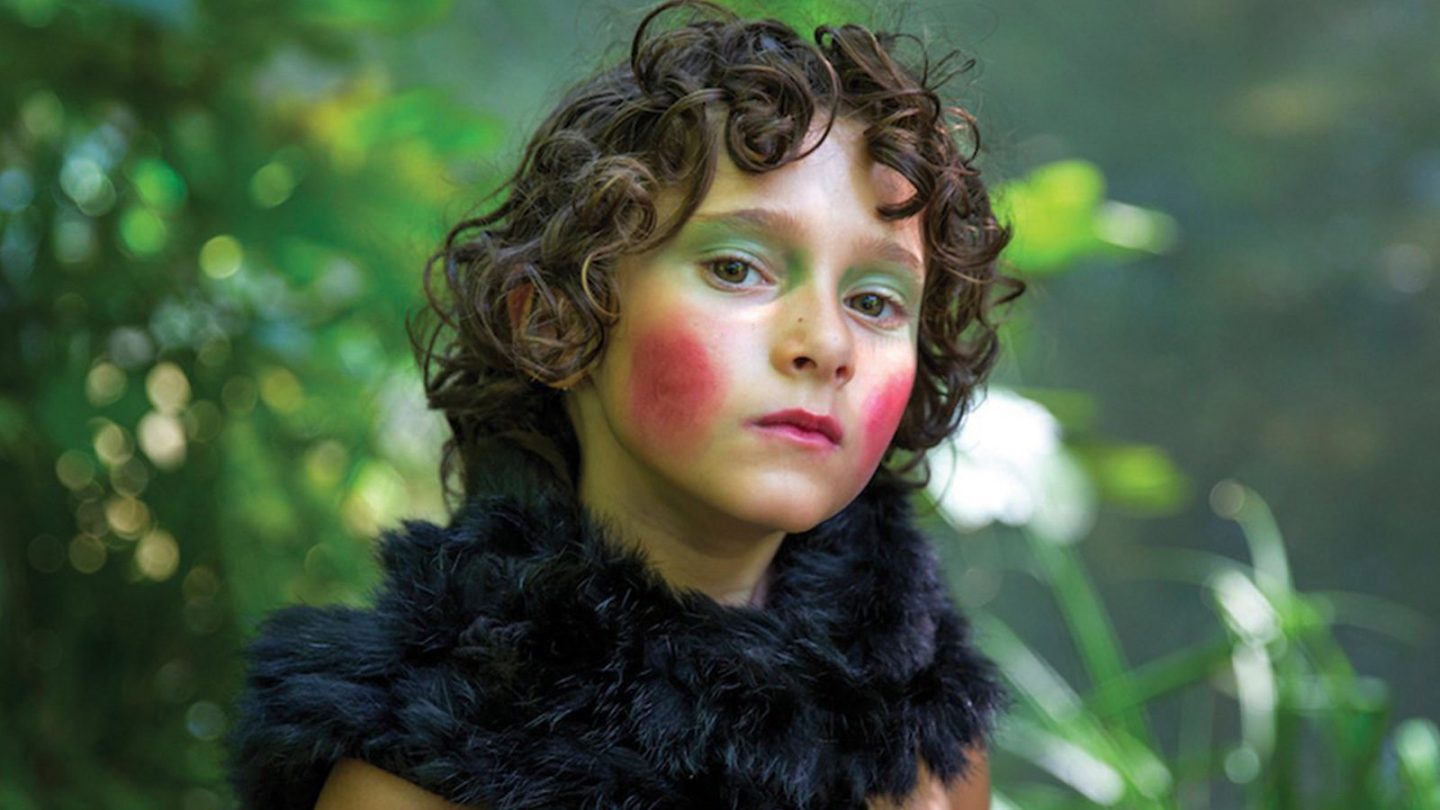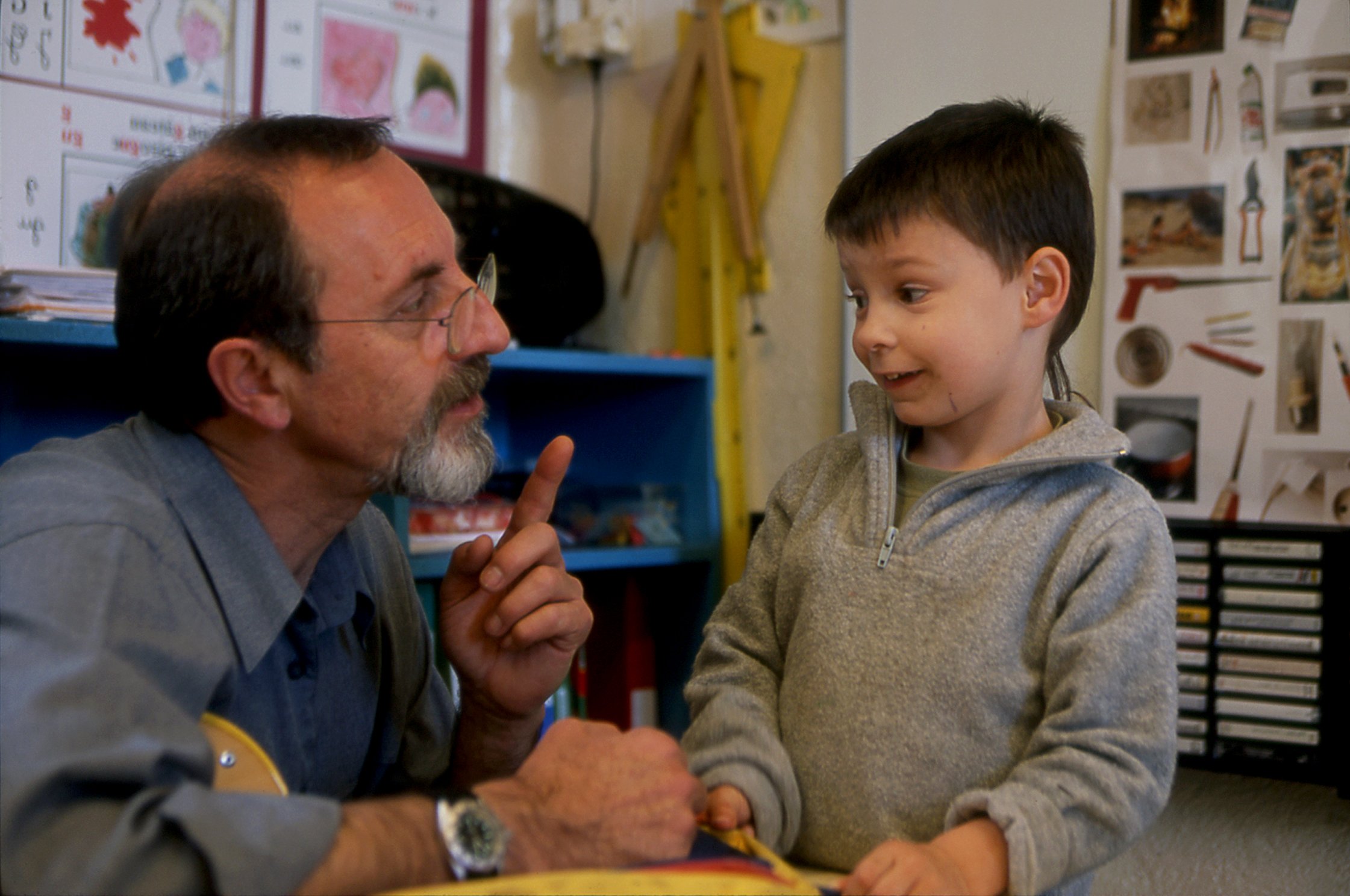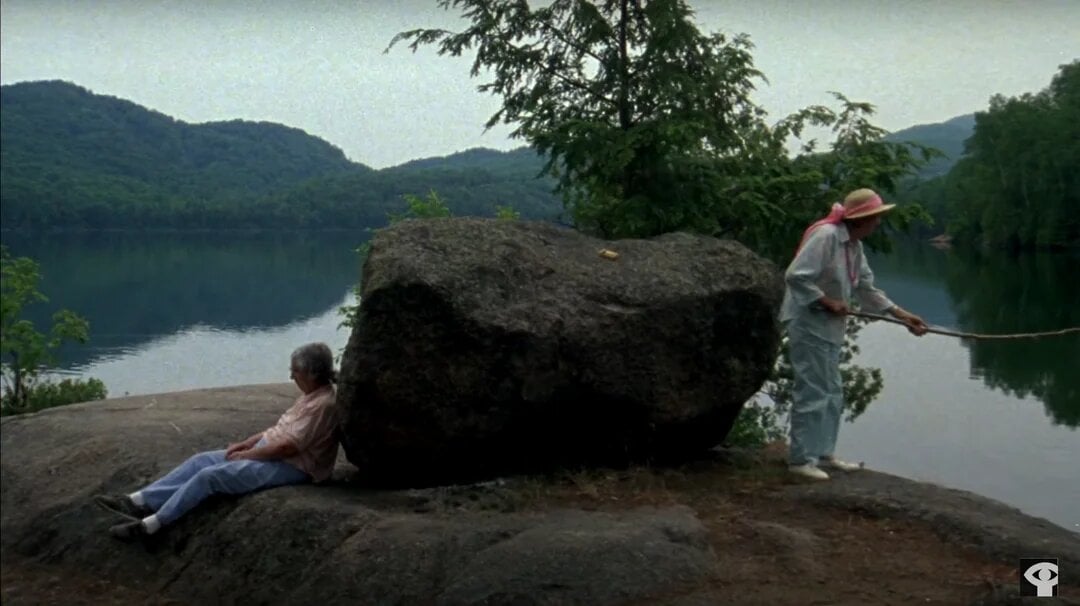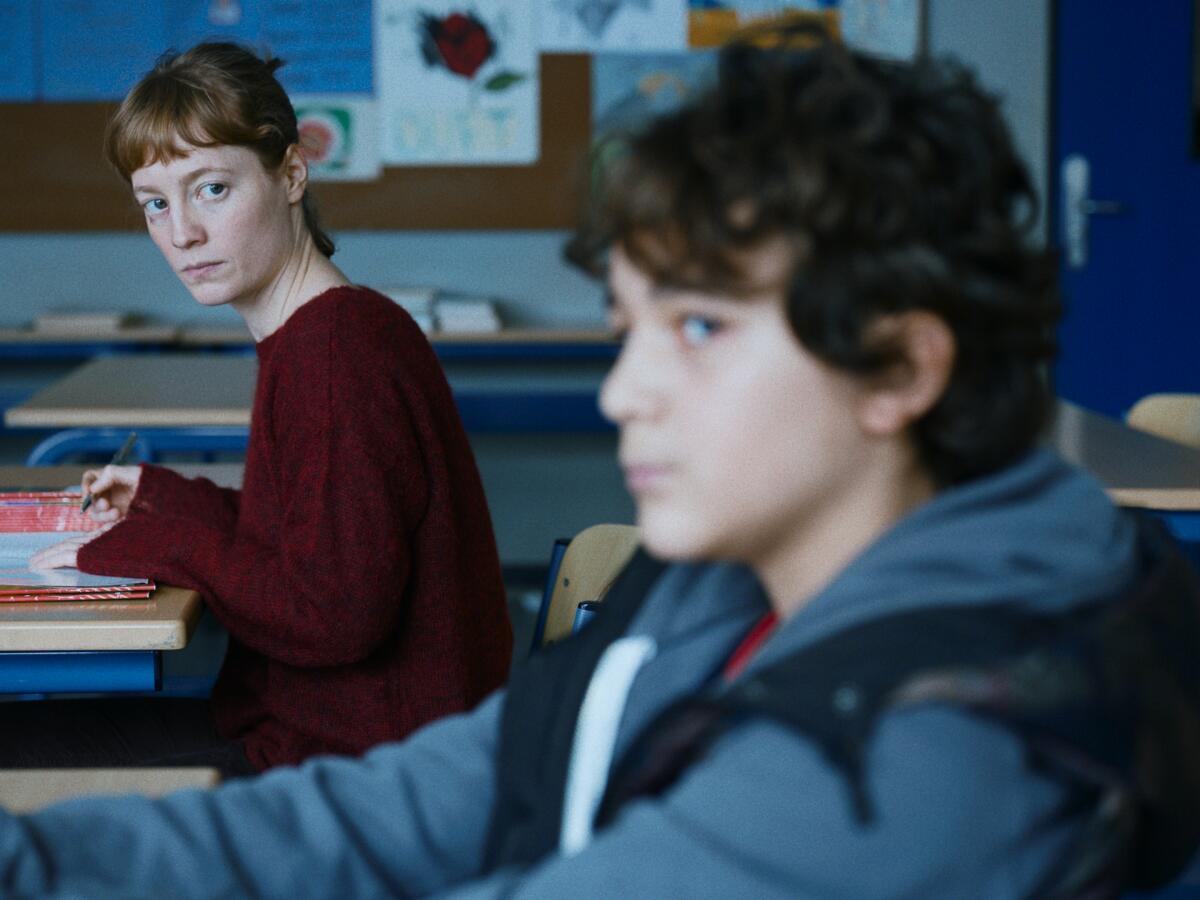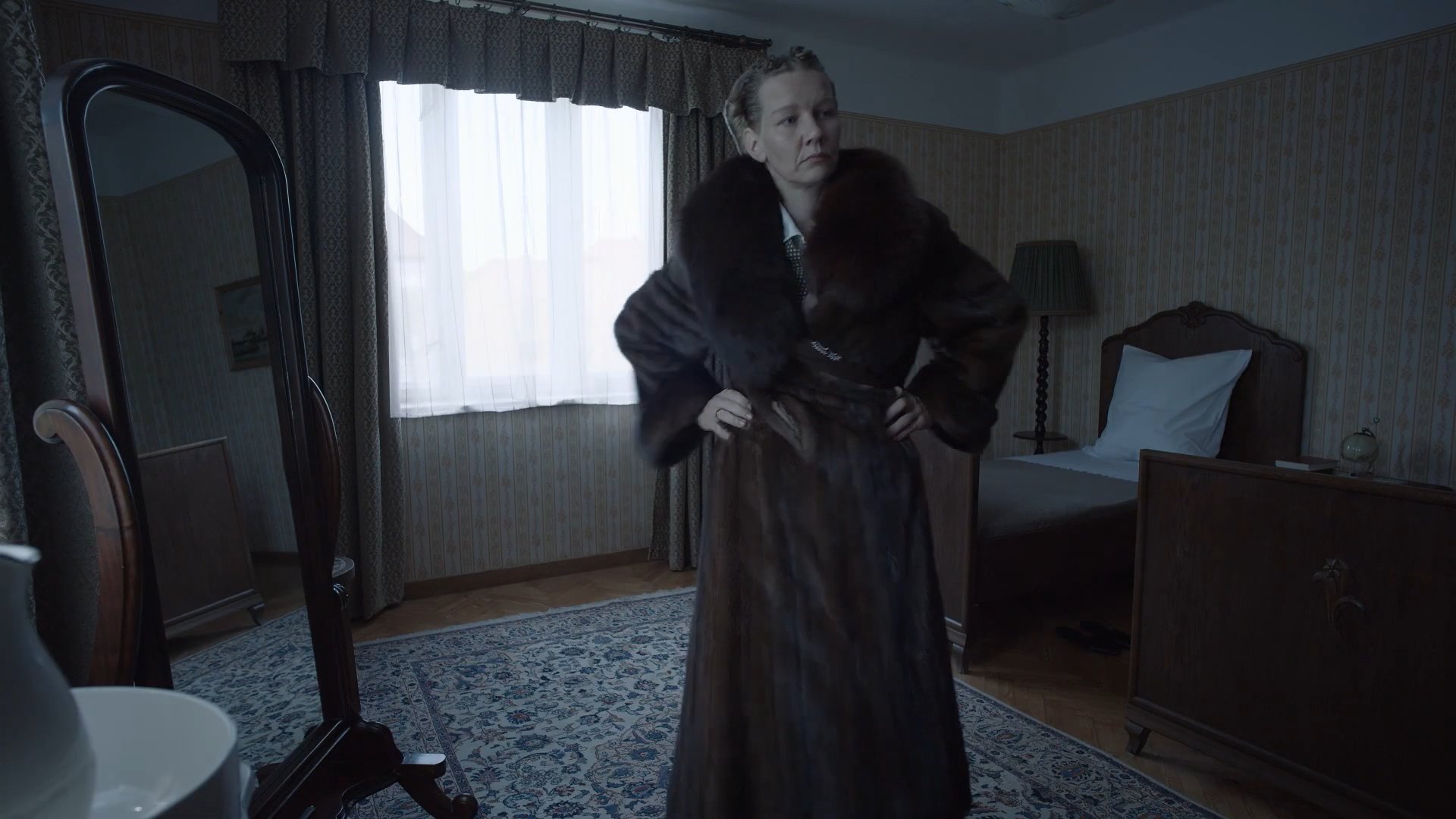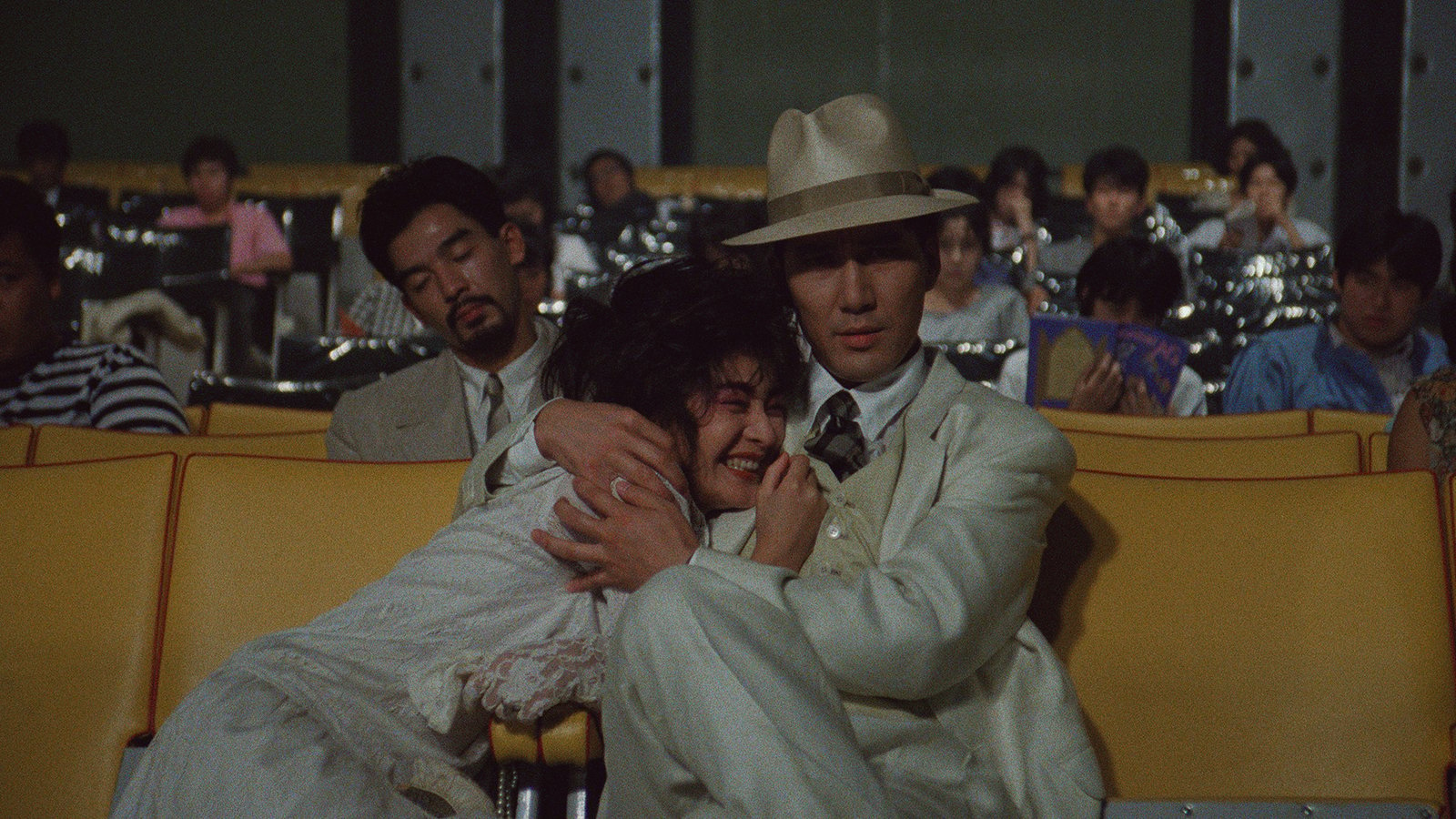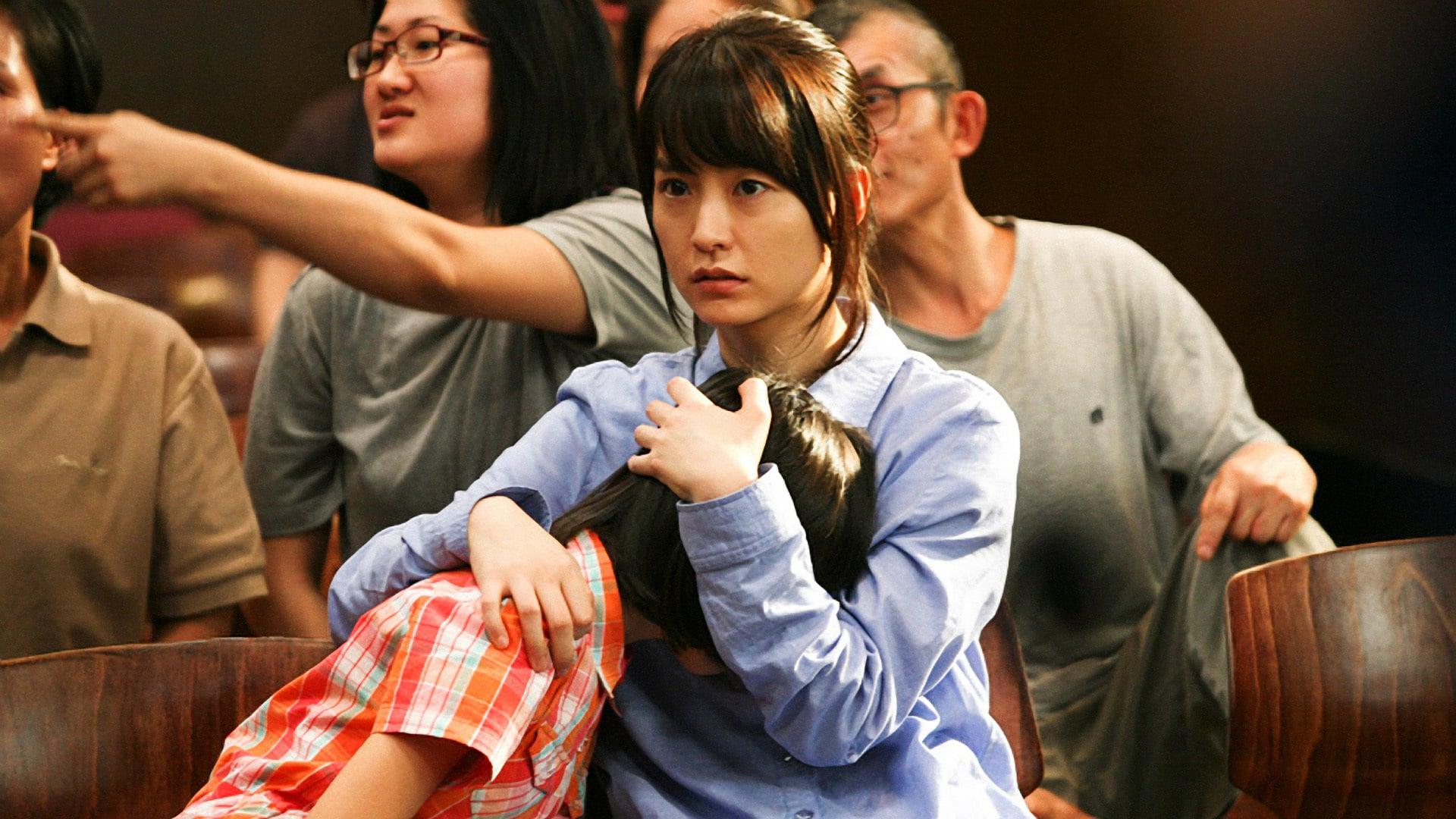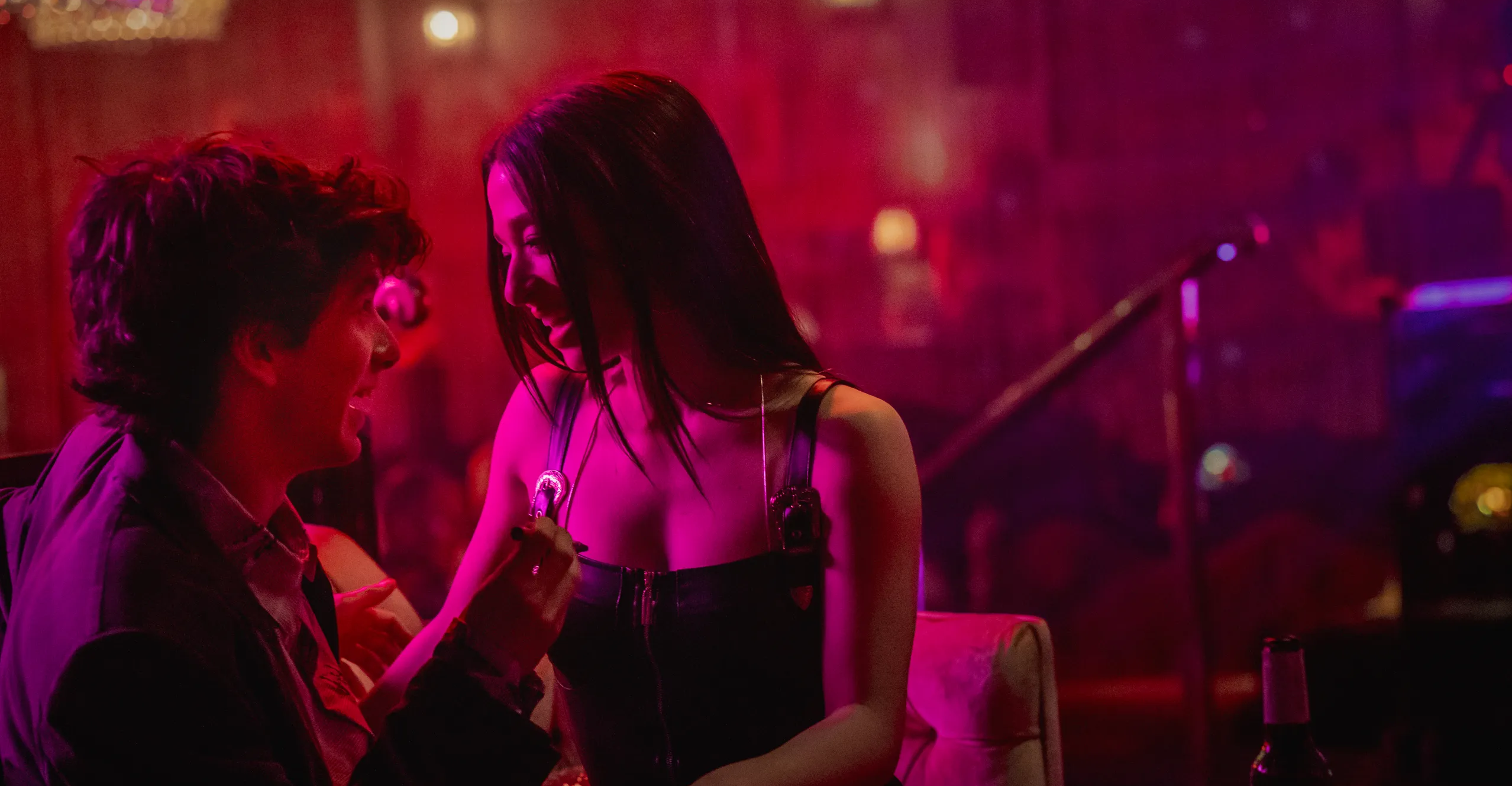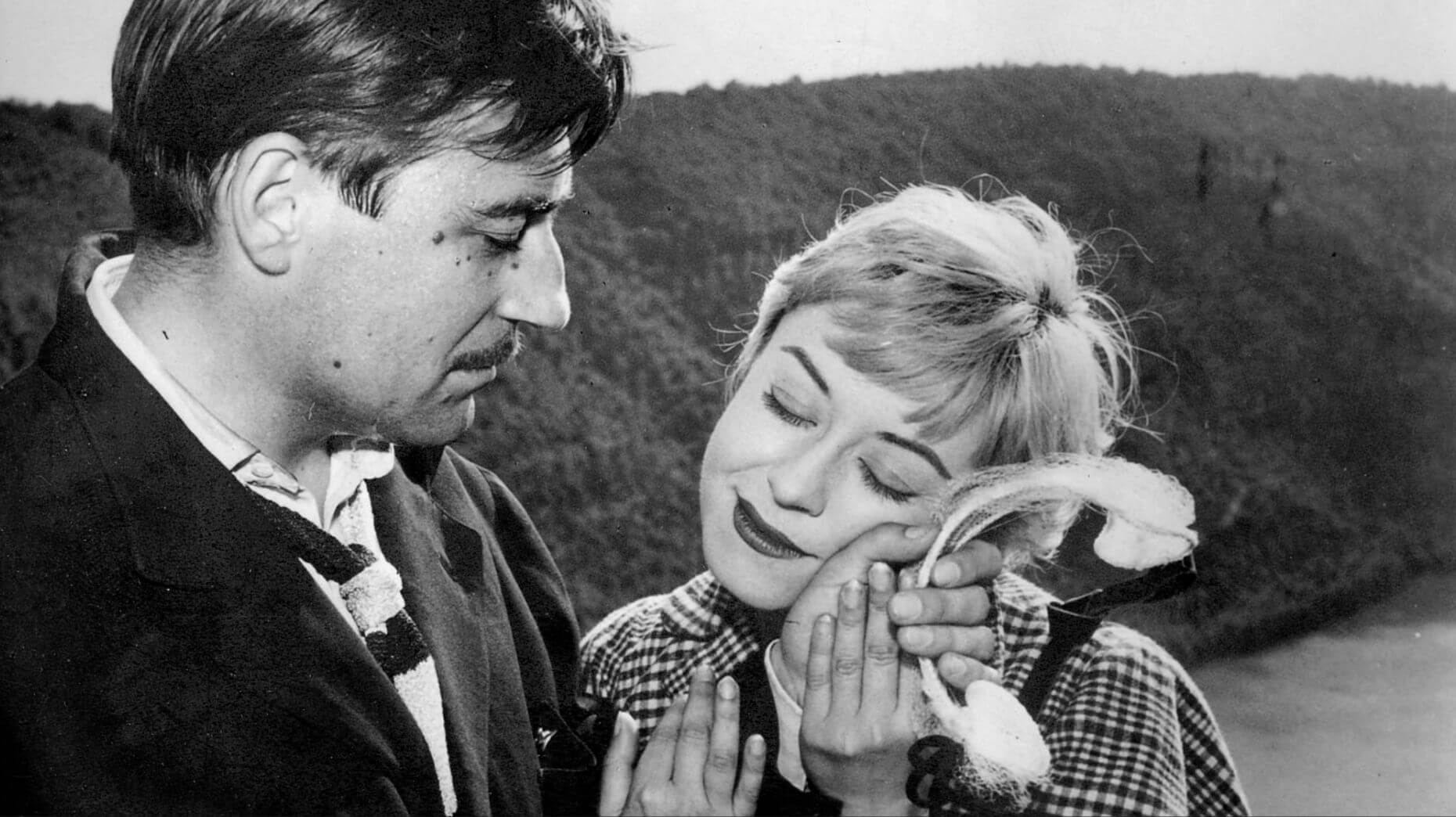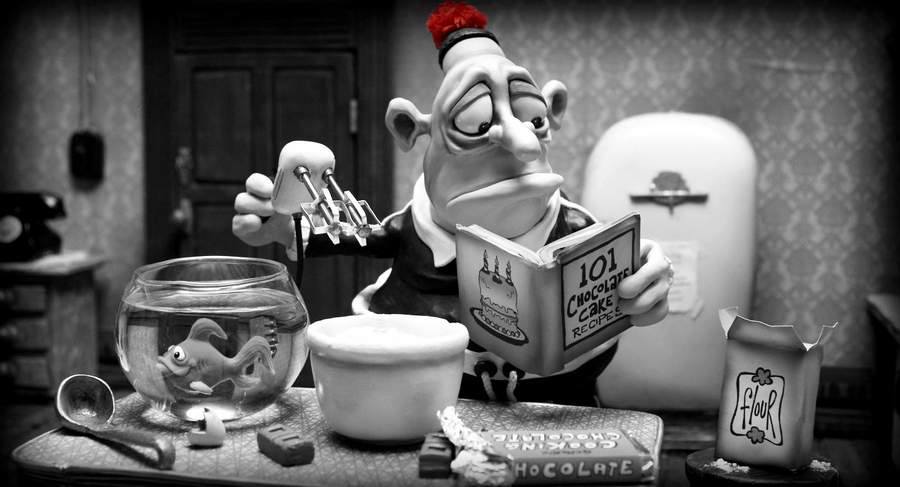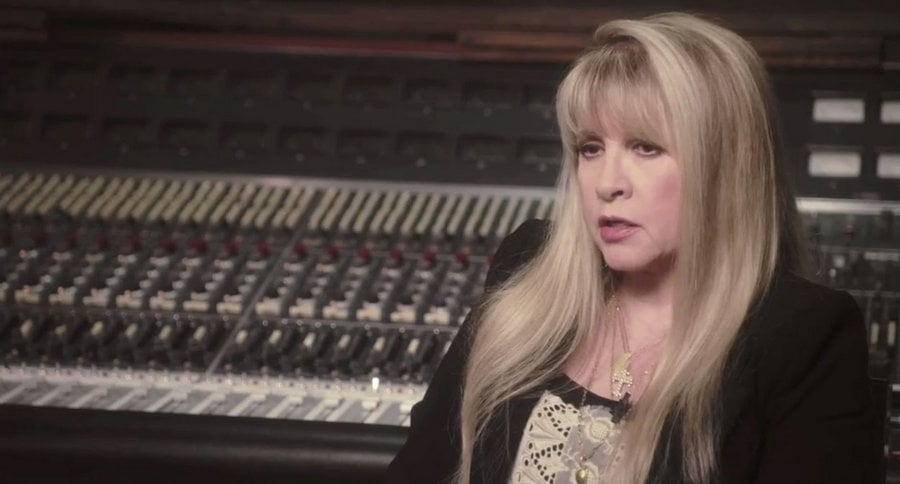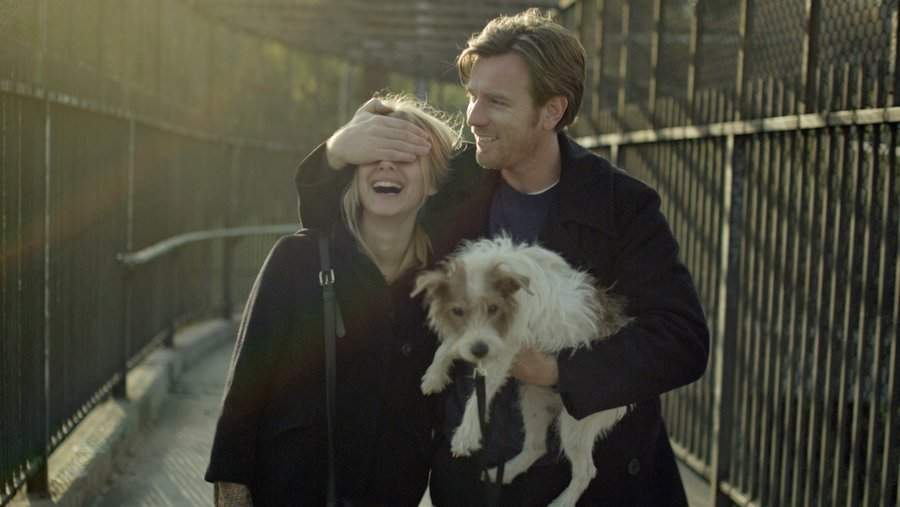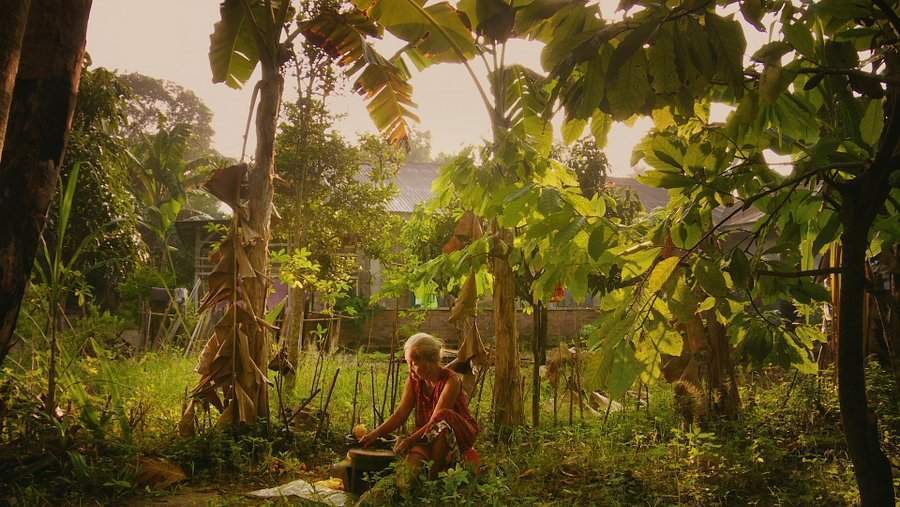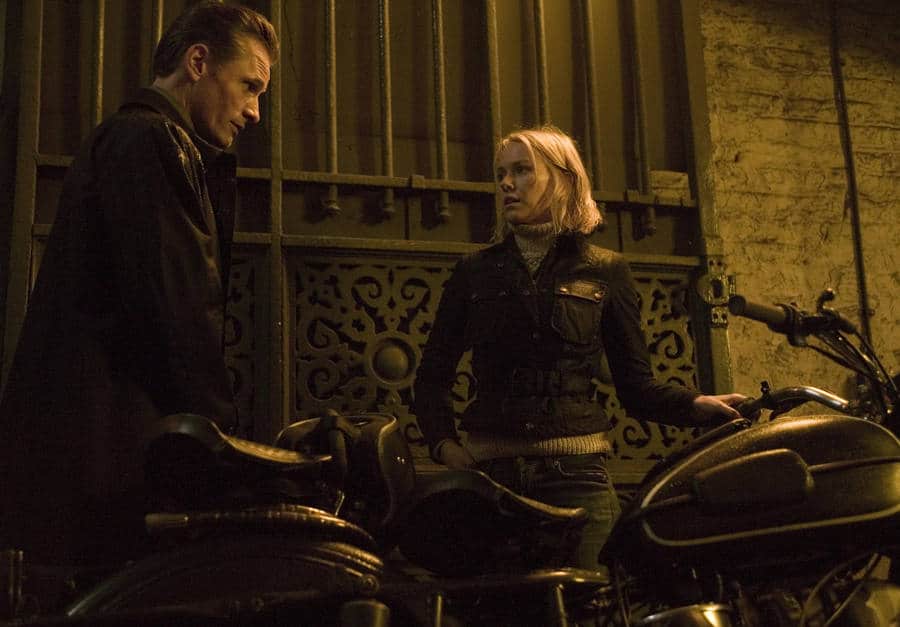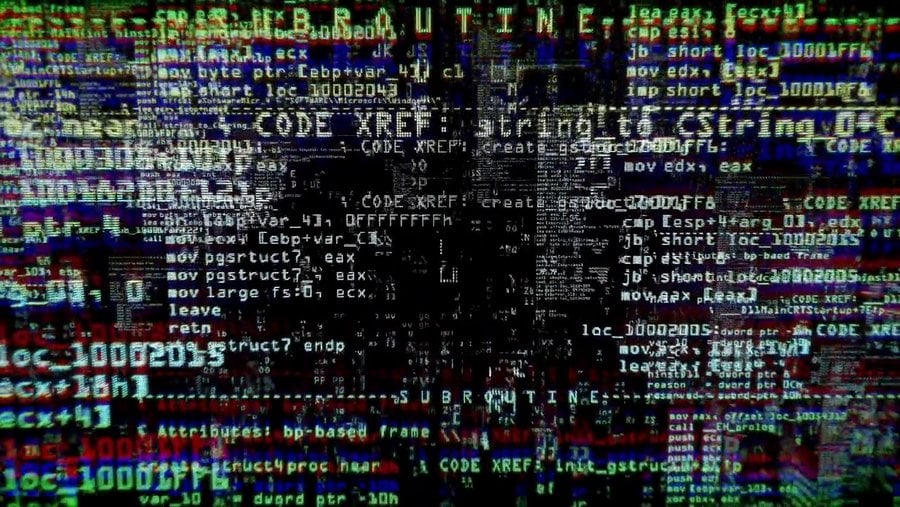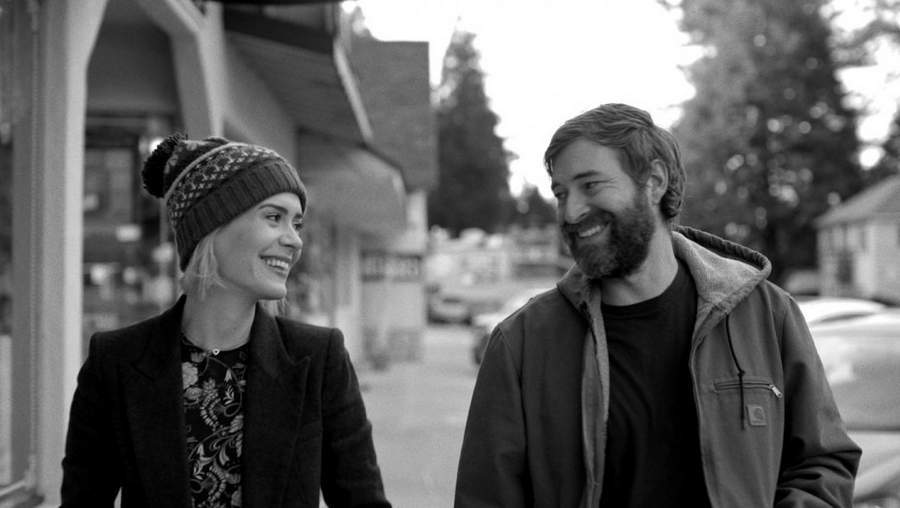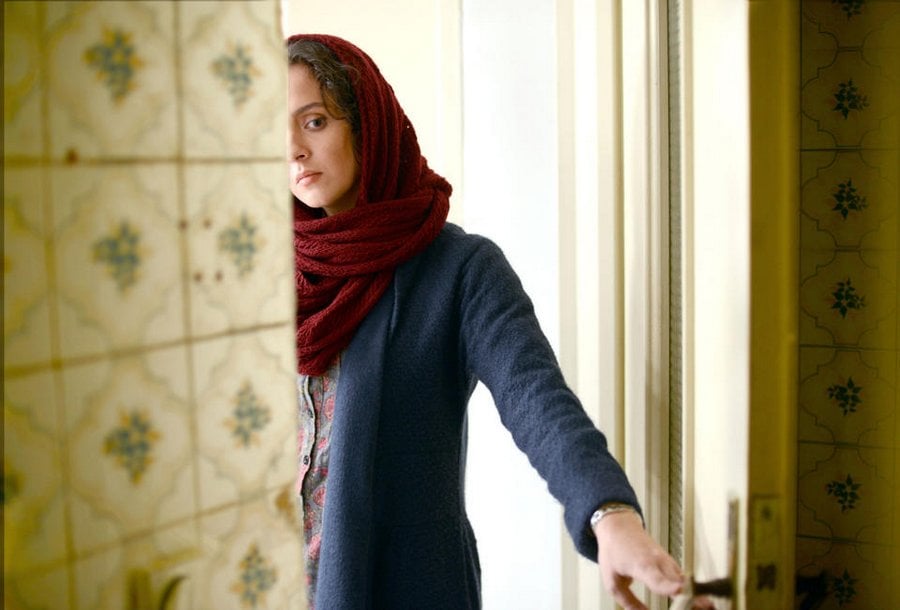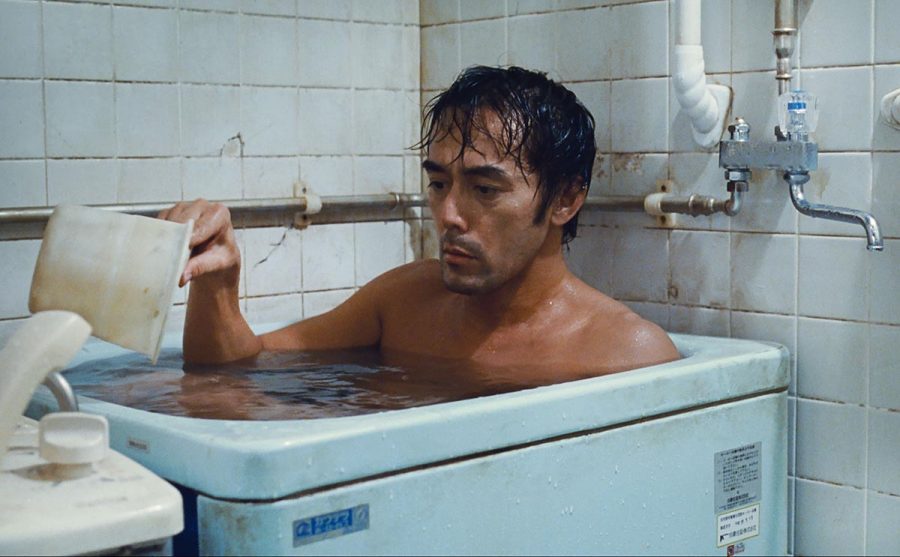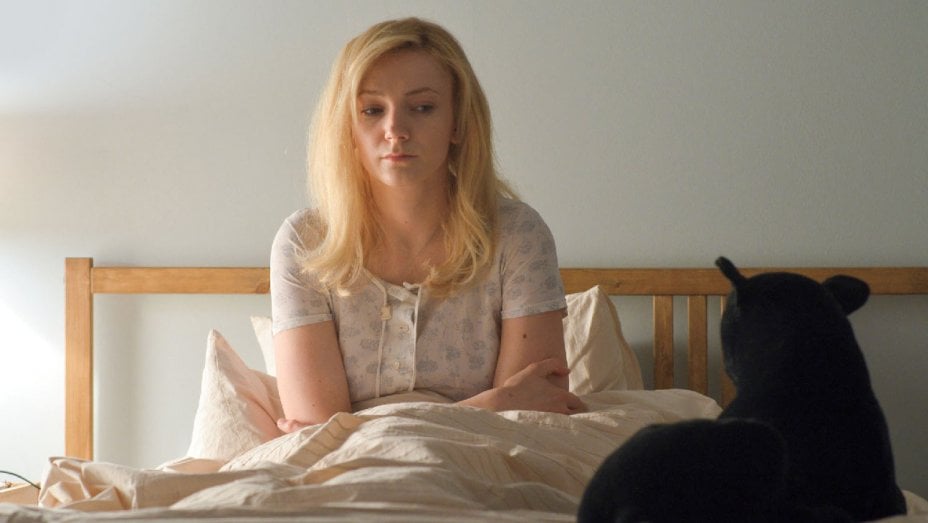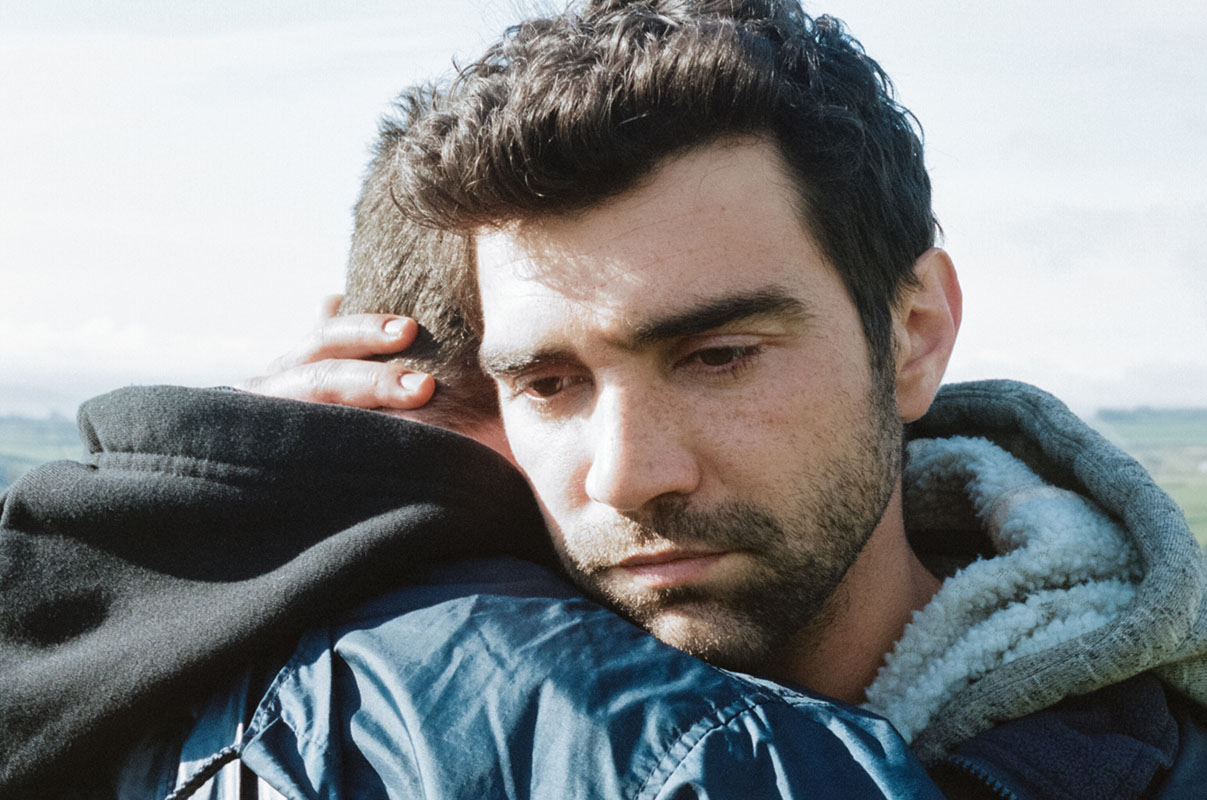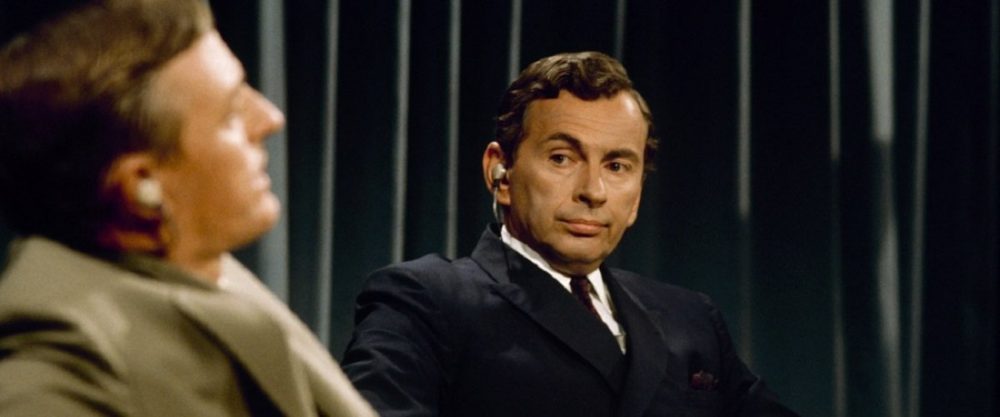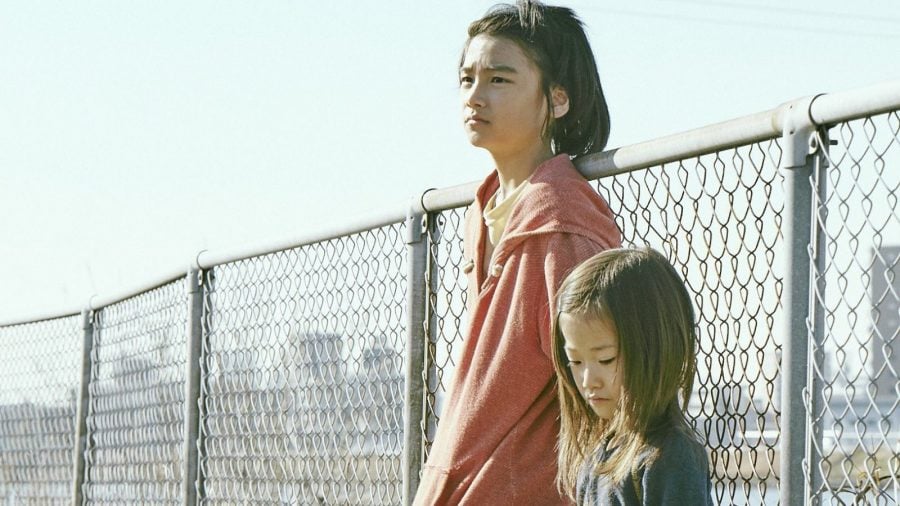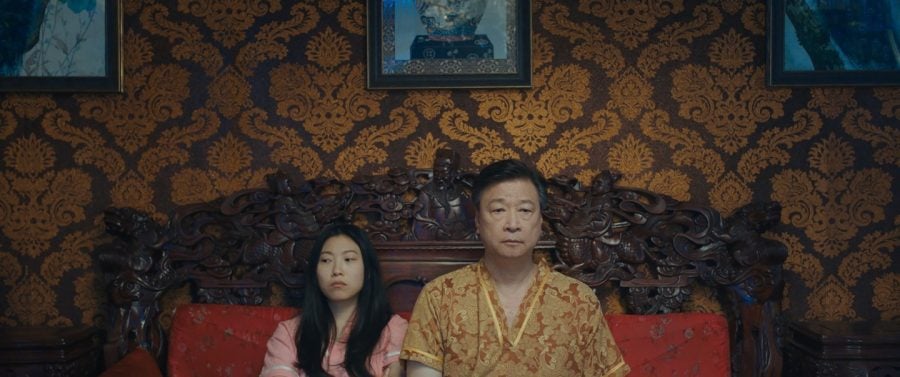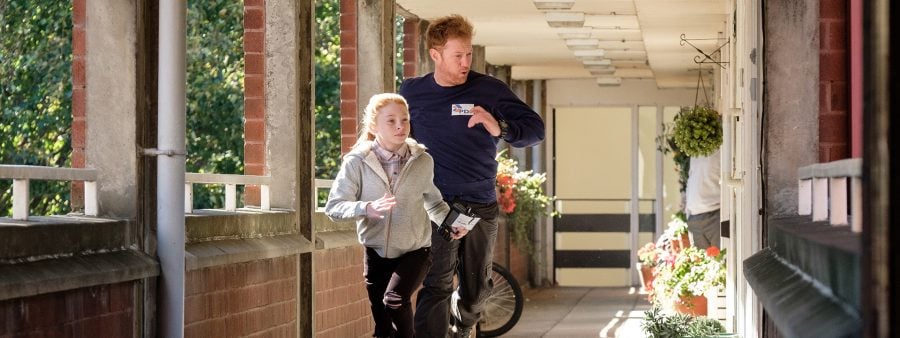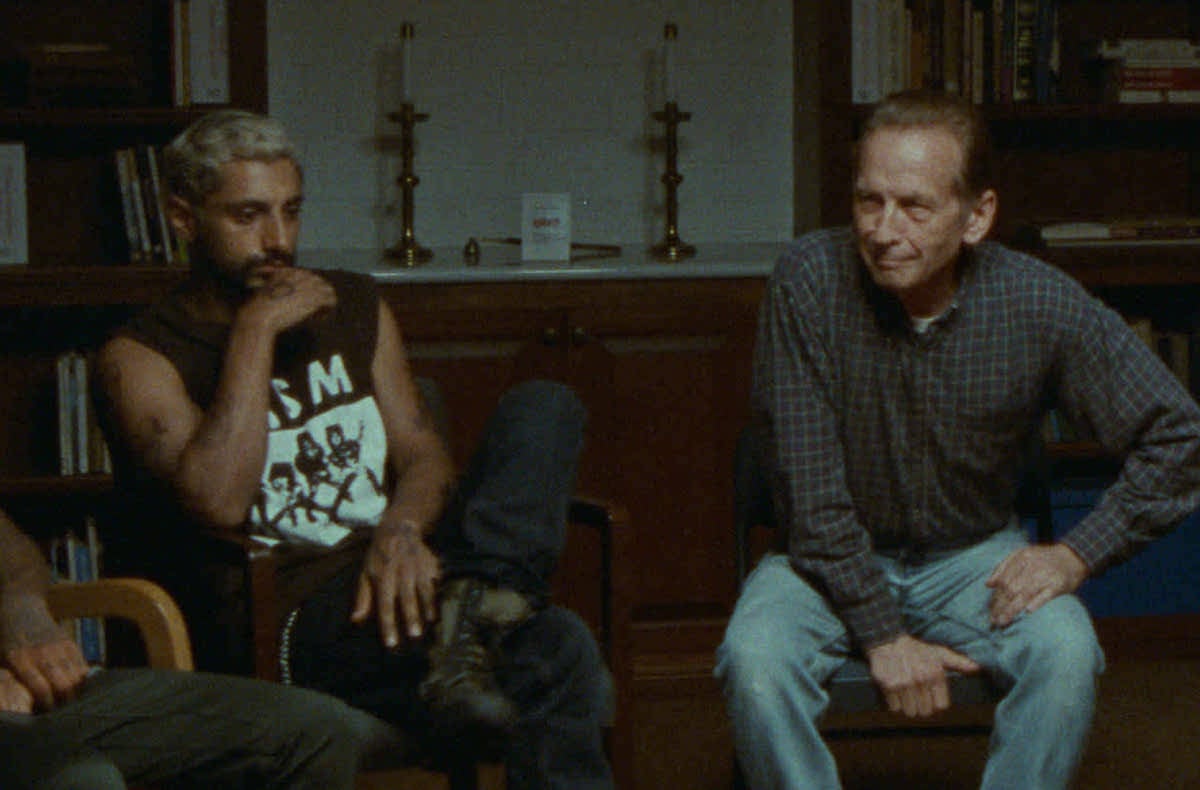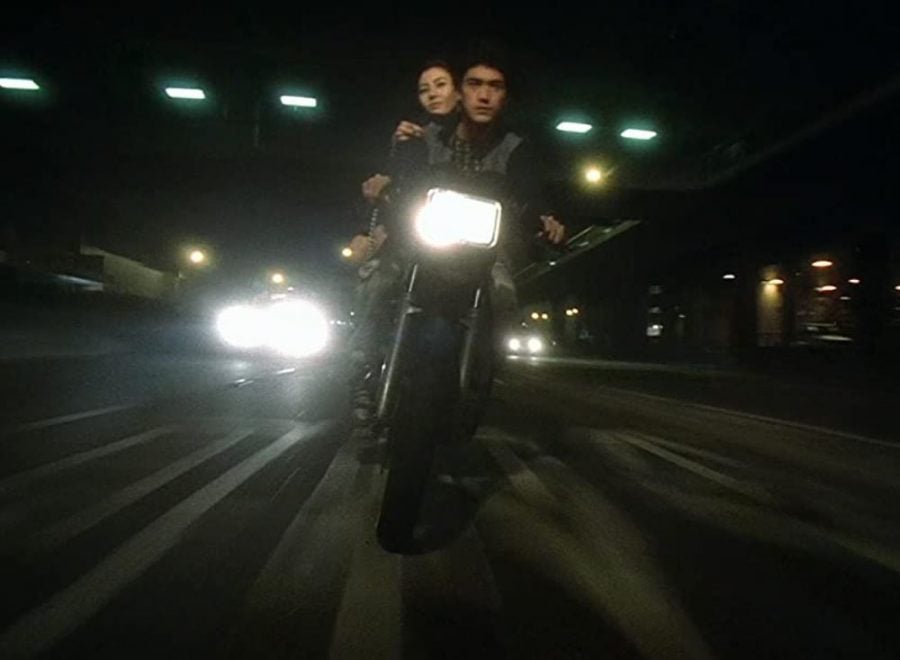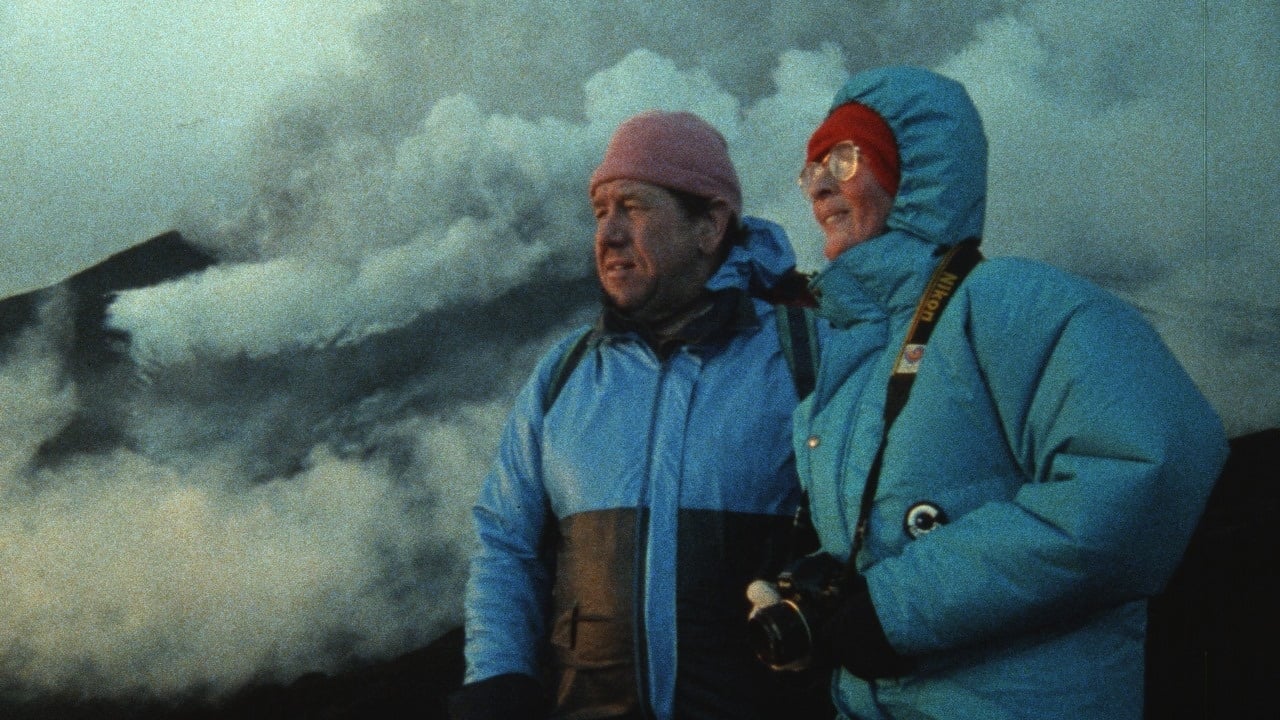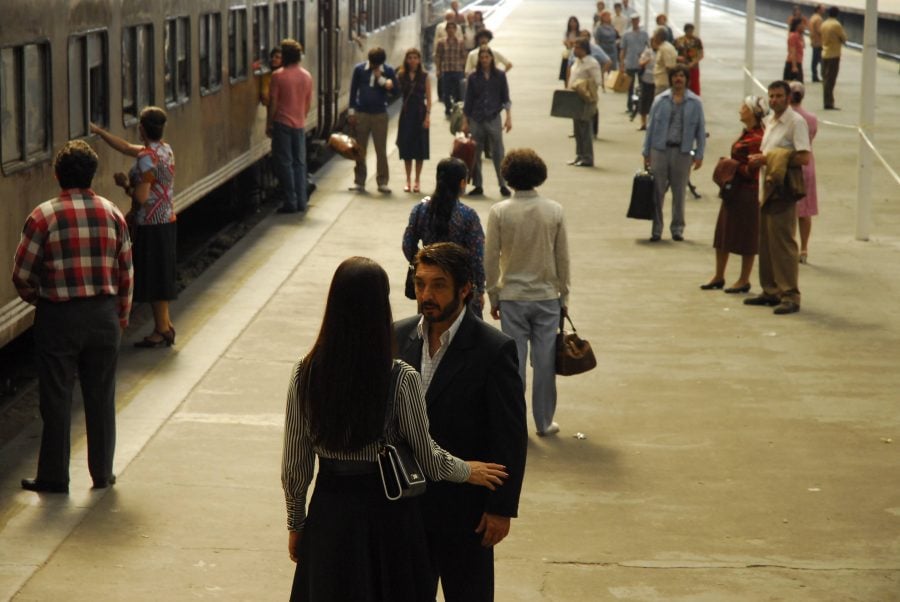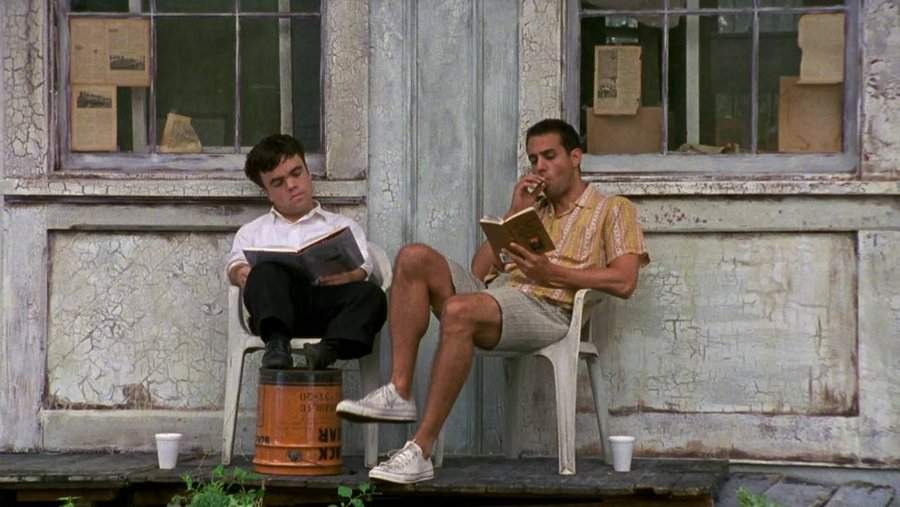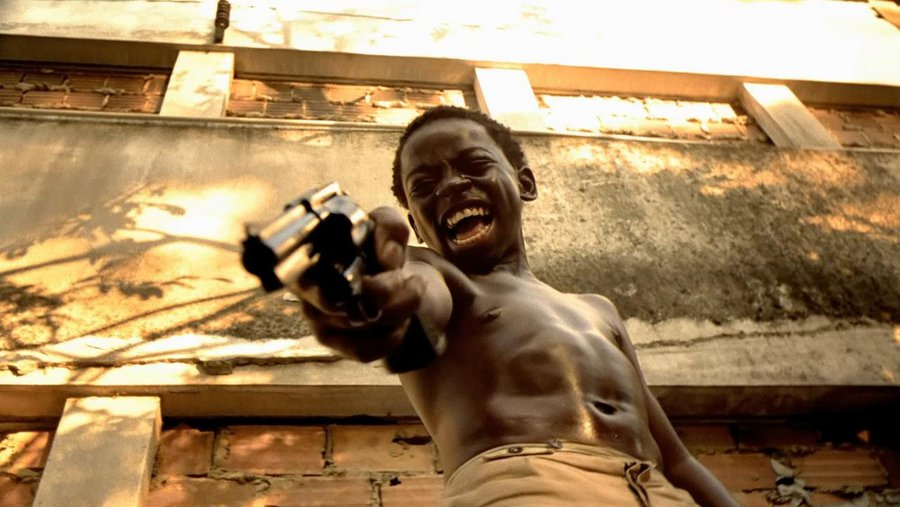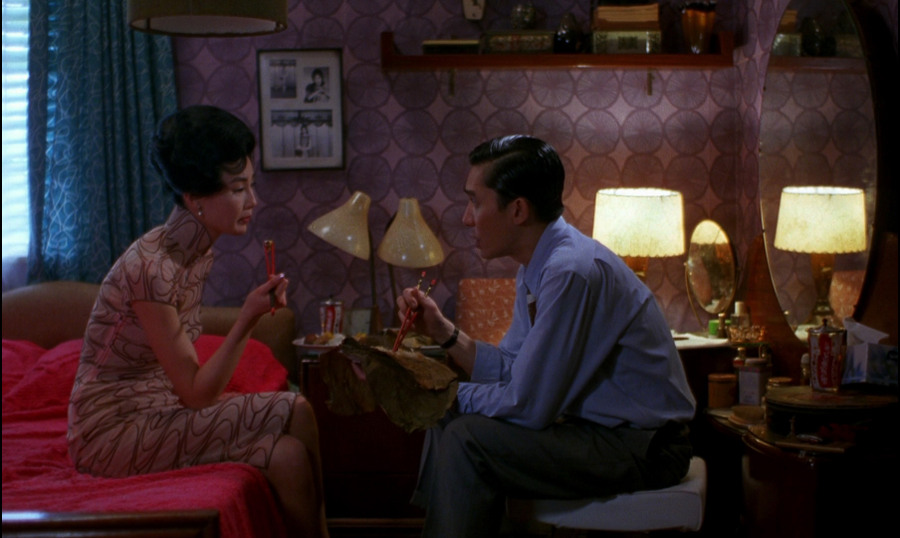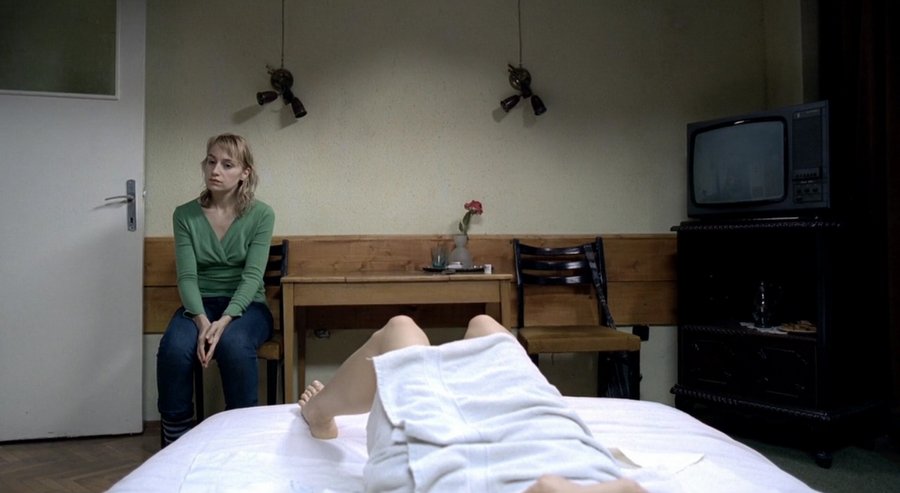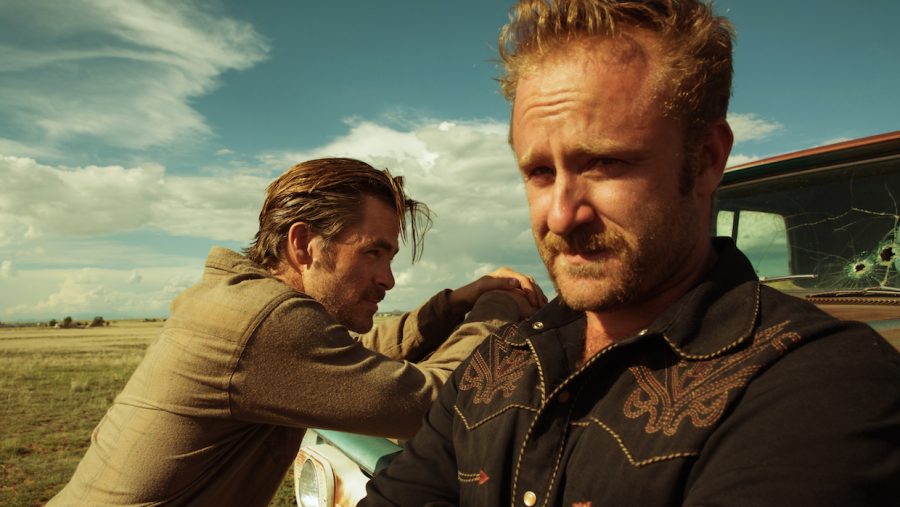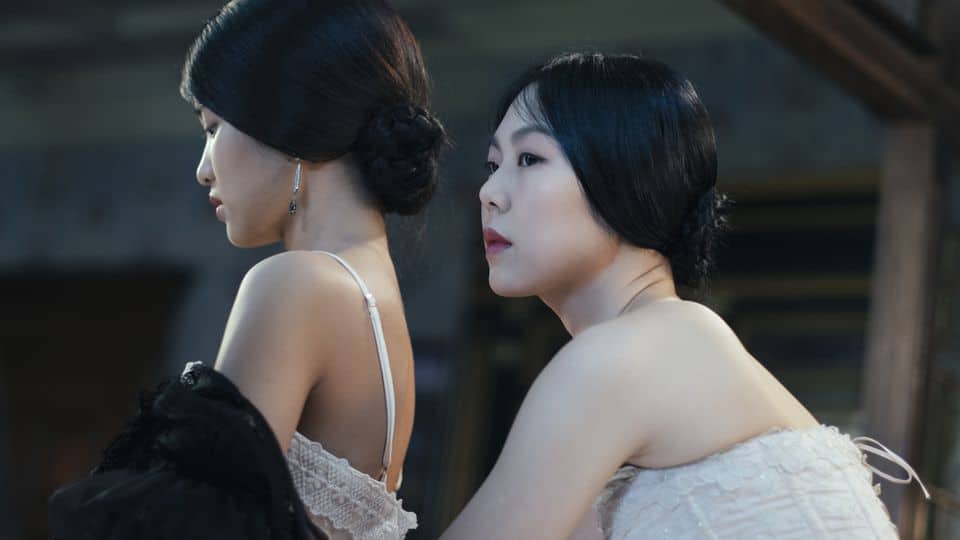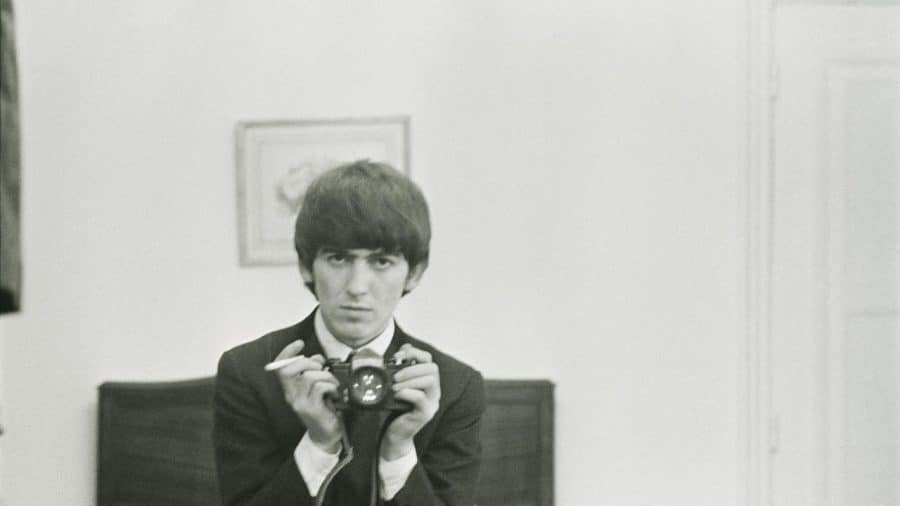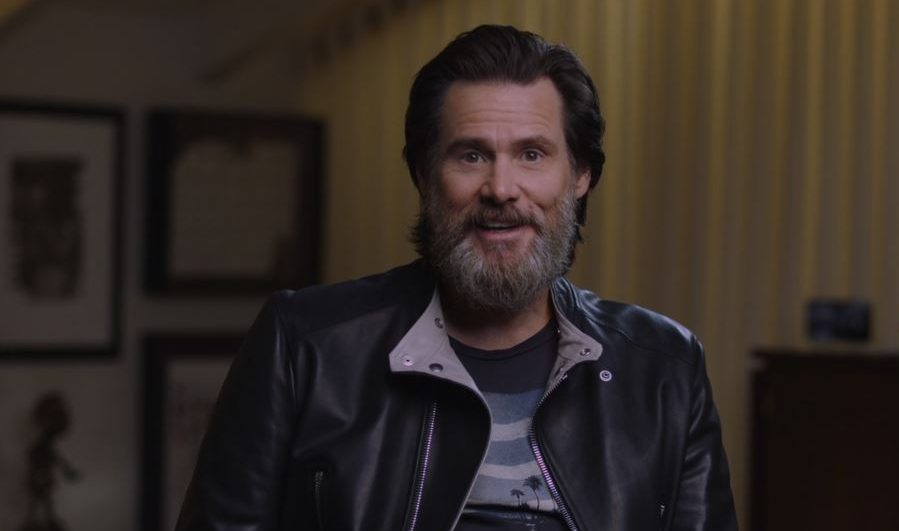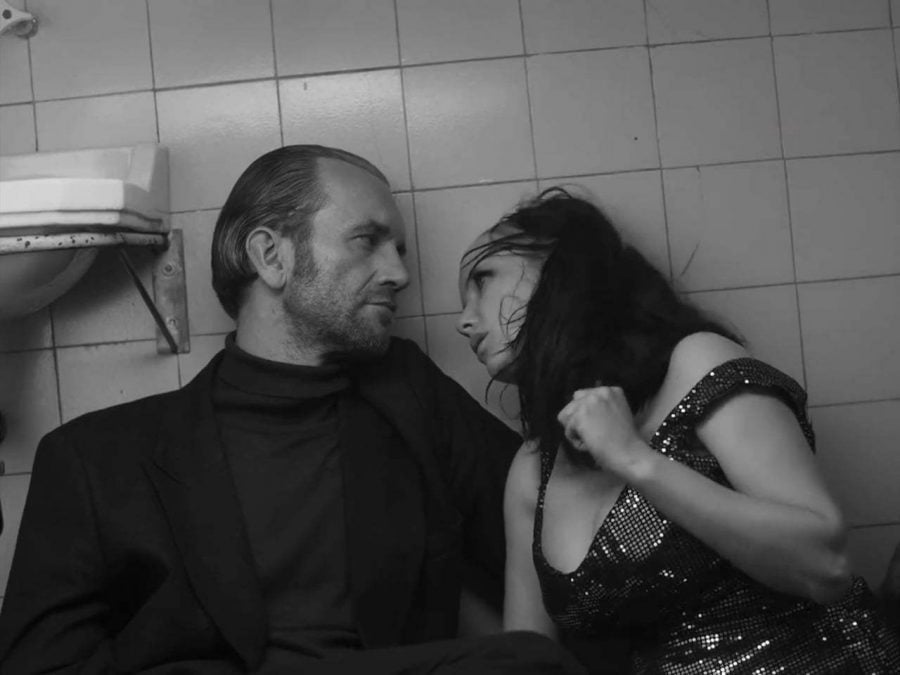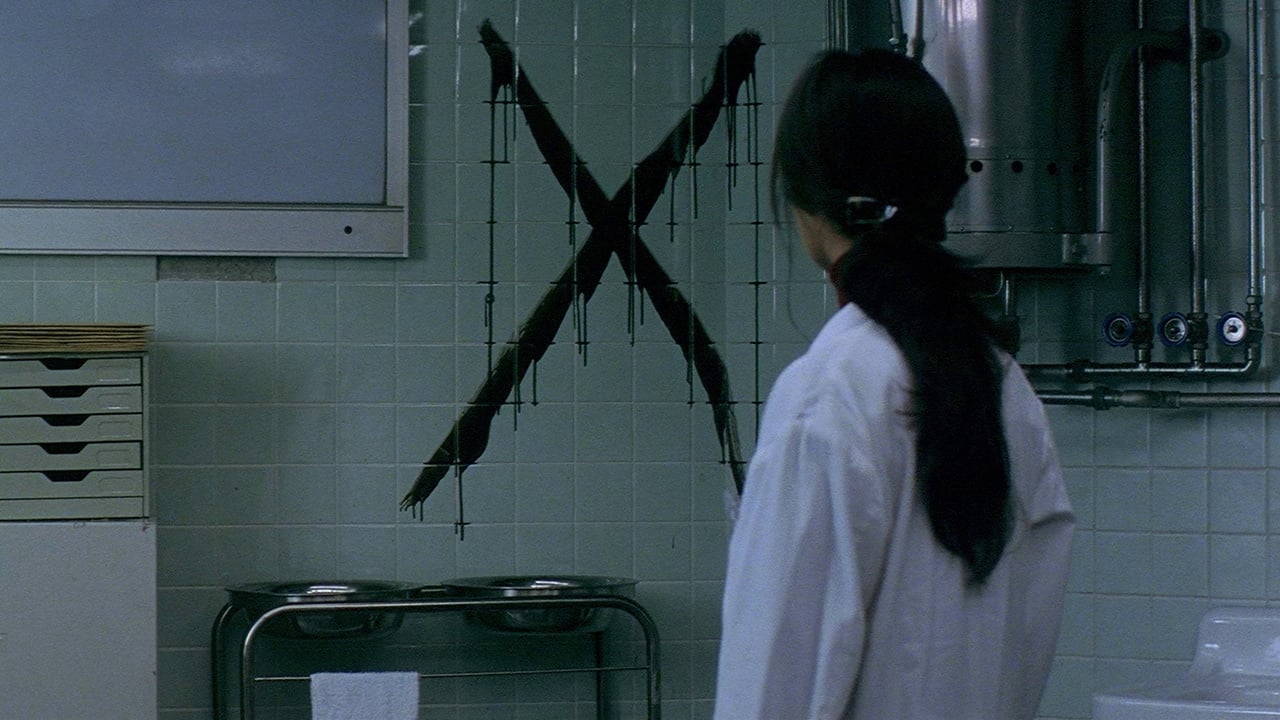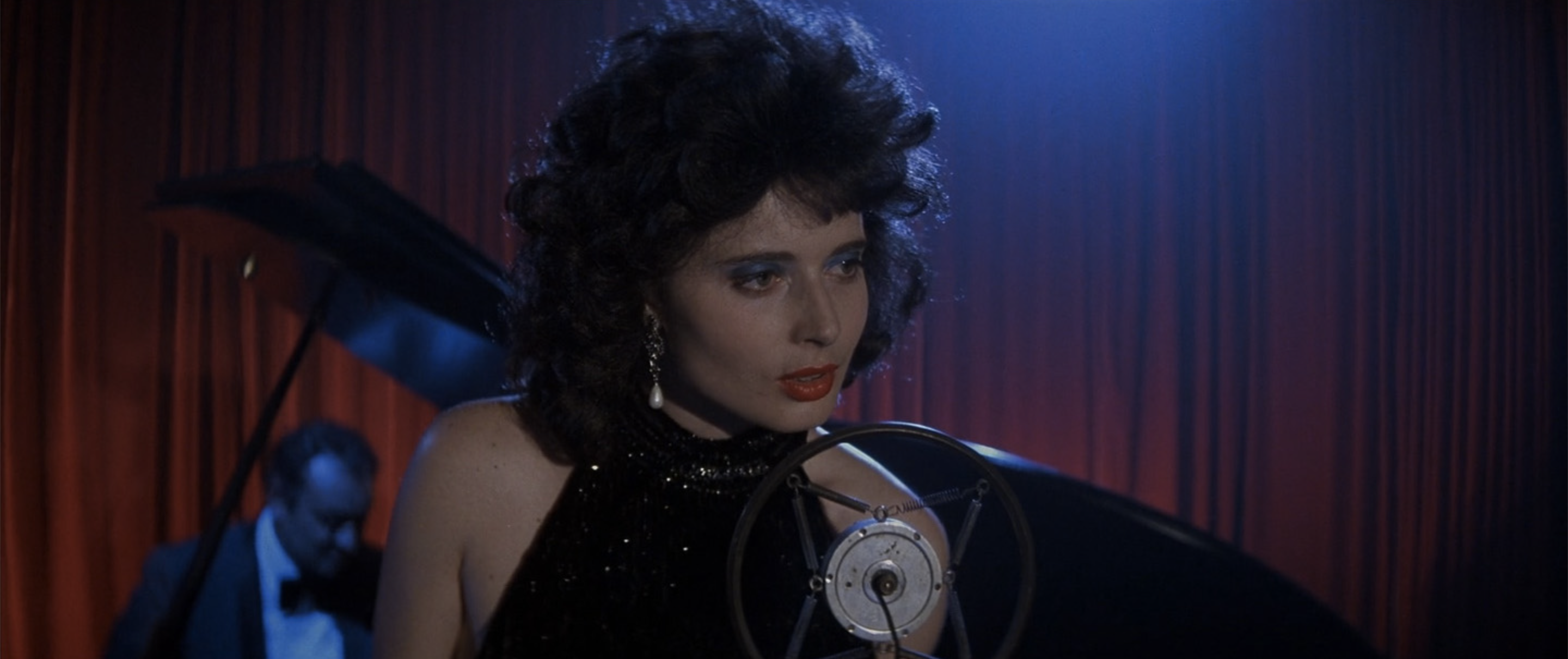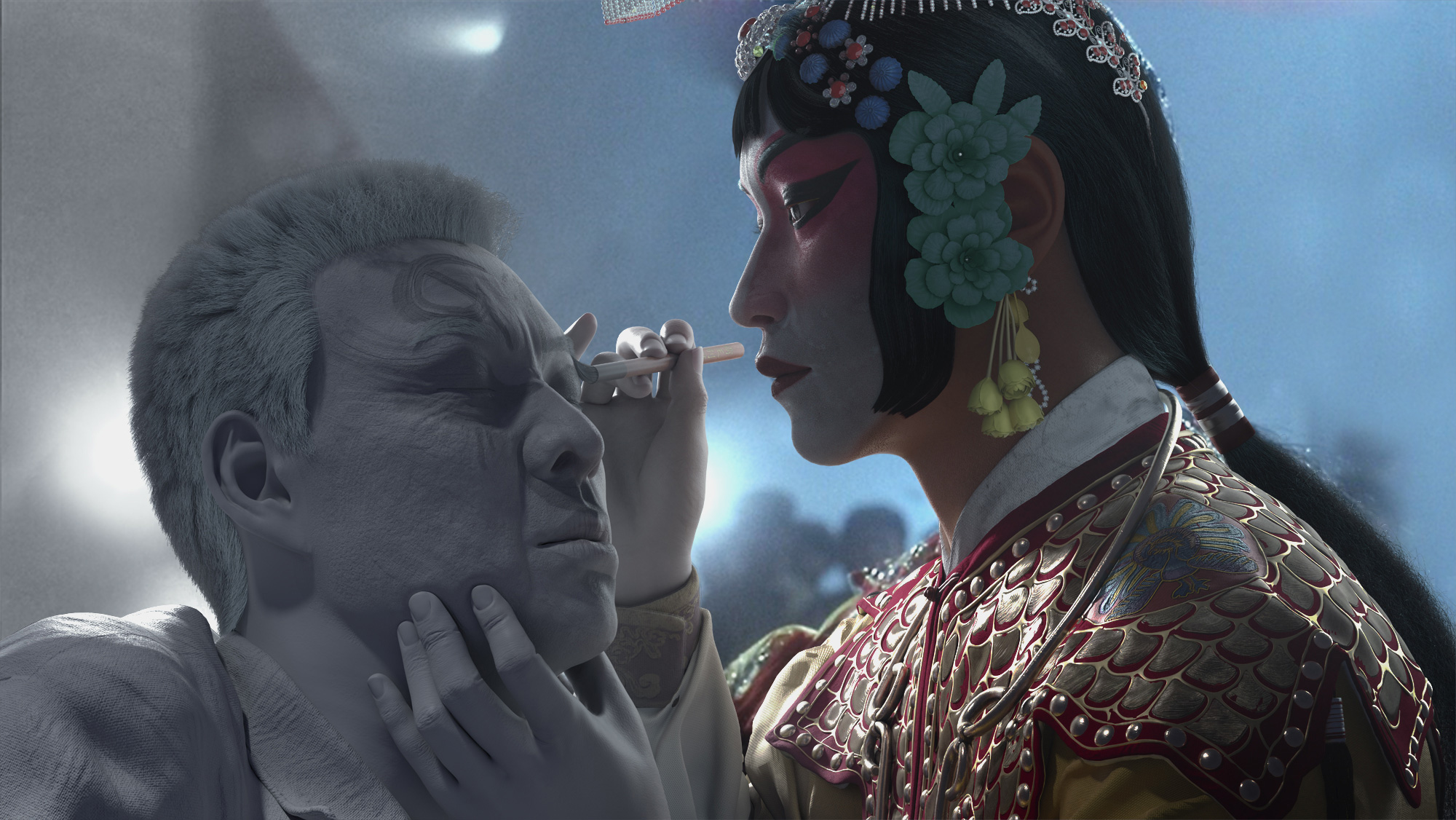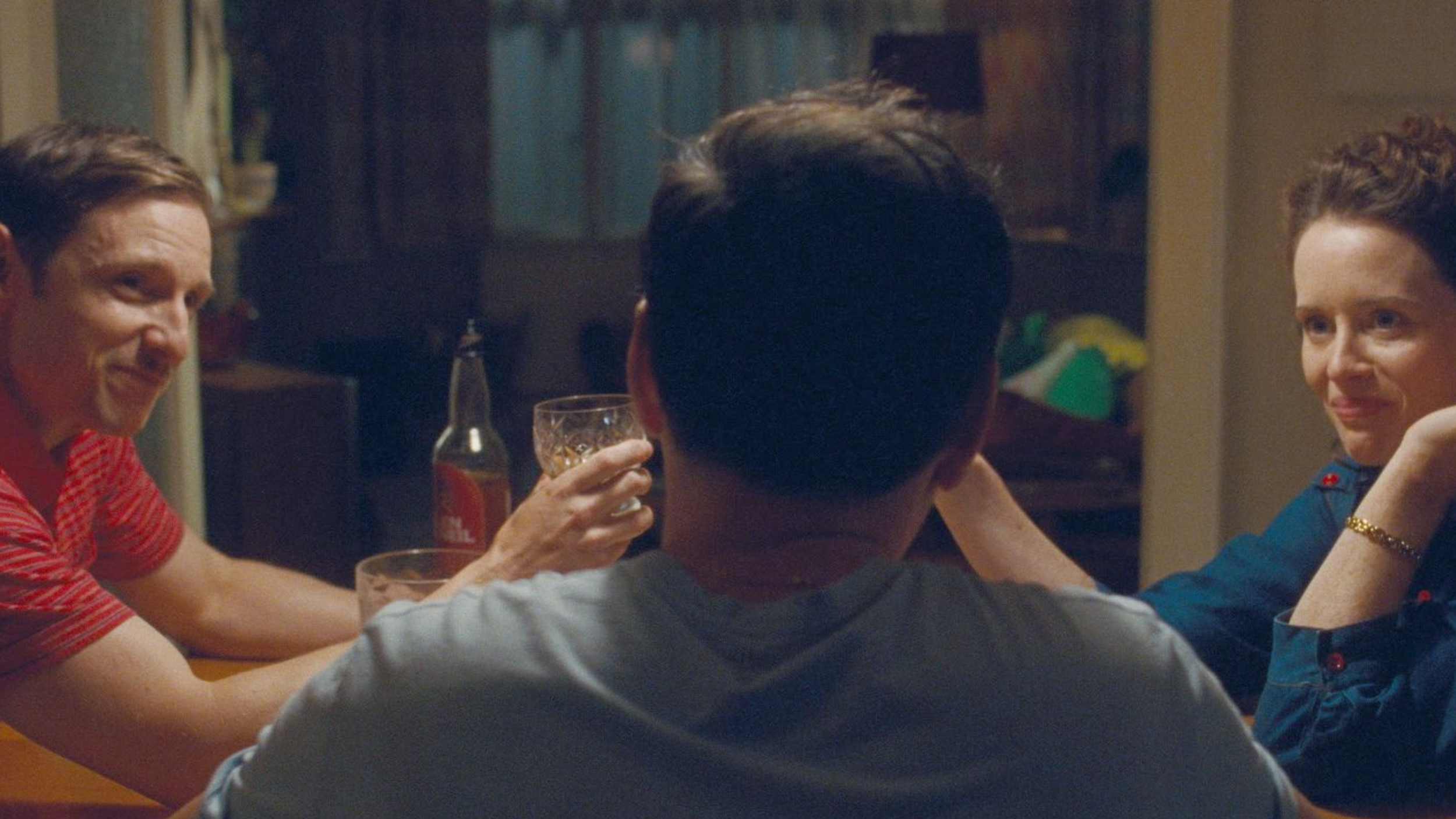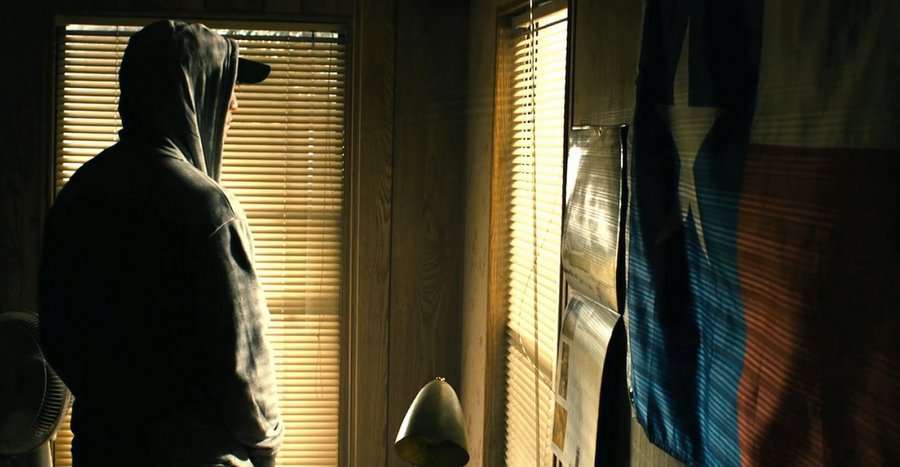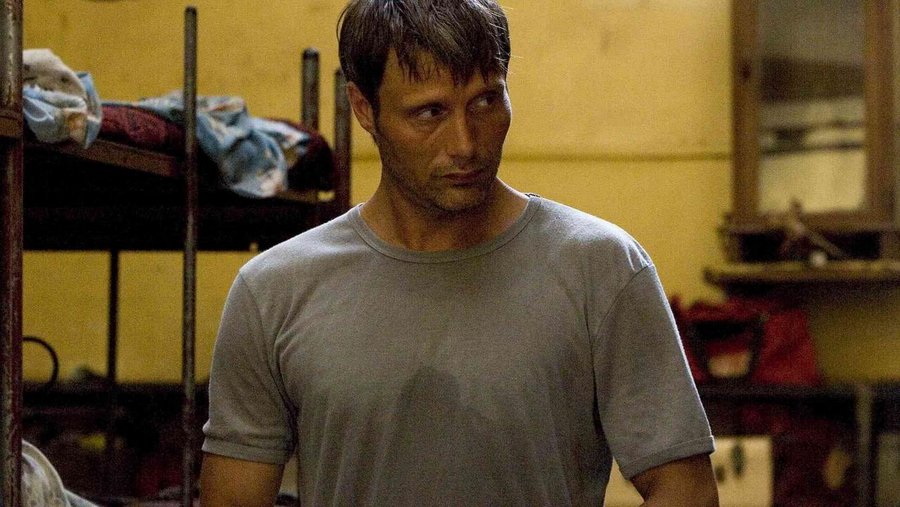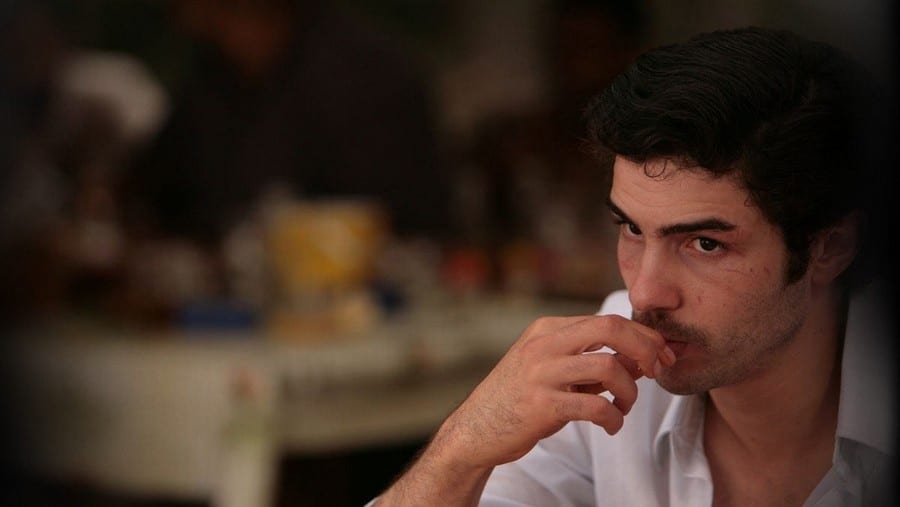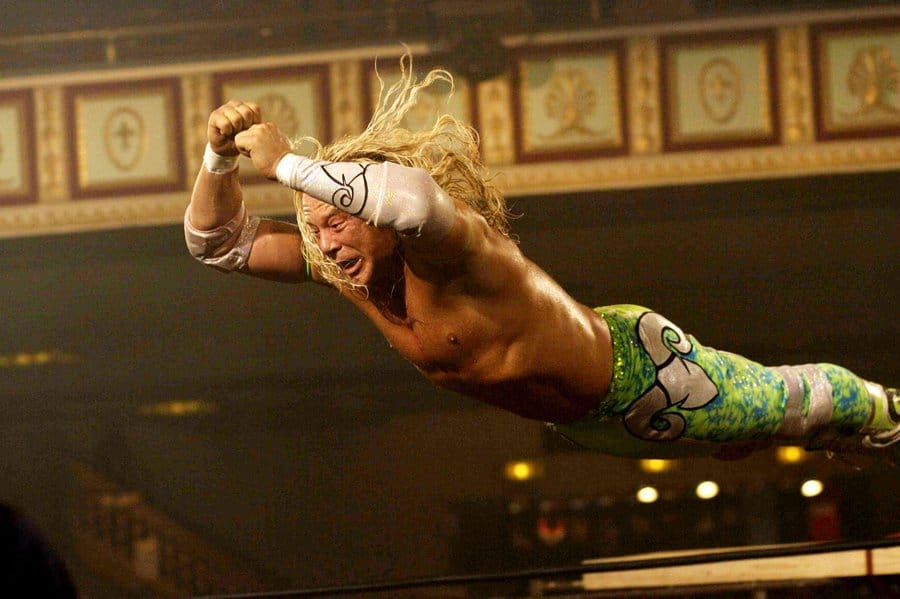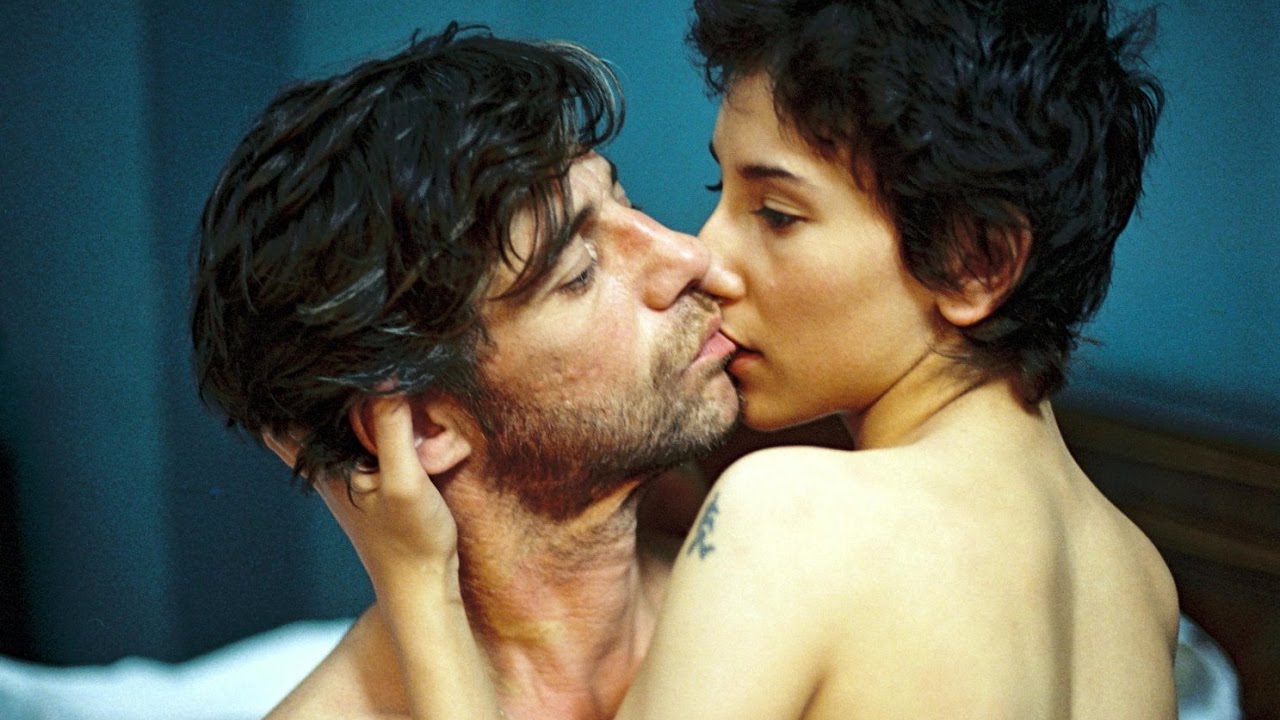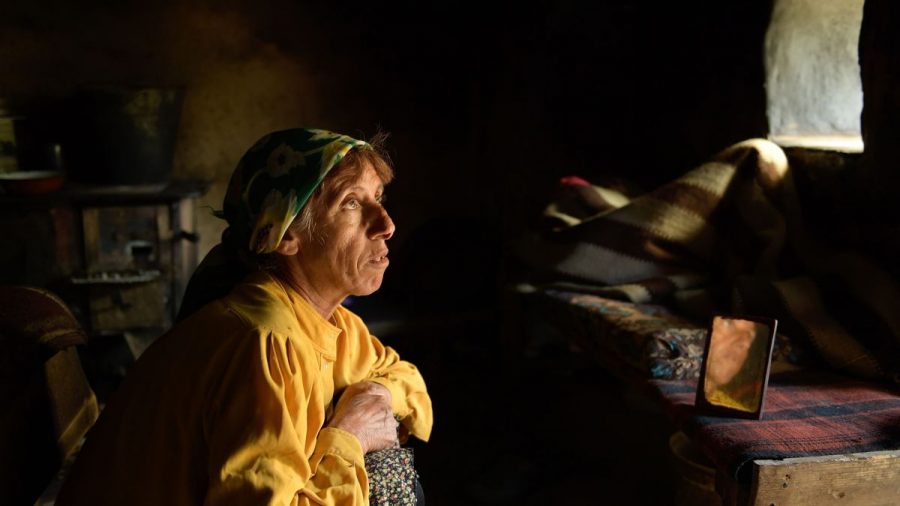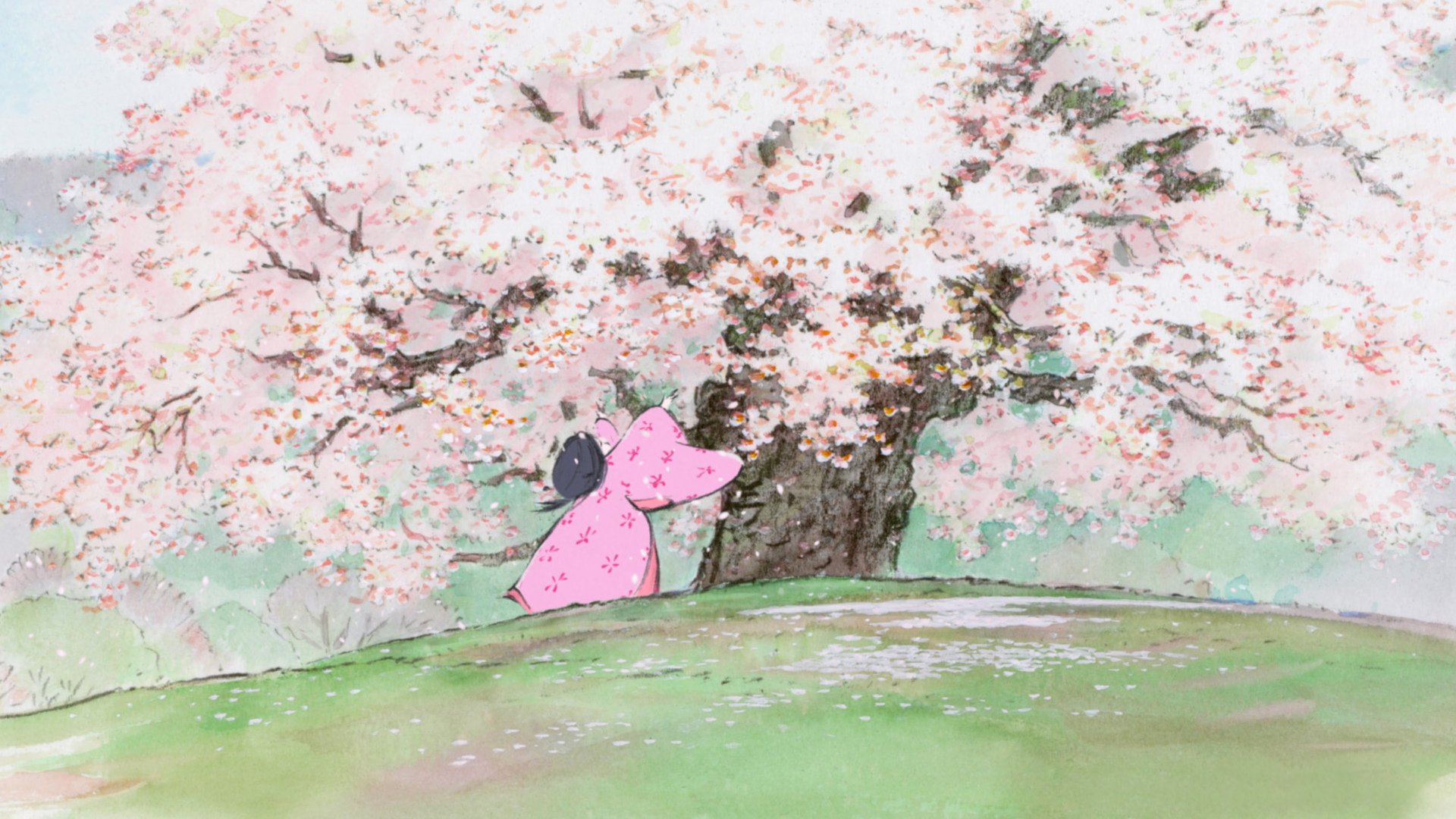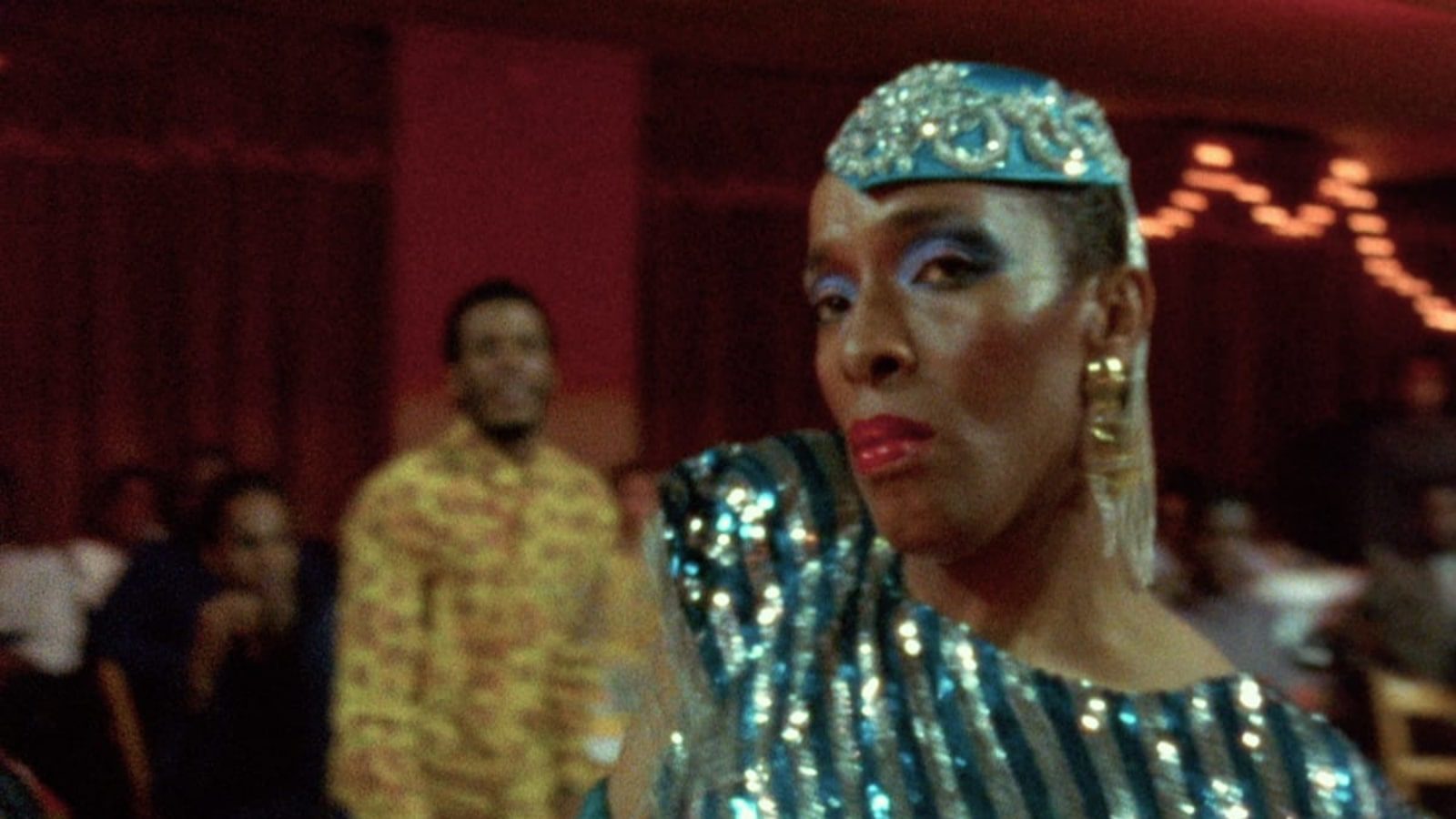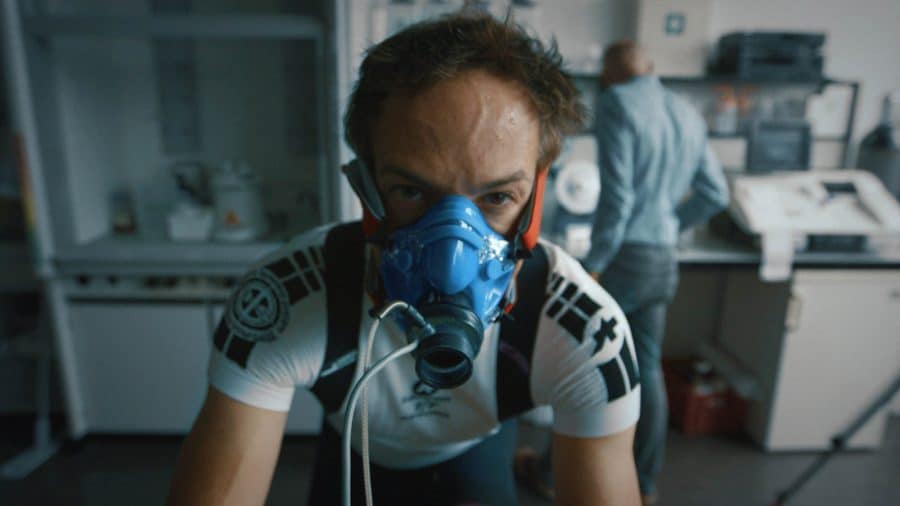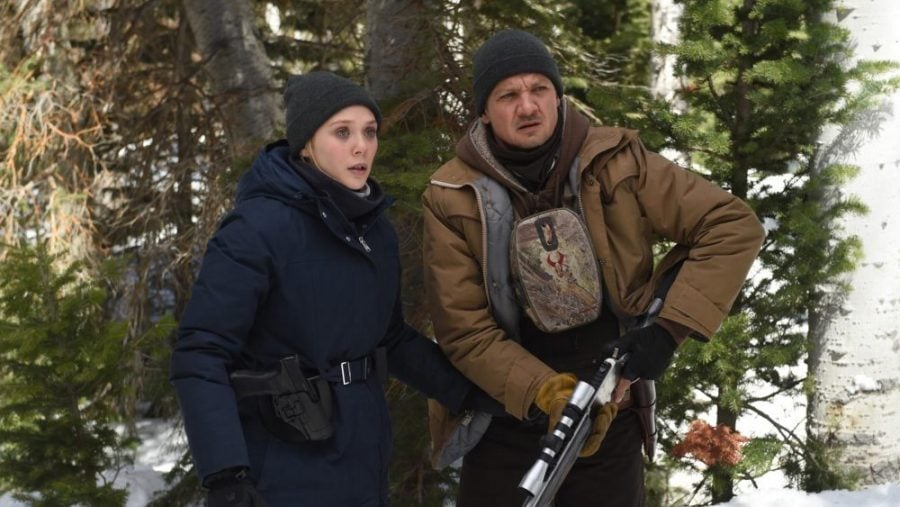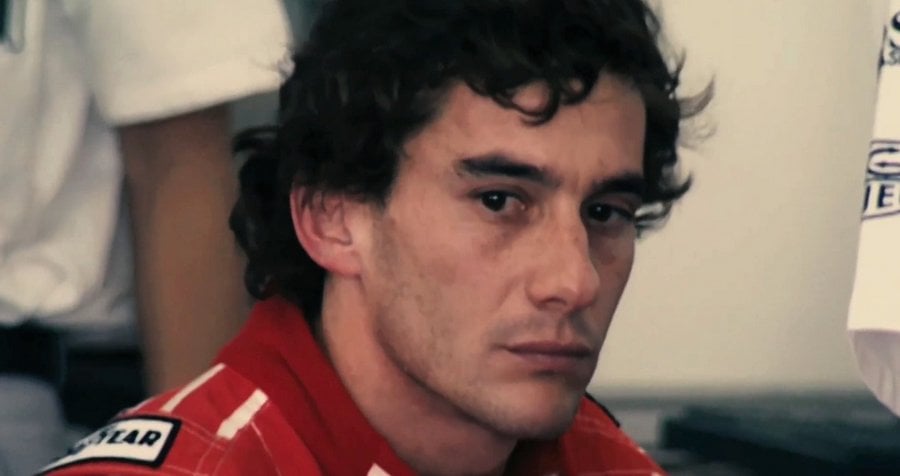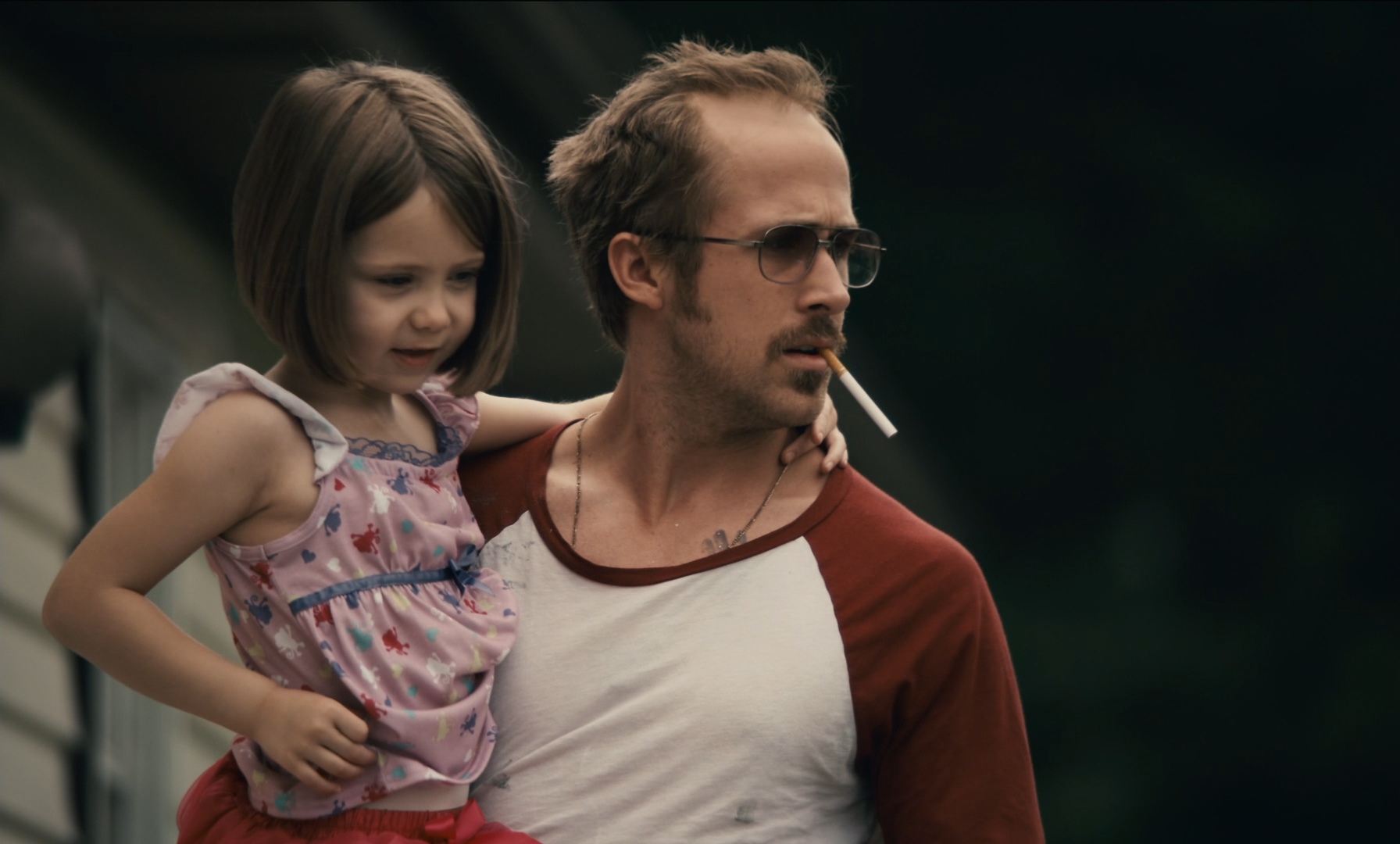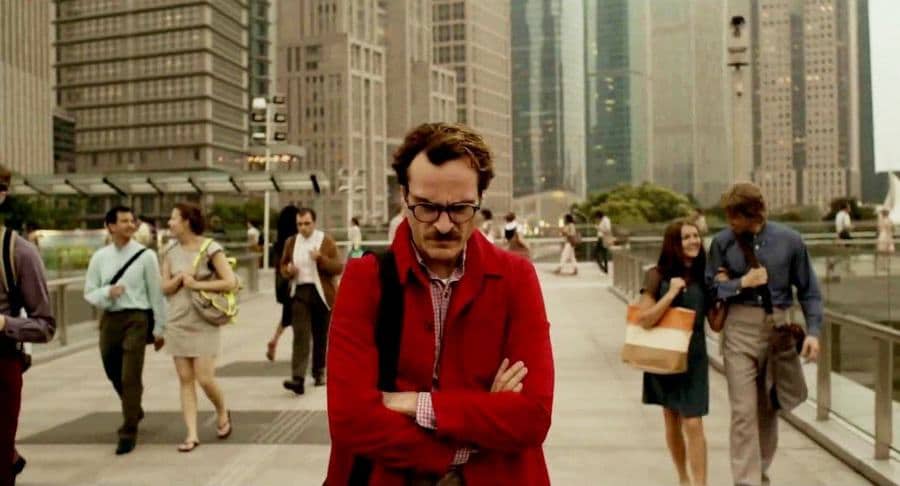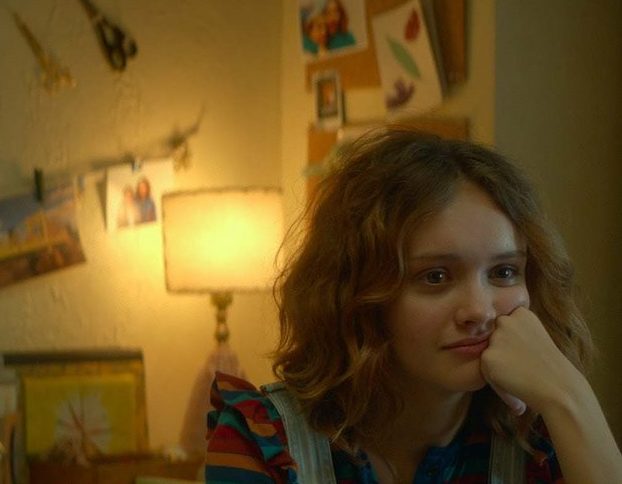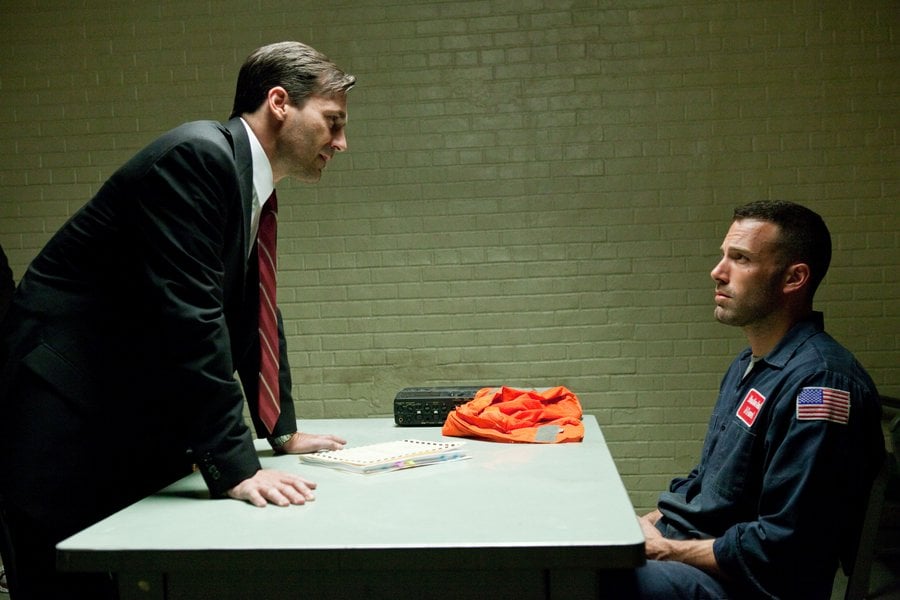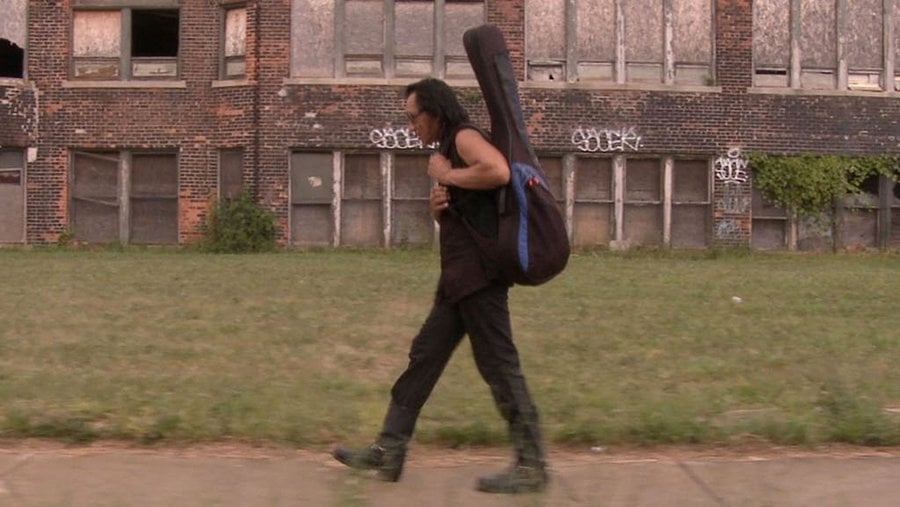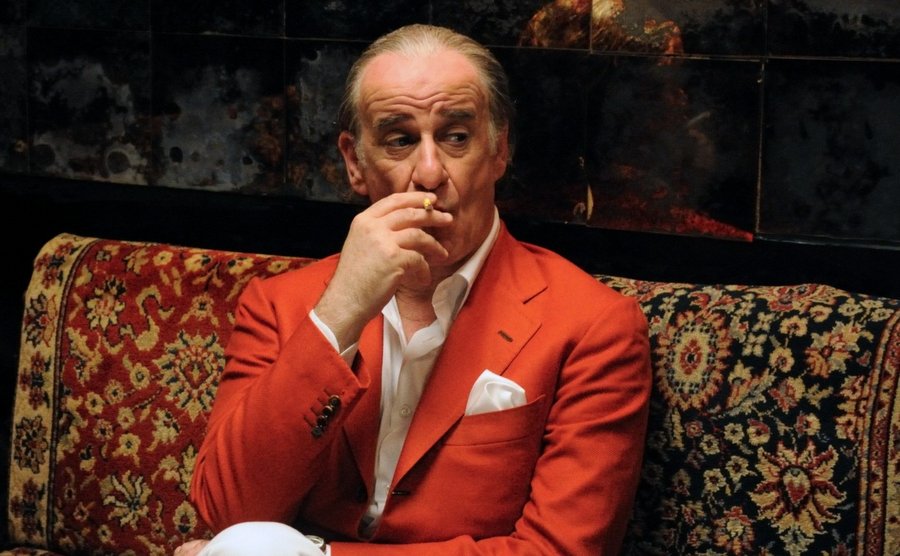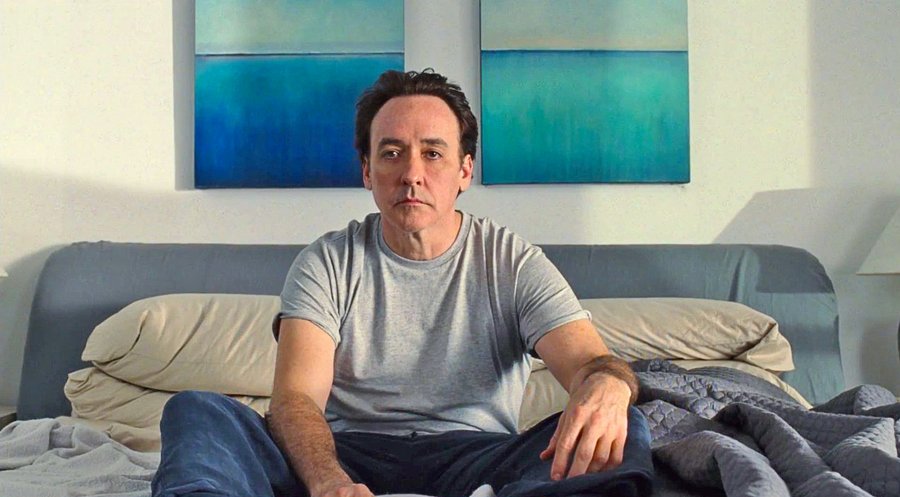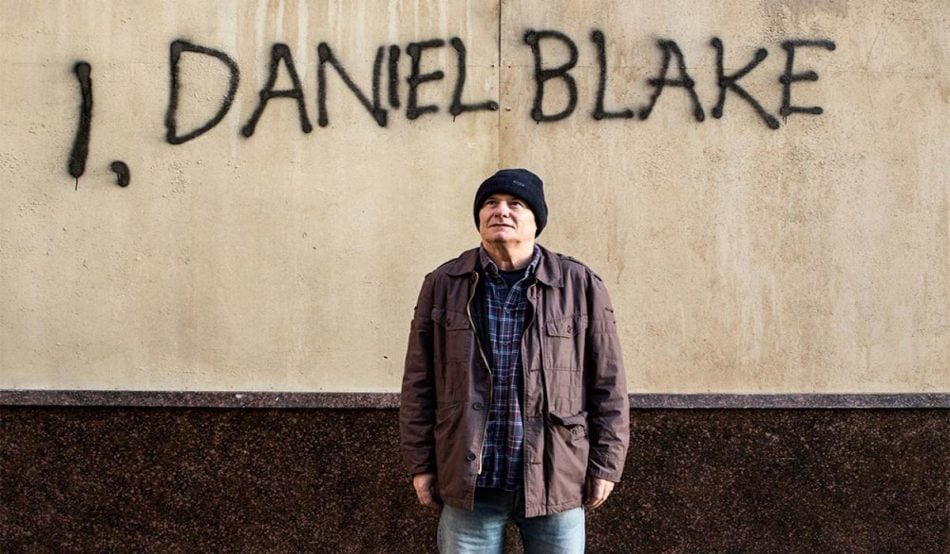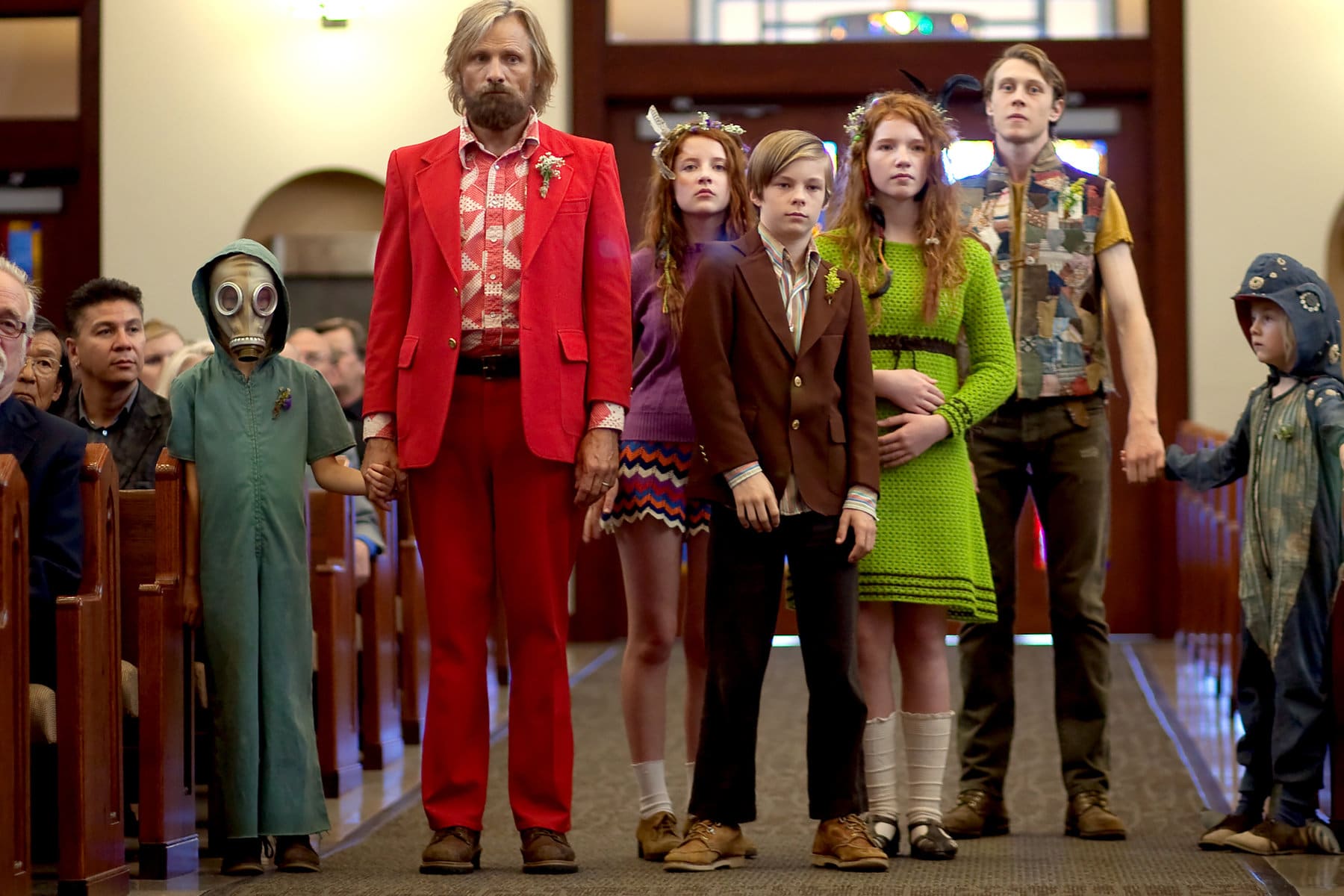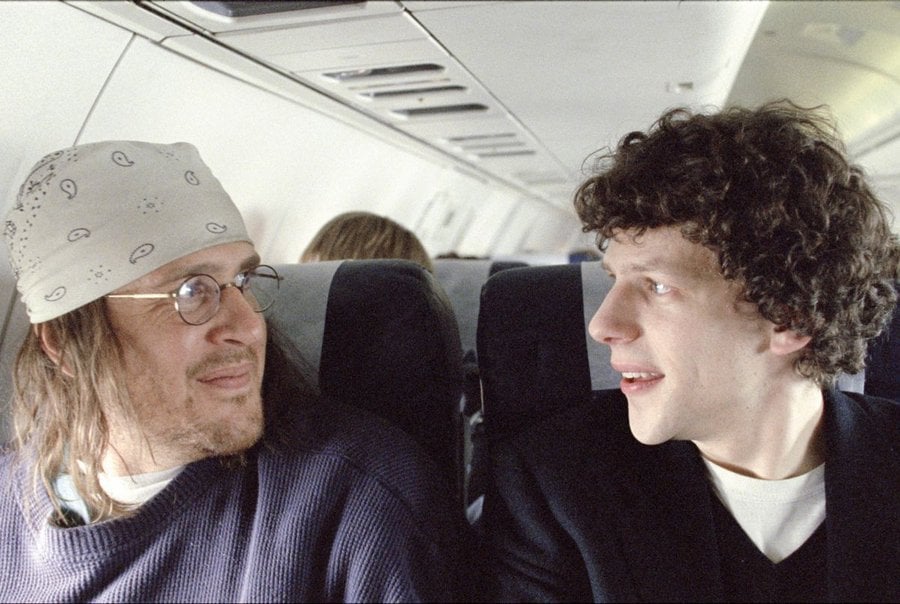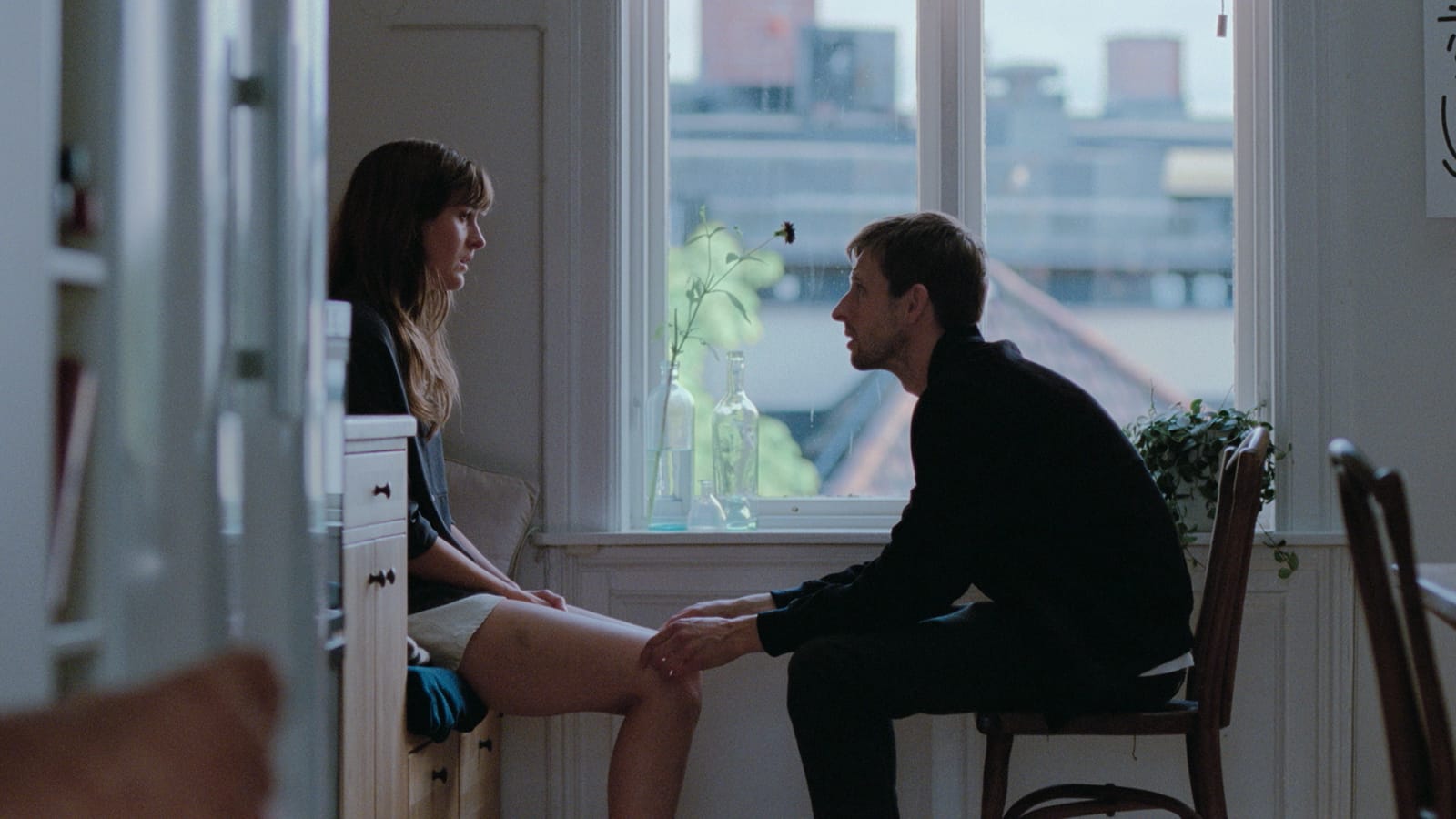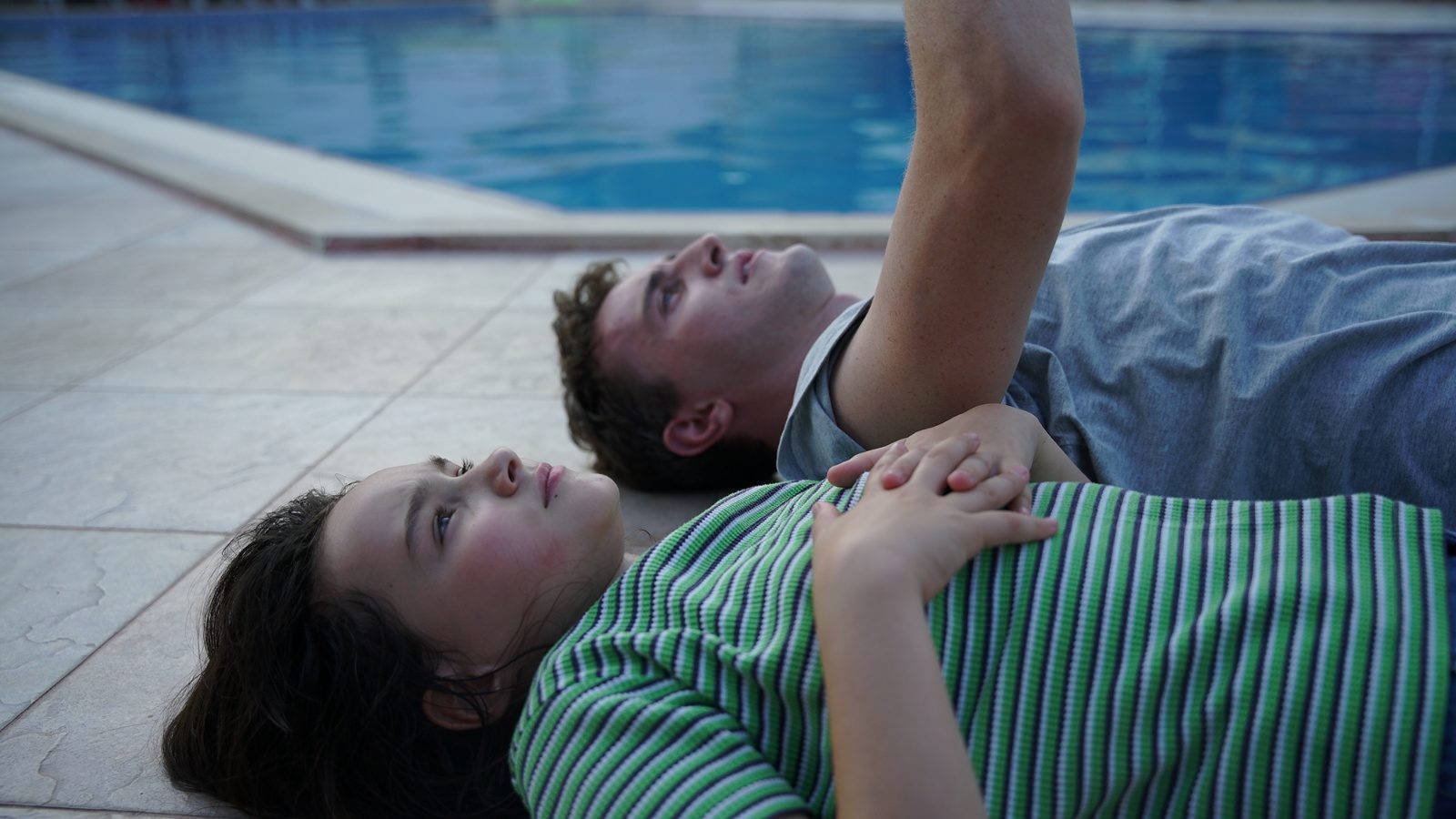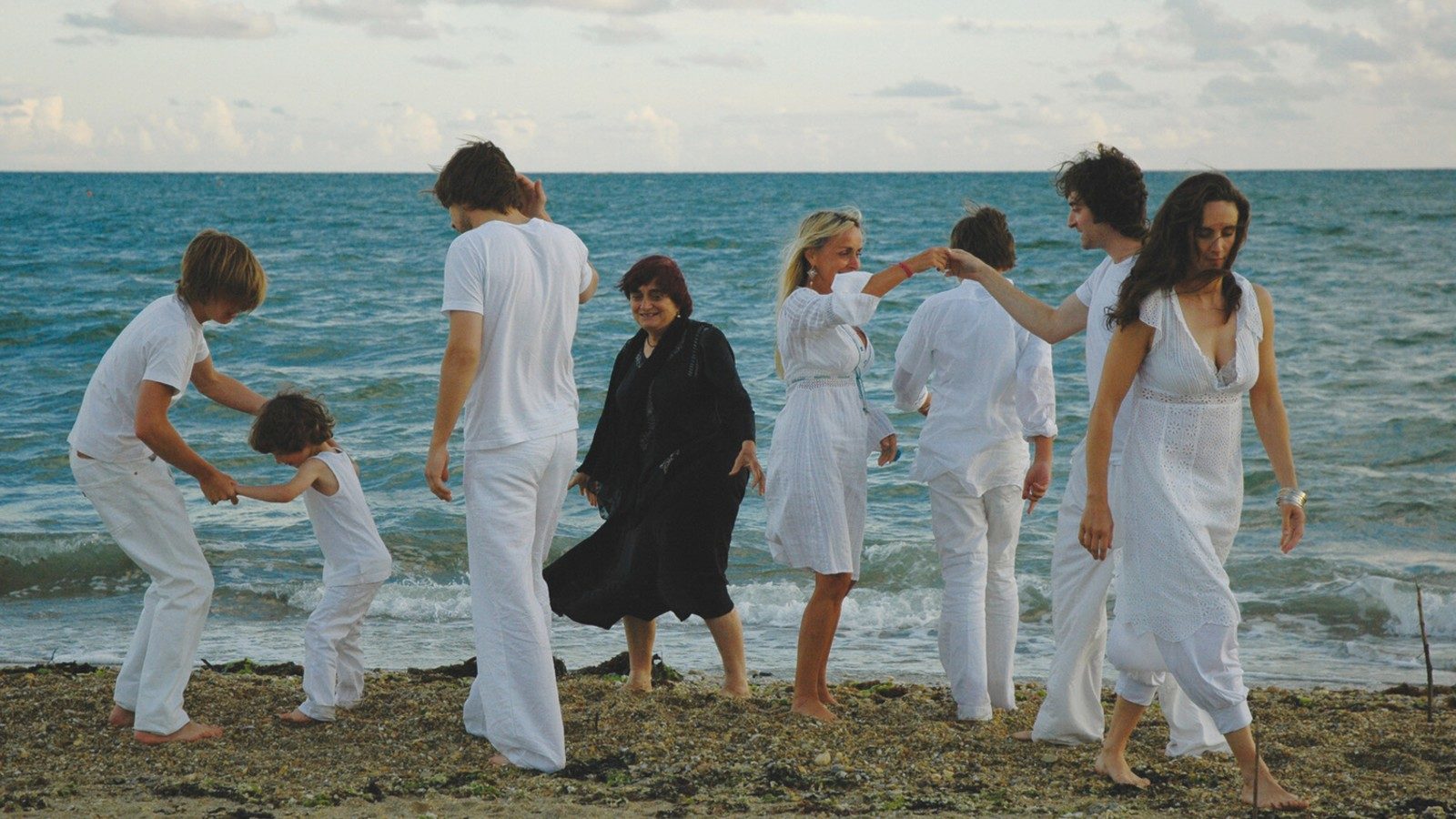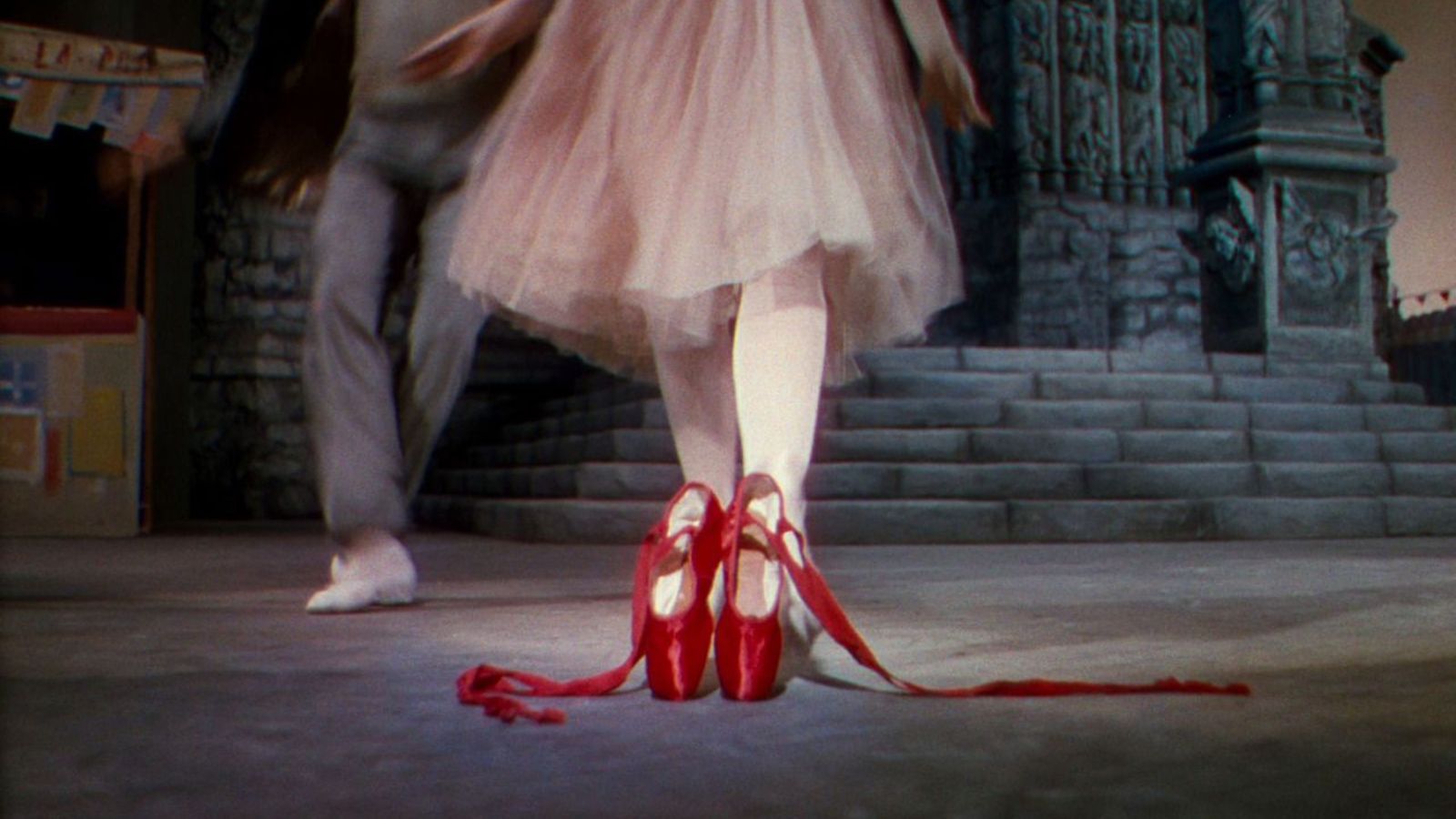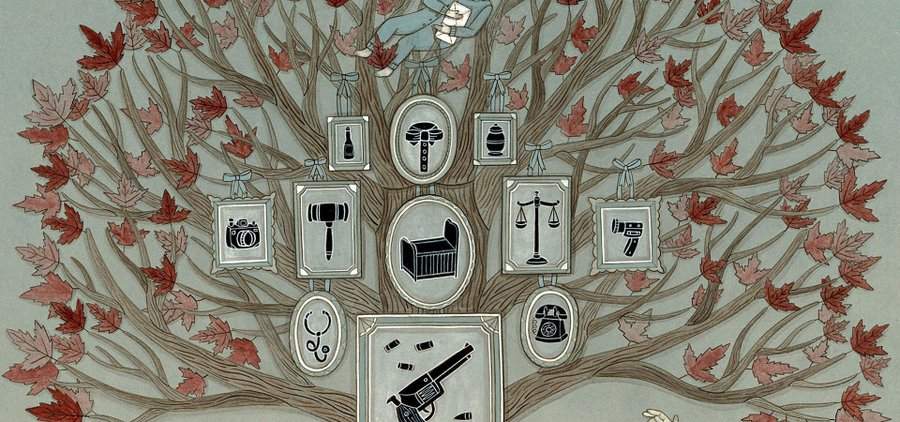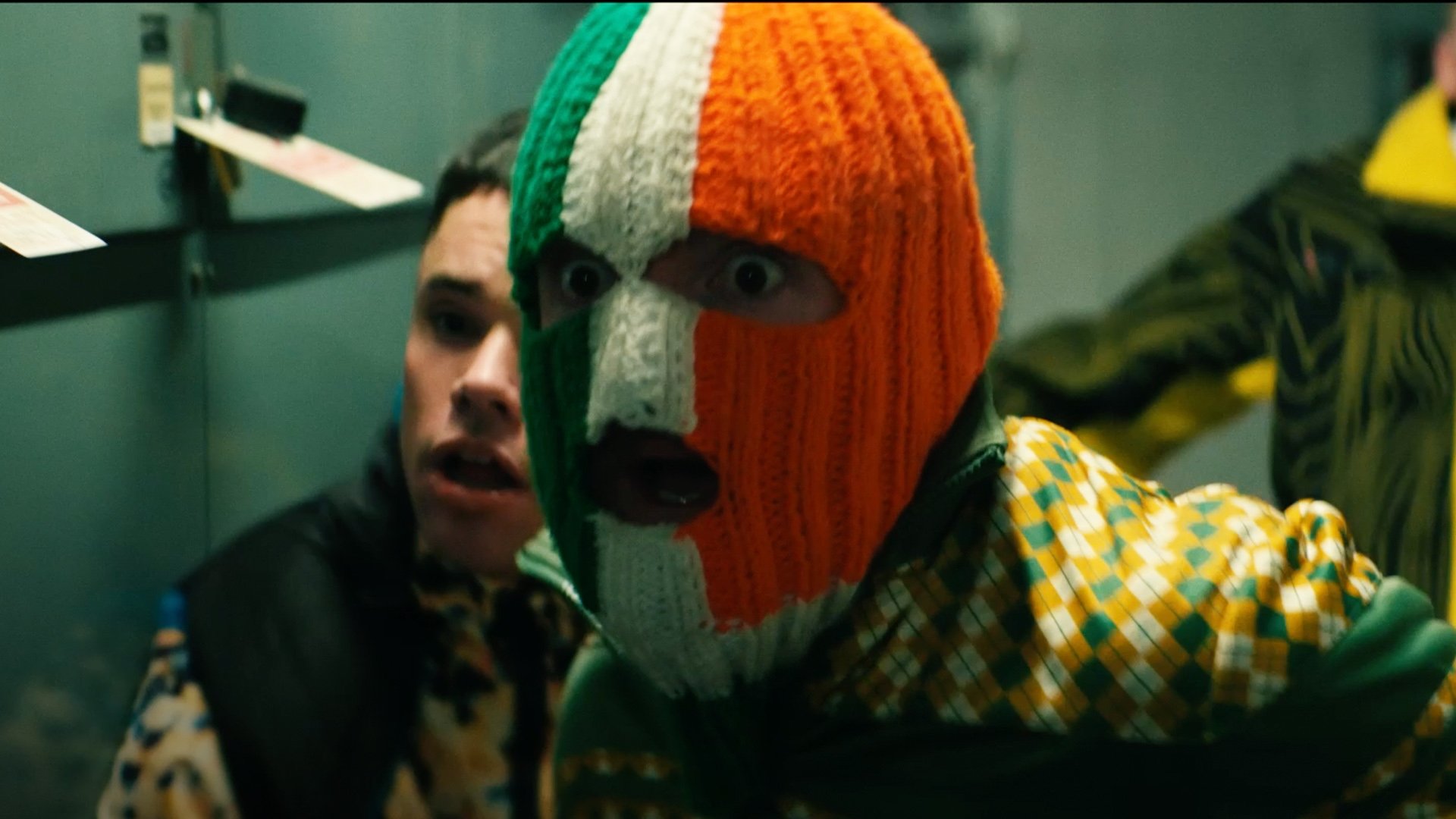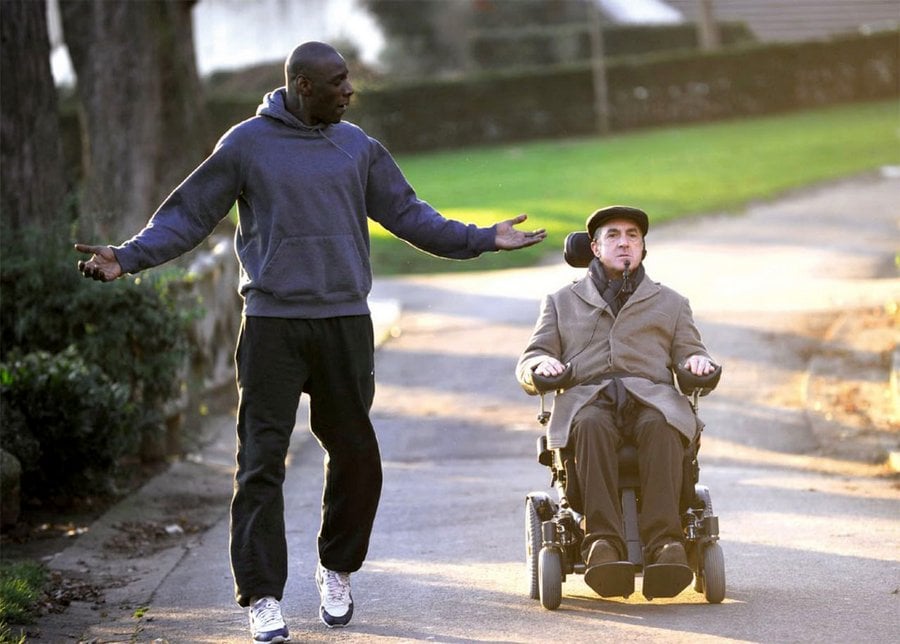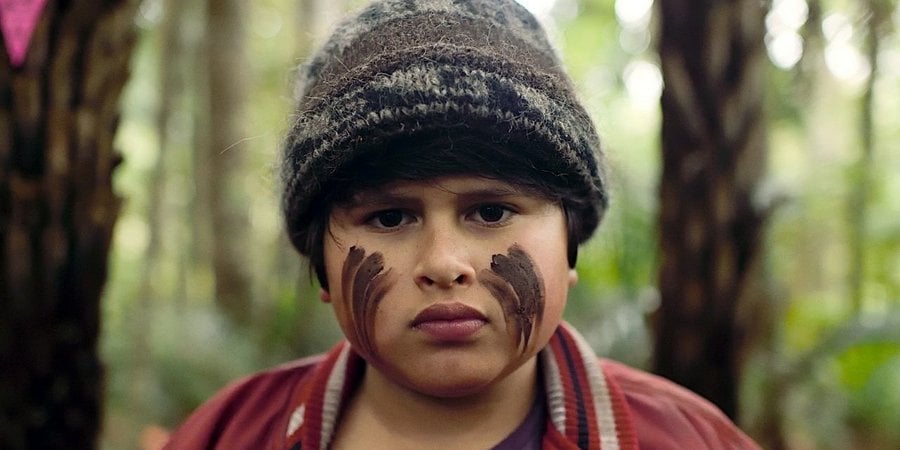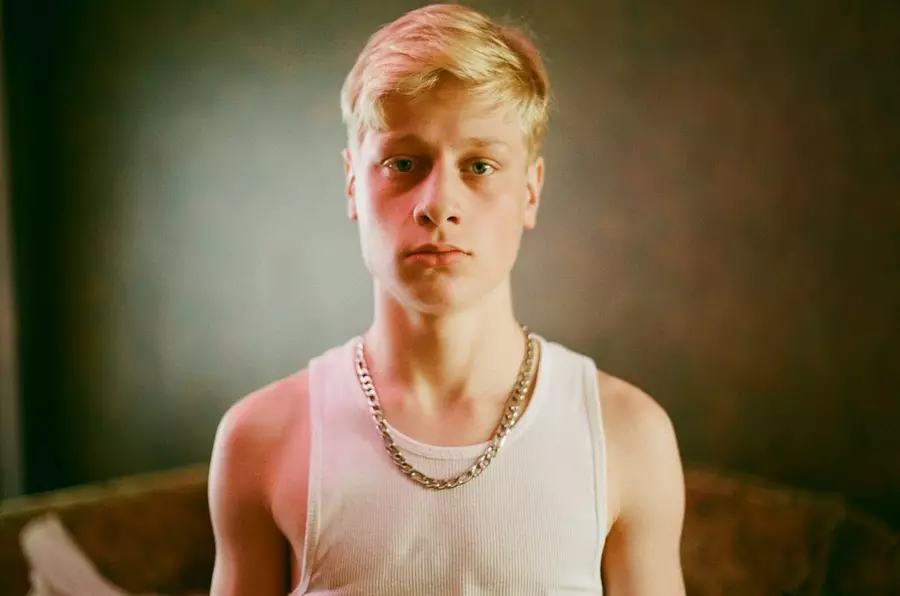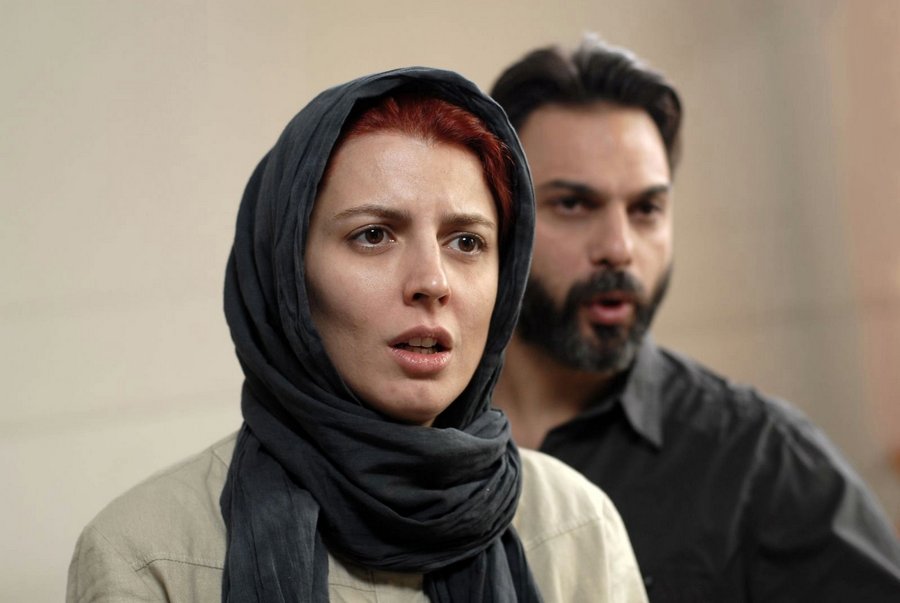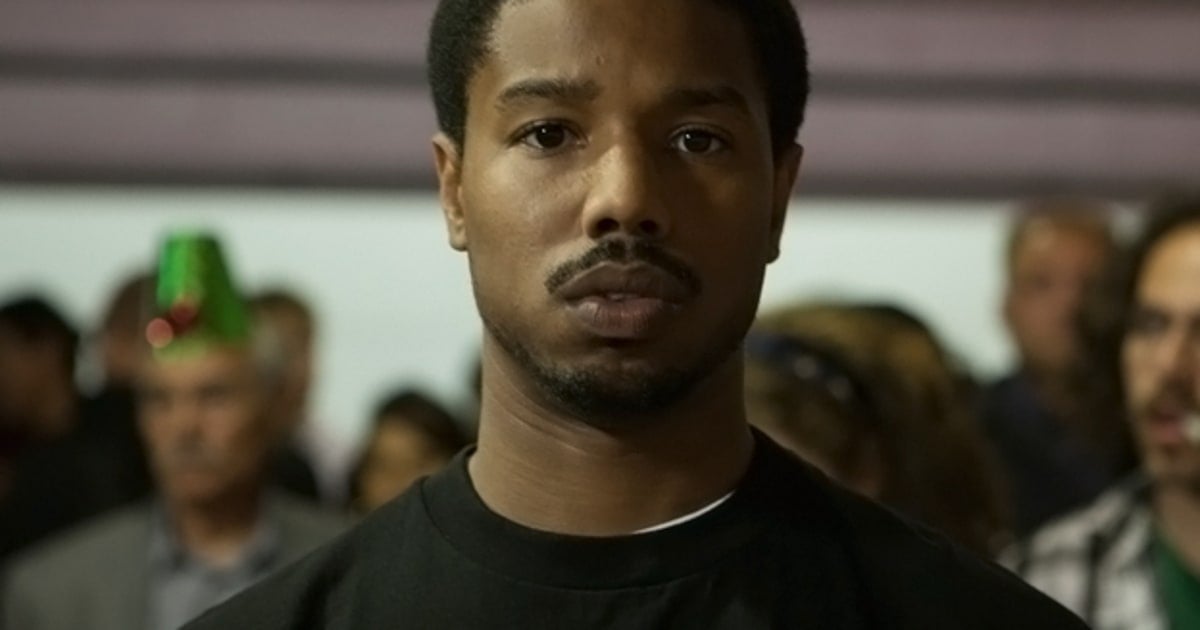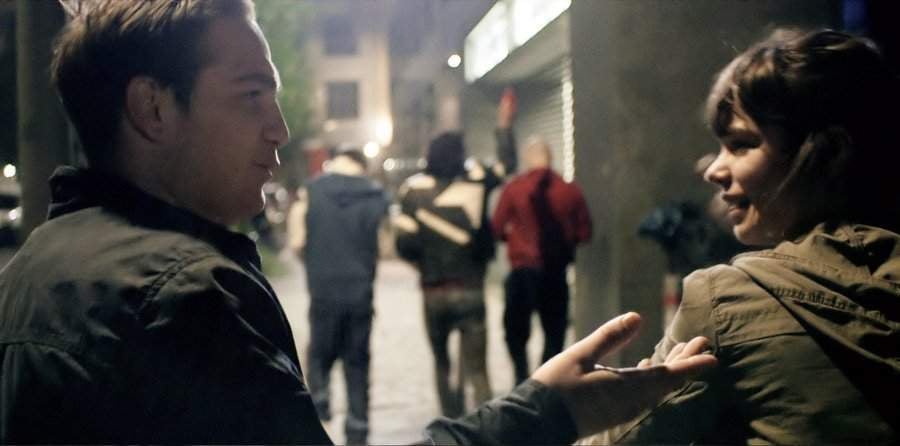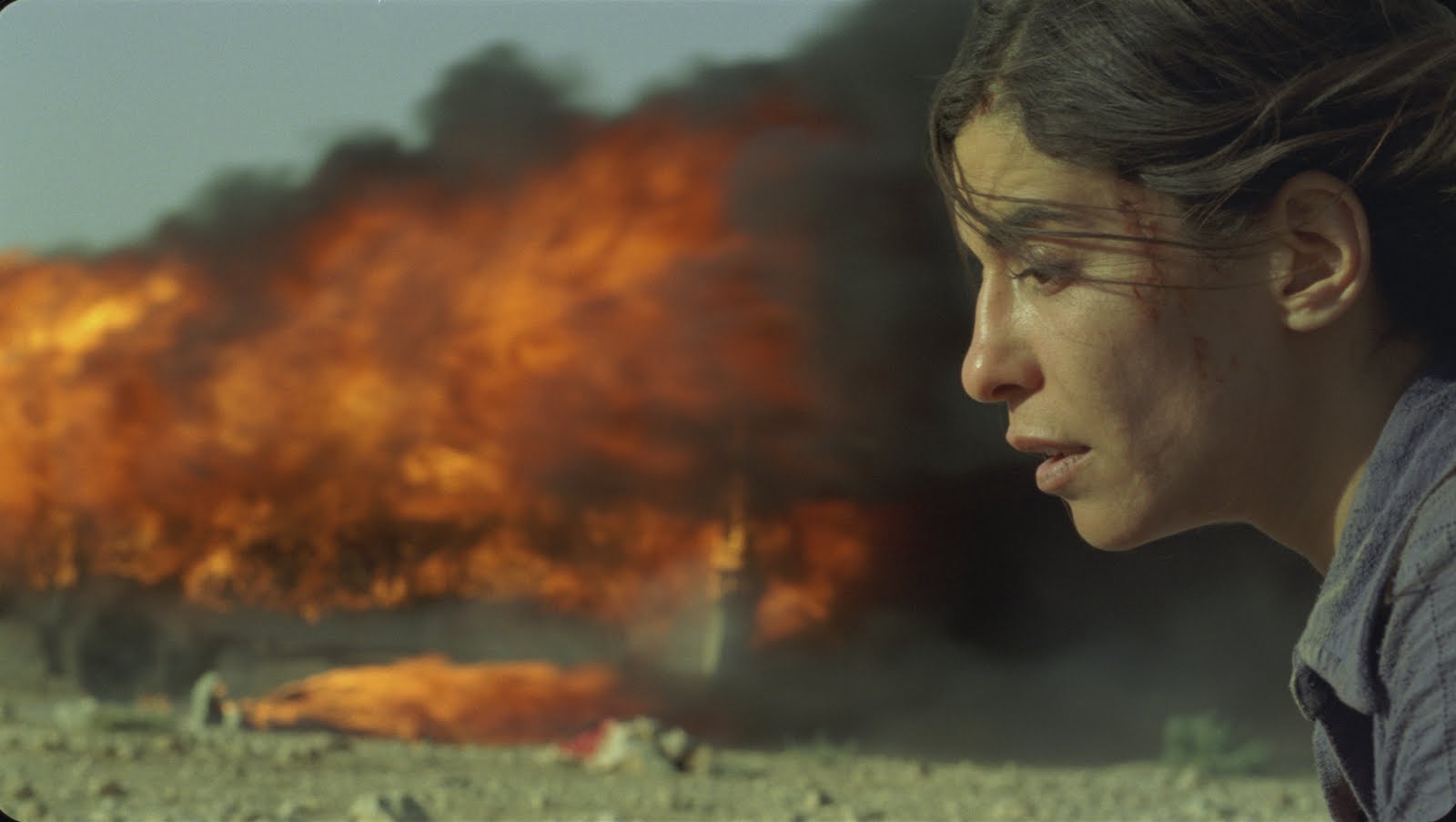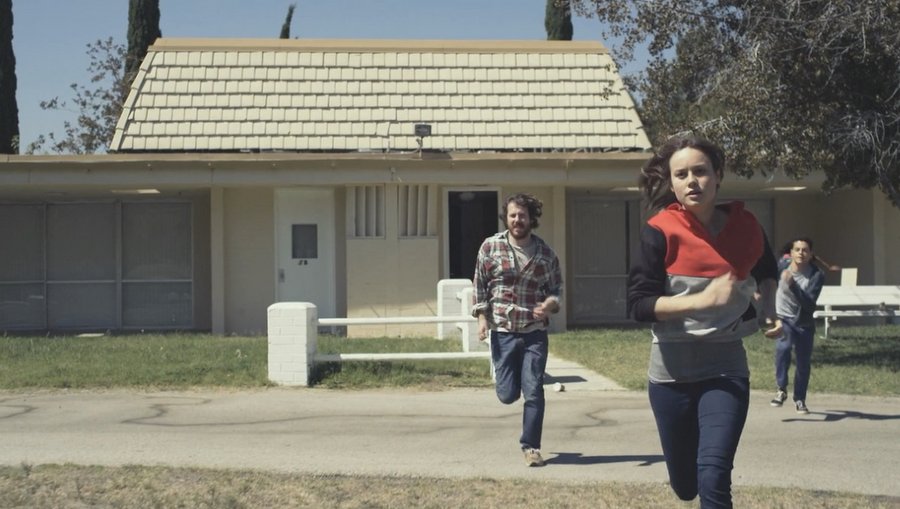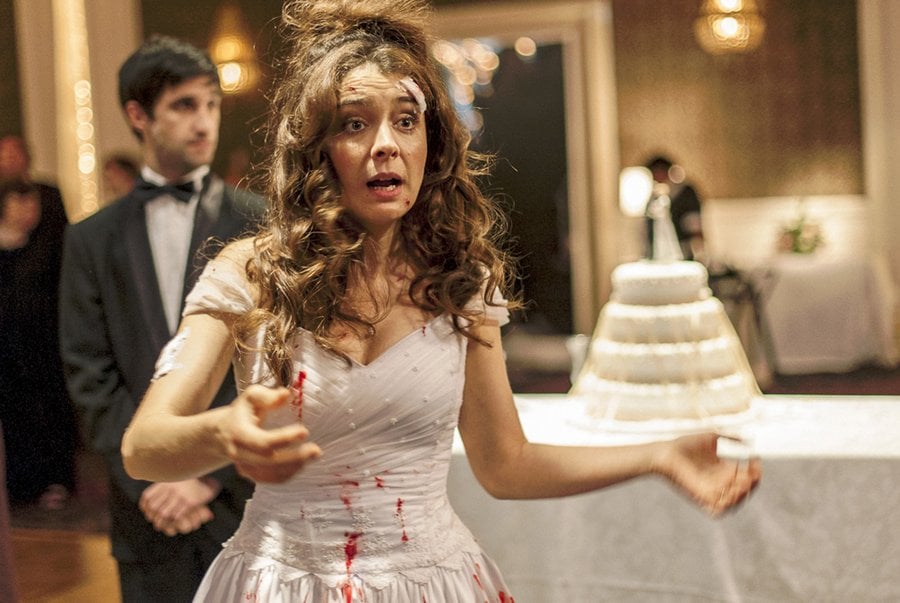21st Century’s 100 Best Overlooked Movies
Yes, The Shawshank Redemption and Mulholland Drive are both fantastic movies, but what is the point of reminding you of that in every list?
Beyond frequent cult overstatements and box office revenue correlations, we decided to count down the 100 best and most unjustly little-known movies. A list of real suggestions you can make your way through.
Our purpose at agoodmovietowatch is to reference movies you haven’t yet seen, that you can watch immediately and love. To do this, we only recommend movies that have received a high rating on IMDb combined with a high score on Rotten Tomatoes. This means that these movies have been appreciated by both critics and viewers, so you can trust that they’re awesome. We also only suggest movies that didn’t make a huge splash at the box office or which didn’t get the attention they deserved, so there is little chance you have already seen them.
Jump to the top 10:
In this powerful documentary, Brazilian filmmaker Petra Costa intertwines her own family history with the democratic journey of her home country. As she says herself, Costa and her country’s democracy are of the same age. This is not the only reason why she was uniquely positioned to make a film like this: her parents were left-wing activists in the 1970s, who went to jail for their beliefs, while her grandparents were part of the ruling class have made Brazil’s strong-man politics and right-wing backlash possible. Her mother was held at the same prison that ex-president Dilma Rousseff (2011-2016) was sent to. Costa tells the story of Rousseff’s demise as well as that of Luiz Inácio da Silva (2003-2011) aka Lula, whose future remains up in the air. The Edge of Democracy is thus a gripping and urgent warning that democracy in the world’s sixth most populous country is under attack. In content and form, Costa is obviously opinionated, but she makes a strong point.
Starring
Barack Obama
Genre
Documentary
Best for moods
Emotional, Instructive, Sunday, Thought-provoking
Directed By
Female director, Petra Costa
Russel Crowe, Nicole Kidman, and the immensely talented young actor Lucas Hedges (Manchester By the Sea) form an amazing pack of talent in this excellent drama. The story is based on the memoir by Garrard Conley, a true story. Set among deeply pious Christians in Arkansas, Hedges plays 18-year-old Jared Eamons, who discovers that he is gay. Crowe plays the father, a car dealer and a preacher, and Kidman the mom, who is a sweet-natured hairdresser with traditional values. When their son comes out to them after concealing his sexuality for some time, they pressure Jared into going to a Christian conversion camp, where his “lifestyle choice” is to be “prayed away”. The unspeakable camp is led by the Victor Sykes, who is as sinister as he is stupid, played with aplomb by Joel Edgerton, the writer and director. It’s a funny sidenote to a serious movie that many actors in this Southern drama are from Australia, including Edgerton, Crowe, and Kidman as well as Red Hot Chili Peppers bass player extraordinaire, Flea, who plays a drill-instructor-type PE teacher at the camp. The powerful performances are indeed what drive this drama and they contribute significantly to telling a story that needed to be told.
Starring
Cherry Jones, Drew Scheid, Flea, Frank Hoyt Taylor, Joe Alwyn, Joel Edgerton, Lucas Hedges, Nicole Kidman, Randy Havens, Russell Crowe, Théodore Pellerin, Tim Ware, Xavier Dolan
Genre
Drama
Best for moods
A-list actors, Tear-jerker, Touching, True-story-based, Well-acted
Directed By
Joel Edgerton
Koreeda is a master of the tender gaze. He deals so softly, elegantly, and emphatically with the characters in his films, it will make you feel like you’re watching life itself in all its complex, emotional splendor. Maybe this is particularly true for this movie because it has been inspired by Koreeda’s memories of his own childhood and the passing of his mother. Still Walking is a quietly toned movie spanning a period of 24 hours in the life of the Yokoyama family, as they gather to commemorate the passing of their eldest son. At the center of the story is the father, an emotionally distant man who commands respect both from his family and community. Opposite from him sits the other son, the black sheep, who seeks his father’s validation. Directed, written, and edited by Koreeda, this dynamic is one of many in this slice-of-life movie about how families deal with loss. And, however distant the culture or setting in Japan may seem to the outsider, you’re bound to recognize either yourself or your family among the tender scenes of this masterful drama.
Starring
Haruko Kato, Hiroshi Abe, Kazuya Takahashi, Kirin Kiki, Susumu Terajima, You
Genre
Drama, Family
Best for moods
Character-driven, Discussion-sparking, Slice-of-Life, Sunday, Without plot
Directed By
Hirokazu Kore-eda, Hirokazu Koreeda
There are two auteur directors that we recommend more than anyone else on this site. One is Hirokazu Koreeda, the Japanese master of intricate drama, the other is Asghar Farhadi. Mr. Farhadi is an Oscar-winning, Iranian filmmaker and one of the most recognisable directors out there. His third film, Fireworks Wednesdays, paved the way for him to become one of the hidden champions of international cinema. As is often the case with the stories he tells, the film portrays the life of a couple in turmoil, Mozhdeh and Morteza Samiei, played by Hedye Tehrani and Hamid Farokhnezhad. She suspects him of cheating on her with their neighbor, a beautician, and sends the maid, a soon-to-be bride named Roohi, to the salon to spy on her. When Roohi takes matters in her own hands, the couple can’t help but watch things spiraling out of control. This happens against the backdrop of Chaharshanbe Suri, an Iranian holiday celebrated with fireworks on the Wednesday before the Iranian New Year, hence the title. Will it make for an explosive ending? From what you have heard so far, this could easily be melodramatic, but Fahradi is too good. He’s very, very good.
Starring
Tarane Alidousti, Taraneh Alidoosti
Genre
Drama
Best for moods
Character-driven, Dramatic, Emotional, Intense, Thought-provoking, Well-acted
Directed By
Asghar Farhadi
While quite testing for viewers, this is one of the craziest, most high-energy movies you’ll ever watch. In this incredible German drama, child actor Helena Zengel plays Bernadette aka Benni, a traumatized 9-year-old child who tends to lash out and has been repeatedly suspended from every school she went to. Benni is a so-called “Systemsprenger” (which is the original German title). A system crasher is a child so uncontrollable and aggressive that, over time, she falls through the grid of special schools, foster care, and social work facilities. Despite the best efforts of her designated social worker, Frau Bafané, played by Gabriela Maria Schmeide, she is turned down by everyone, testing the patience of her surroundings, wherever she goes. A trip with Micha (Albrecht Schuch), a tough boxer and anger-management trainer, turns out to be the last resort. Directed by Nora Fingscheidt, System Crasher is intense, punky, and wild with an almost eerie sense of authenticity. Its devastating effect is helped along by its unique, hyperactive camerawork. Much like the social workers themselves, you might have a hard time keeping professional distance to all this. This intense drama will stay with you for a long time.
Starring
Albrecht Schuch, Maryam Zaree, Steffi Kuhnert
Genre
Drama
Best for moods
Intense, Thought-provoking
Directed By
Female director, Nora Fingscheidt
Poland’s nomination for Best Foreign Language Film at the 2020 Academy Awards may have lost to Parasite, but director Jan Komasa’s film is still utterly compelling. The crazy sounding premise is inspired by true events: after having had a transformative experience in jail, an ex-convict, played by the wiry, blue-eyed Bartosz Bielenia, decides he wants to become a priest. When he is told that his criminal history prohibits it, he goes down the path that got him into trouble in the first place and just pretends he is. Apparently, he does so quite convincingly—and serves the community well, which is collectively grieving for the victims of a tragic accident. For all his charisma, there’s no way not to root for the crooked clergyman conning his way to the top. The complex character at the heart of Corpus Christi is refreshing and three-dimensional, and the smart writing of the film excels at exploring they grey areas of truth and religion. The ending, too, circumvents the soppy and the melodramatic. Thought-provoking European drama.
Starring
Jakub Sierenberg
Genre
Drama
Directed By
Jan Komasa
Between 1967-1975, a group of Swedish filmmakers traveled to America to document the Black Power movement. The resulting archival footage of Black activists and intellectuals, including Bobby Seale, Huey P. Newton, Eldridge Cleaver, and the amazing Angela Davis, was hidden in an archive until it was unearthed and woven together by Göran Olsson, a Swedish director. Angela Davis also supplies some contemporary voice commentary alongside many others, such as Erykah Badu, Harry Belafonte, and The Roots drummer and rap culture’s No. 1 record keeper Questlove, who also co-scored the film. This adds to the mixtape feel of the film as does the raw and unfiltered piecing together of the historic footage, giving the viewer an authentic impression of the movement and the struggles of the time. Being Swedish, the filmmakers dared to go where American mainstream TV might have never gone.
Starring
Angela Davis, Harry Belafonte
Genre
Documentary, History
Best for moods
Inspiring, Instructive, Mind-blowing, Thought-provoking
Directed By
Göran Olsson
The atmosphere in Millennium Mambo is magical. The opening scene alone will leave you enchanted, with long walks through a tunnel-like space and dreamy techno music playing in the background. We are misled into thinking that this will be a movie full of colors and dance, and to some degree, this is true, as it portrays Taipei and its neon colors of green, pink, and blue, featuring dance sequences in a bar that serves flashy drinks. But as the movie develops, a chilling shadow is cast as we become entangled in a brutal relationship that is as full of cruelty as it is of love and lust. Narrated from the future, the story shows how the present-day protagonist, Vicky, grapples with her identity as she looks back upon her past self from ten years ago.
Chaotic, messy, but also peppered with moments of serenity and shot with flawless camerawork and cinematography, Millennium Mambo makes time feel fluid, and serves as a reminder that no matter how rough the journey may be, everything is always okay in the end.
Starring
Jack Kao
Genre
Drama, Romance
Best for moods
Mind-blowing
Directed By
Hou Hsiao-hsien, Hsiao-Hsien Hou
The apex of Abbas Kiarostami’s monumental filmography, Close-Up is a testament to the late directors’ ingenuity and humanism. Kiarostami documents the real-life trial of a man who impersonated fellow Iranian filmmaker Mohsen Makhmalbaf, and ingratiated himself to a family believing him to be the real deal. The courtroom drama and interviews are fascinating enough, but Kiarostami takes it one step further by having everyone involved reenact the events as they happened.
The result is an unparalleled piece of filmmaking that blurs the boundaries between documentary and narrative while posing vital questions about the exclusivity of cinema and the storytelling process. Despite its sophisticated constructions, Kiarostami’s direction is lucid and direct as it builds to a passionate and unforgettable conclusion.
Starring
Array
Genre
Crime, Documentary, Drama
Directed By
Abbas Kiarostami
At nearly four hours long, A Brighter Summer Day is a sprawling, beautifully composed film that follows young Xiao Si’r and his eventual entanglements in nearly everything, from love to youth gangs to politics. While parts of the story, particularly its bone-chilling climax, are based on true events, the film is largely reconstructed from Edward Yang’s memories of the era he grew up in. As a result, the visuals feel crisp and true, tinged with just the right amount of nostalgia to balance the grittiness of its realism.
As coming-of-age films go, A Brighter Summer Day is certainly more on the tragic side. It’s also seminal in its specificity and depth—an absolute must-watch for any and all filmgoers.
Starring
Chang Chen, Chang Han, Chen Chang, Chen Yi-wen, Chen Yiwen, Danny Deng, Han Chang, King Shih-Chieh, Lawrence Ko, Lawrence Ko Yu-Luen, Liang-Tso Liu, Yi-Wen Chen
Genre
Crime, Drama, Romance
Best for moods
Character-driven, Slice-of-Life, Sunday, True-story-based
Directed By
Edward Yang
Edward Yang’s masterful and lush Yi Yi follows the lives of the Jian family and their respective, middle-class worries. The father agonizes over a business deal and, at the back of his mind, an old flame. The mother struggles with emptiness, the daughter with sensuality, and the son with his burgeoning artistry. In the periphery are other family members trying to get by as best they can despite having no certain future to look forward to. The story, which is bookended with life and death, is punctuated with these lingering anxieties but also, crucially, with moments of potent, profound joys.
The premise seems simple, but Yang weaves a breathtaking epic out of the mundane. The mise-en-scene is immersive, the dialogue delicate, and the direction effectively real. The understated elegance of each piece coming together to build a rich whole is what makes YiYi Yang’s legacy to the world of cinema.
Starring
Chen Yi-wen, Chen Yiwen, Danny Deng, Issey Ogata, Kenjiro Tsuda, Lawrence Ko, Lawrence Ko Yu-Luen, Leon Dai, Liang-Tso Liu, Su-Yun Ko, Wu Nien-Jen, Yi-Wen Chen
Genre
Drama, Family, Romance
Best for moods
Slice-of-Life
Directed By
Edward Yang
Proving that children’s entertainment can be legitimate art like any other kind of cinema, the sequel to 2014’s Paddington displays a stronger love for community and storytelling than many other adult-oriented productions. It may be cutesy and innocent, but Paddington 2 also uses its stunning visual effects and intricate production design to prop up a sophisticated story about discrimination, staying true to one’s self, and (most surprisingly) the prison-industrial complex. It’s a proper throwback to another era of family movies that offers something far more substantial to young children and genuinely moving moments for the parents and children at heart.
Starring
Ben Whishaw, Brendan Gleeson, Eileen Atkins, Hugh Bonneville, Hugh Grant, Imelda Staunton, Jamie Demetriou, Jessica Hynes, Jim Broadbent, Joel Fry, Julie Walters, Justin Edwards, Louis Partridge, Michael Gambon, Nadine Marshall, Nicholas Woodeson, Noah Taylor, Peter Capaldi, Richard Ayoade, Robbie Gee, Sally Hawkins, Samuel Joslin, Sanjeev Bhaskar, Shola Adewusi, Simon Farnaby
Genre
Adventure, Comedy, Family, Kids
Best for moods
Easy, Feel-Good, Funny, Heart-warming, Lighthearted, Lovely, Sunday, Sweet, Warm
Directed By
Paul King
Nothing about Saint Omer is easy. A female Senegalese migrant (Guslagie Malanga) is put to trial for committing infanticide, but throughout the film, it becomes clear how much of a victim she is too, of an uncaring and deeply prejudiced society. “What drove her to madness?” Her attorney asks at one point. We’re not sure. We’re not necessarily asked to side with her, nor answer the many hard-hitting questions brought up in the film, but we sit with the uneasiness of it all and, in that silence, confront our ideas about motherhood, womanhood, personhood.
This confusion is what makes the film so compelling. Despite the court’s best efforts, Laurence isn’t meant to be understood. She’s meant to be an example of the ever-ambiguous, forever-complicated, always-hurt person. It’s human nature after all to be this complex and messed up. The film shows us that the best that we can do in situations like this is to listen, understand, and as our protagonist Rama (Kayije Kagame) does, make peace with the noise.
Starring
Aurelia Petit
Genre
Crime, Drama
Best for moods
Challenging, Emotional, Intense, Smart, Thought-provoking, True-story-based, Well-acted
Directed By
Alice Diop, Female director
In All the Beauty and the Bloodshed, documentarist Laura Poitras (Citizenfour, My Country, My Country) lends her empathetic and incisive lens to a subject so passionate and imaginative, she ends up collaborating with Poitras to co-create the documentary about her life. The subject is Nan Goldin, one of the most influential photographers of the late 20th century.
The documentary captures Goldin’s work as a queer artist and anti-opioids activist, intertwining both aspects to tell a nuanced and incredibly important story about freedom, identity, and self-expression. This incredibly complex, encompassing, and vibrant feature won the top award at the Venice Film Festival, besting 19 other films from around the world.
Starring
John Waters
Genre
Documentary, Drama
Best for moods
Gripping, Thought-provoking
Directed By
Female director, Laura Poitras
The Iranian director Jafar Panahi has faced constant persecution from his country’s government for over a decade, for his career of sharply political films speaking truth to power. In fact, No Bears—which was shot in secret, in defiance of the government banning him from filmmaking for 20 years—had its initial festival run in 2022 while Panahi was in prison. Evidence of Panahi’s drive to keep making his movies, no matter what, are clear in this film’s limited resources and occasionally inconsistent video quality. But even those obstacles can’t get in the way of his vaulting ambition.
No Bears operates on several different layers that all express Panahi’s growing frustration with—but also his commitment to—making art that only ever seems to put himself and other people in harm’s way. At its base level, this is a suspenseful small-town thriller, as an exiled Jafar Panahi (playing himself) tries to evade suspicion from the villagers around him. At the same time, Jafar is struggling to direct a film remotely, which creates a strain on his production crew. On top of that, the characters in his film undergo their own drama, seeking asylum out of Turkey. All of this is edited together under a stirring screenplay written with heart, humor, and the hope that the institutions that try to scare us will never keep us in the dark forever.
Starring
Jafar Panahi
Genre
Drama, Thriller
Best for moods
Gripping, Mind-blowing, Original, Suspenseful, Thought-provoking
Directed By
Jafar Panahi
Summer 1993 charts a formative summer in the life of young Frida (Laia Artigas), a brooding six-year-old who, having just been orphaned by AIDS, is sent from her home in Barcelona to live in the countryside with her uncle (David Verdaguer), his wife (Bruna Cusí), and their little girl (Paula Robles). Catalan director Carla Simón drew on her own childhood experiences for the film, making Summer 1993 feel intimately told. It’s shot from the perspective of its young protagonist and is guided by the unpredictable rhythms of memory: we experience Frida’s new life the way she might remember it when she’s older, via snapshots of moments that stand out to a child, like the day she spent amongst the chickens in a neighbor’s farm or the moment another kid asks her why she isn’t more visibly upset about her mother’s recent death.
That emotional enigmaticness is what makes Artigas’s naturalistic performance so absorbing: she never plays Frida in a predictable dramatic register, so much so that it’s easy to forget we’re not watching a documentary. The unexpected little ways her grief manifests itself — along with Simón’s assured, impressionistic directing — make this a profoundly heart-rending watch throughout, and especially so in its gut-punch of a final scene.
Starring
Array
Genre
Drama
Best for moods
Emotional, Raw, Touching
Directed By
Carla Simón, Female director
This gorgeous documentary opens on the snowy fields of its rural French setting, but the single classroom it spends much of its time in couldn’t be warmer or more inviting. That comforting atmosphere — which the film imbibes, too — is all thanks to the kindness and patience of Monsieur Lopez, the man responsible for the education of all of the village’s kids (up to age 11). Chronicling the final year of his career before retirement, this doc shares the instinctive empathy its chief subject has for his pupils and, accordingly, shoots them quite simply, trusting that the high drama of their little lives is enough to sustain the film.
And it is: from the cheeky antics of happy-go-lucky four-year-old Jojo to the crippling anxiety of older kids grappling with parental illness and the terrifying move to middle school, we’re plunged deep into a full spectrum of raw emotion. Inspiringly, Monsieur Lopez doesn’t just teach the kids maths and spelling — he also gently coaches them in off-syllabus skills, like talking about feelings and reconciling differences (even turning a fraught relationship between two boys into loyal friendship by the end of the year). There’s so much to learn from him and his perpetually wonderstruck kids here.
Genre
Documentary, Drama
Best for moods
Feel-Good, Funny, Heart-warming, Inspiring, Lovely, Sunday, Sweet, Tear-jerker, Touching, Warm
Directed By
Nicolas Philibert
It’s hard to overstate just how lovely — and quietly radical — this largely improvised Canadian docudrama is. The scenario (seven elderly women and their tour bus driver are stranded in the Canadian wilderness for a few days) is contrived, but the rich, lively conversations that feature are all drawn from the women’s real lives. As they hunker down and get on with the business of surviving with meager food — something they manage to do largely thanks to the bushcraft skills of Mohawk elder Alice — the strangers reflect on their long lives and open up to each other about their lingering fears and still-burning hopes.
They’re a diverse bunch — featuring Cockney transplants, lesbian pioneers, and nuns — and the film’s brief cuts to real photos from the women’s earlier years both underscore the rawness of what they’re saying and serve as testaments to the rich fullness of their lives. The Company of Strangers grants these women the kind of serious consideration and space that they’re denied in so many public spaces, but it never feels like a strained exercise in redressing that imbalance. Instead, this is simply a gentle, gorgeous, and profoundly moving portrait of women who aren’t done living yet.
Starring
Array
Genre
Adventure, Drama
Best for moods
Emotional, Feel-Good, Funny, Heart-warming, Inspiring, Lighthearted, Lovely, Original, Sunday, Sweet, Thought-provoking, Touching, True-story-based, Uplifting, Warm
Directed By
Cynthia Scott, Female director
The Teacher’s Lounge is one of those movies where a simple misunderstanding is blown out of proportion, so much so that it causes the fabric of a community to unravel into chaos. Aided by a precise score, it ticks like a timebomb, with every second filled with so much dread and anxiety you have to remind yourself to breathe. It’s an impeccable and taut thriller, but it also works as an allegory about modern-day surveillance and authority. Director İlker Çatak gives the Gen-Z students and their much older teachers a level field where they struggle for control, and the result is both bleak and funny. It’s often said that schools are a microcosm of the real world, but nowhere is that more apparent than here.
Starring
Leonie Benesch
Genre
Drama, Thriller
Best for moods
Gripping, Suspenseful, Well-acted
Directed By
İlker Çatak
How do you make a film about the Holocaust feel new? How do you make the terrors feel fresh, like it was just in the news, without sounding redundant or without giving into the sensationalized and emotionally manipulative? For Director Jonathan Glazer, the answer lies in not what you show but what you don’t show. The Zone of Interest is shot from the point of view of Nazi Officer Rudolf Höss (Christian Friedel) and his wife Hedwig (Sandra Hüller), who live a dreamy life right next to the infamous Auschwitz death camp. Glazer frames them plainly and without flourish as they ignore (or, arguably, revel in) the glow of burning bodies, the howls of pain, and the billows of smoke coming from the torture chamber a wall away. It’s a powerful, nauseating contrast that turns the question from “How can they do this?” to “Who among us is committing the same things right now?” Who among us is casting a blind eye to the atrocities and genocide being committed at this very moment to our neighbors? The film, which is also a technical feat in terms of the way it’s shot (the crew and cameras remained hidden so that the actors were free to roam, as if in a play) is chilling and thought-provoking, and it will unnerve you for days on end.
Starring
Jakub Sierenberg, Sandra Hüller
Genre
Drama, History, War
Best for moods
Challenging, Dark, Depressing, Discussion-sparking, Intense, Thought-provoking
Directed By
Jonathan Glazer
While billed as a “ramen western”, Tampopo satirizes plenty of other American genres, including, but not limited to: 1) the inspirational sports film, with Tampopo’s diligent training, 2) the erotic, arthouse drama through its egg yolk kiss, 3) the witty, social comedy pointing out the absurd in dinnertime tables, and 4) the melodramatic mafia romance with its room-serviced hotel getaway. But the film doesn’t buckle under the weight of carrying all these genres– instead, the customer vignettes are all delicately plated to balance out the hearty journey of a store owner learning about ramen and the bemused, yet cohesive contemplation about food. Tampopo is one of a kind.
Starring
Hideji Ōtaki, Hisashi Igawa, Isao Hashizume, Ken Watanabe, Kōji Yakusho, Nobuko Miyamoto
Genre
Comedy
Best for moods
Easy, Feel-Good, Funny, Heart-warming, Instructive, Original, Quirky, Slice-of-Life, Sweet, Thought-provoking, Touching, Uplifting, Warm, Weird
Directed By
Jūzō Itami
Abuse is bad and should be reported, full stop. But it’s not so easy to do so, when abusers stay in positions of power, and the people who are assigned to keep them in check are cowardly against them. Silenced depicts true crime novel The Crucible, which in turn, is based on a real life case of the Gwangju Inhwa School. Through the perspective of a new art teacher, Silenced systematically outlines how difficult it is to deliver justice, from the way the school administration bribed police and the education department, to the way the court didn’t even think to hire a deaf interpreter. It’s a horrific watch, but the intensity of the depiction was needed, given that this film’s release pushed South Korea’s government to change their laws and the actual school shut down within the same year.
Starring
Choi Jin-ho, Jang So-yeon
Genre
Drama
Best for moods
Challenging, Depressing, Discussion-sparking, Intense, Raw, Thought-provoking, True-story-based, Well-acted
Directed By
Dong-hyuk Hwang, Hwang Dong-hyuk
One thing about director Sean Baker’s movies is that everything is rooted in class. Anora might charm as a romance, delight as a comedy, and dazzle as a realistic look into sex work, but at the end of the day, it’s a movie about labor, specifically exploitation labor, making the movie as painfully realistic as it is hopelessly romantic. It’s like the anti-Pretty Woman in that way. There’s no doubt it will have the same cultural impact (it’s already starting heated discourses on the internet) and will be remembered for just as long. The heated performances, breathtaking cinematography, and subtly hilarious script are all bonuses to this gem of a film.
Starring
Aleksey Serebryakov, Karren Karagulian, Yura Borisov
Genre
Comedy, Drama, Romance
Best for moods
Gripping, Grown-up Comedy, Romantic, Well-acted
Directed By
Sean Baker
There are plenty of great directors all over the world, but few directors have a filmography that’s as stacked as Federico Fellini’s. Any of his films would be a great recommendation, really. But there’s a certain charm to Nights of Cabiria that still captivates more than half a century later. With Fellini, coming from post-war Italian neorealism, there’s certainly the bleak circumstances that streetwalker Cabiria finds herself in. Heck, the first few minutes finds her getting robbed and pushed into a river. But her nighttime adventures already hint at Fellini’s future penchant for wonder and fantasy, through the sweeping score, the expressive eyes of Giulietta Masina, and through the way each sequence lingers on the way Cabiria keeps her head up despite the men in her life failing her again and again. It’s because of this optimism that Nights of Cabiria stands out from the many gems in Fellini’s oeuvre.
Starring
Array
Genre
Drama
Best for moods
Character-driven, Emotional, Inspiring, Slice-of-Life, Sweet, Thought-provoking, Uplifting, Warm, Well-acted
Directed By
Federico Fellini
Memento is a right of passage movie – the kind of movie 19 year olds watch and decide, “holy hell, cinema is cool.” Call it the most cinematic mainstream film or the most mainstream serious film of the last 20 years, Memento also marks the beginning of the reign of Christopher Nolan. A deep and gripping meditation on forgetting helmed by a technical virtuoso, Memento is a puzzling emotional trip.
Starring
Callum Keith Rennie, Guy Pearce, Harriet Sansom Harris, Mark Boone Junior, Stephen Tobolowsky
Genre
Drama, Mystery, Thriller
Best for moods
Suspenseful
Directed By
Christopher Nolan
Mary and Max is the tale of an overlooked 8-year-old girl from Australia starting an unlikely friendship via mail with a middle-aged Jewish man from New York. Shot completely in monocromatic claymotion, it is the first feature film by Australian stop-motion animation writer, Adam Elliot, and the first ever animated film to score the opening slot at Sundance Festival. In all its playful absurdity, Mary and Max is an emotional and wise gem of a film that examines the human condition through the eyes of a troubled child and an autistic American. In contrast to its clay-based animation, it deals with some pretty dark and adult themes, but succeeds in balancing those with happiness and absurd humor. Moreover, Elliott gathered an ensemble cast to do the voice-overs, which includes Philip Seymour Hoffman, Toni Collette, and Eric Bana. We recommend it 8 condensed milks out of 10.
Starring
Eric Bana, Philip Seymour Hoffman, Toni Collette
Genre
Animation, Comedy, Drama
Best for moods
Grown-up Comedy
Directed By
Adam Elliot
First-time filmmaker Dave Grohl captures nothing less than the full spirit of a place which would otherwise appear as a dump. The spirit of Sound City Studios was fostered by Rock-And-Roll greats such as Neil Young, Fleetwood Mac, Metallica, Tom Petty, Rick Springfield, Nirvana and many others. In this regard, sound City is a fascinating display of Rock history, from the major talents of the era to how the industry has changed over the years. However it is more than just a well made documentary; its story is a very entertaining thing to watch, and the way it portrays characters is both sweet and intimate. Dave Grohl’s creation resembles in many ways the F1 documentary, Senna. You do not need to be a fan of their themes or have much knowledge around them to appreciate what tremendous and enjoyable pieces of film-making these movies are.
Starring
Array
Genre
Documentary, Music
Best for moods
Emotional, Original
Directed By
Dave Grohl
Told through a series of flashbacks and personal archival footage, Beginners gives us the story of Oliver (Ewan McGregor), a 38-year-old graphic designer from Los Angeles, and his two parents across three timeframes. Oliver has never had a meaningful relationship. Six months after his mother dies, his father, Hal, played by the amazing, Academy Award-winning, and, sadly, late Christopher Plummer, comes out to Oliver. He lives the last days of his life in liberation and, well, gaiety, before protracting terminal cancer. Some months later, Oliver meets Anna at a party, a young French actress (Mélanie Laurent) who is beautiful and warm-hearted, and they start an affair. Through this all, there’s Arthur, a Parson Jack Russell. But don’t worry. He doesn’t talk. Beginners is a beautiful and intricate film about finding love and happiness. It’s funny, warm, and sincere. A beautiful movie.
Starring
China Shavers, Ewan McGregor, Jodi Long, Kai Lennox, Mélanie Laurent, Terry Walters
Genre
Comedy, Drama, Romance
Best for moods
Dramatic, Grown-up Comedy, Romantic, Sweet
Directed By
Mike Mills
Bittersweet like Belgian chocolate, this is a coming-home movie. It will leave you raw and empty as well as full of life, and it will most certainly have you appreciate the mournfulness of bluegrass music. Based on a play co-written by Johan Heldenbergh, who also stars as Didier, the male lead, this is intricately written, thoughtfully directed, viscerally acted cinema. Bluegrass enthusiast and band leader Didier falls passionately in love with Elise, a spirited tattoo artist. They sing together, start a life together. But when their little girl falls gravely ill, everything changes. Because this gem of a film by director Felix van Groeningen excels at creating intimacy and empathy between us viewers and this beautiful family’s fate, you will feel everything you see. Incredibly well-made and gut-wrenching drama.
Starring
Johan Heldenbergh
Genre
Drama, Romance
Best for moods
Character-driven, Dramatic, Emotional, Romantic, Tear-jerker, Touching
Directed By
Felix Van Groeningen
A follow-up/companion piece to the award-winning The Act of Killing, The Look of Silence is another compelling documentary from Director Joshua Oppenheimer. Both films aim attention at the Indonesian Genocide of 1965-66, when the military government systematically purged up to one million communists. While the first film’s focus was on the culprits and on providing facts, the second one lets us meet the victims. One victim in particular: a soft-spoken optician named Adi Rukun, who meets with various members of the death squad who murdered his elder brother Ramli, under the guise of giving them an eye test. As he questions them about the killings, the murderers, again, show little remorse and eagerly provide the lurid details to the many executions. It’s a stunning and provocative look at the legacy of historical mass killings, along with the insidious propaganda that provokes them, and continues to justify them to younger generations. A testament to the power of cinema to remember the forgotten.
Starring
Array
Genre
Documentary, History
Best for moods
Challenging, Discussion-sparking, Intense, Mind-blowing, Thought-provoking, Thrilling, True-crime, True-story-based
Directed By
Joshua Oppenheimer
Directed by David Cronenberg, Eastern Promises is at times brutal—such is the famous Canadian director’s trademark—and operates at a fever pitch of grim violence and revenge. Starring a tattooed, ruthless, and terrifying Viggo Mortensen as a very convincing Russian strong-arm gangster as well as Naomi Watts and Vincent Cassel, it features intense psychological drama and a gritty crime story. Midwife Anna (Watts) delivers the baby of a 14-year-old Russian prostitute, who dies while giving birth, and later learns that she was forced into prostitution by the Mafia. To keep this knowledge from seeping out, she gets entangled deeper into London’s criminal underbelly, whose various factions and languages are aptly showcased by Cronenberg. Add to all this a smart script and Mortensen’s daring performance and you have yourself an intense auteur thriller in signature Cronenberg style.
Starring
Armin Mueller-Stahl, Badi Uzzaman, Donald Sumpter, Elisa Lasowski, Josef Altin, Naomi Watts, Raza Jaffrey, Viggo Mortensen, Vincent Cassel
Genre
Crime, Drama, Mystery, Thriller
Best for moods
Action-packed, Thrilling, Well-acted
Directed By
David Cronenberg
Told in urgent fashion with first-hand accounts from cyber professionals from around the globe, Zero Days is a fascinating and alarming documentary about the Stuxnet computer virus. Originally codenamed “Olympic Games” by the people that fathered the worm, Stuxnet is a virus in the true sense of the word. It not only maliciously feeds off the host, but it also replicates itself as soon as it is implanted, which is exactly what it did when it was used by the US and Israeli secret services to sabotage centrifuges inside Iran’s Natanz nuclear plant—making them spin out of control. All this is brilliantly unpacked by renowned documentary maker Alex Gibney (Going Clear, Enron: The Smartest Guys in the Room), who manages not only to detail the complexities of advanced coding in a remarkably evocative manner, but also to send out a well-researched alarm call about the future of war. Ultimately, the message here is that cyber warfare is very much part of our new shared reality. This film deserves to be seen by anyone who is even remotely concerned about global security in the 21st century.
Starring
Barack Obama, George W. Bush, Hillary Clinton, Ronald Reagan
Genre
Documentary
Best for moods
Instructive, Intense, Mind-blowing, Smart, Thought-provoking, True-crime
Directed By
Alex Gibney
Being an intimate, black-and-white portrayal of just two people, it is worth mentioning the two leads in the very first sentence: Blue Jay stars the incredibly versatile Sarah Paulson, who most of you will know from her depiction of Marcia Clark in The People vs. O.J., and Mark Duplass from Creep. In this incredibly intricate dialogue-driven drama, he is of course named Jim, a regular guy with some issues, who runs into his high-school sweetheart Amanda at the grocery store. She is only in town briefly because her sister is having a baby. Amanda agrees to have coffee with him, later they get beer and jellybeans, and find themselves recreating silly tapes at his late mother’s house that they use to make when they were still at school. This could quickly become a soppy affair if it wasn’t for the heart-felt realness of the acting, for lack of a better term, and all the fine details that the two leads bring to the screen. The chemistry between them is something to behold!
Starring
Clu Gulager, Mark Duplass, Sarah Paulson
Genre
Drama, Romance
Best for moods
Character-driven, Grown-up Comedy, Romantic, Sunday, Sweet, Warm, Well-acted
Directed By
Alex Lehmann, Alexandre Lehmann
One of the most relevant movies to come out in the past years, Moonlight is a celebration of onscreen aesthetics and delicate screenwriting, acting and directing. In the poorer area of Miami, snippets of the life of a gay African-American man are shown in three different ages, states, and attitudes. Throughout the movie, and as you witness him progress and regress, you become almost enchanted by what is happening in front of you. You find yourself in a state of understanding and not understanding, of thinking you know what’s going to happen in the next scene, but also of having no idea of what is to follow. Winner of the Best Picture Oscar, Best Supporting Actor (for Mahershala Ali who plays one of the main character’s early role models), and Best Adapted Screenplay.
Starring
Andre Holland, Jharrel Jerome, Mahershala Ali, Trevante Rhodes
Genre
Drama
Best for moods
Mind-blowing, Thought-provoking, Thrilling
Directed By
Barry Jenkins
Echoing Arthur Miller’s Death of a Salesmen, Oscar-winning writer-director Asghar Farhadi (A Separation, About Elly) tells the story of a loving middle-class couple who live in Tehran, Emad (Shahab Hosseini) and Rana (Taraneh Alidoosti), who are forced to move out of their apartment. After arriving at their new place, violence erupts, upending their life and straining their previously happy relationship. Farhadi does what he does best here, delivering simmering tension, complex realism, and unaltered emotion. Originally titled Forushande, every scene of The Salesman is a privileged look for Western viewers into Iran’s collective consciousness. And even with all that aside, the film still stands out as an extraordinary drama with a tense plot and outstanding performances across the board. Another incredible addition to Farhadi’s first-class filmography.
Starring
Babak Karimi, Shahab Hosseini, Tarane Alidousti, Taraneh Alidoosti
Genre
Drama, Thriller
Best for moods
Dramatic, Thought-provoking, Thrilling, Touching
Directed By
Asghar Farhadi
There are many movies by the much-celebrated Japanese auteur director Hirokazu Koreeda on A Good Movie to Watch. Why? Because, like all the movies we showcase here, his work is often little-known, but unbelievably good. After the Storm is no different. Much like his other works, notably Like Father, Like Son, Shoplifters, and Nobody Knows, it deals with the topic of family dynamics, regret, and disappointment. But his movies are never dramatic downers but delicate dioramas, understated in tone. Once a successful writer, Ryota (Hiroshi Abe) is now a private detective who spends the little money he makes on gambling instead of paying child support. His ex-wife and son are increasingly alienated by his behavior until one day, during a storm, they all find themselves trapped in Ryota’s childhood home. Subtly touching on notions of inter-generational bond and tension – Koreeda’s works are mesmerizing and stick with you long after you’ve finished watching.
Starring
Aju Makita, Hiroshi Abe, Isao Hashizume, Kazuya Takahashi, Kirin Kiki, Lily Franky, Sosuke Ikematsu, Yôko Maki
Genre
Drama, Family
Best for moods
Emotional, Heart-warming, Slice-of-Life, Slow, Sweet, Warm, Without plot
Directed By
Hirokazu Kore-eda, Hirokazu Koreeda
On Body and Soul is the impeccably crafted winner of the 2017 Berlin Film Festival and an Academy Award nominee for Best Foreign Language Film. Is it possible that two people dream the same dream? And meet each other in that same dream? This unique drama directed by Hungarian filmmaker Ildikó Enyedi studies this possibility against the unlikely backdrop of a slaughterhouse. Middle-aged, inconspicuous manager Endre (Géza Morcsányi) can’t help but noticing a new girl at work, Maria (Alexandra Borbély), the abattoir’s new hygiene manager. They fall in love, but not, as you might suspect, during a fateful mandatory hygiene inspection, but in their dreams—in the shape of two deer in a mysterious, snow-covered forest. The Hungarian director had taken an 18-year break from making movies, which was probably the prerequisite for making something as striking and unconventional as On Body and Soul.
Starring
Array
Genre
Drama, Fantasy, Romance
Best for moods
Romantic, Thought-provoking, Thrilling, Warm, Weird
Directed By
Female director, Ildikó Enyedi
You might call Francis Lee’s spellbinding debut a Call me By Your Name without the privilege and pretentiousness, and we think it’s a better movie because of it. God’s Own Country tells the story of Johnny Saxby (Josh O’Connor), a farmer’s son who is trapped working on the family farm, who dulls his frustration and misery with binging at the pub and aggressive sex with strange men—his true desire is not so much repressed by society’s rampant homophobia here, but by his family’s emotional callousness. When his strict and icy father suffers a stroke, things get worse for him still. Then, during lambing season, help arrives in the shape of watchful, radiant, and strikingly handsome Romanian seasonal worker, Gheorghe (Alec Secareanu), whose warmth of character and professional competence feels threatening to Johnny at first. But when they withdraw to the hills to repair a stone wall, Johnny’s aggression gives way to passion as Gheorghe helps him to feel, to love, and to see beauty in the country around him. God’s own country. A beautiful, stirring, and passionate debut!
Starring
Gemma Jones, Ian Hart, Josh O'Connor
Genre
Drama, Romance
Best for moods
Lovely, Romantic
Directed By
Francis Lee
Do today’s political talk shows often feel like meek, scripted, and predictable affairs to you? Would you rather have that euphoric feeling you get when watching someone smart and eloquent talk about important ideas? Multiply that by two and you get Best of Enemies. In 1968, ABC covered the Republican National Convention in Miami Beach and the historic Democratic National Convention in Chicago by airing a 10-part series of nationally televised debates between two ideologically opposed and sharp-minded public intellectuals: Gore Vidal and William F. Buckley. The former was an ardent and openly bisexual liberal and progressive. The latter an elitist cultural conservative, whose magazine, National Review, vowed to always support the most far-right candidate viable for office. This confrontational set-up is not only credited with ushering in an era of pundit politics, but also with producing some of the most entertaining intellectual debate ever to be seen on TV. When’s the last time you saw anybody unironically being called a “crypto-Nazi” on national television?
Starring
Dick Cavett, John Lithgow, Kelsey Grammer
Genre
Documentary, History
Best for moods
Discussion-sparking, Instructive, Smart, Sunday, Thought-provoking
Directed By
Morgan Neville, Robert Gordon
The title of this 2018 Palme D’or winner is not to be taken metaphorically: Shoplifters is about a marginalized family of day workers, crooks, and small-time outlaws, who live on the fringes of Japanese society. Osamu (Lily Franky) and Nobuyo (Sakura Andô) both have jobs but spruce up their low-wage income by committing petty crimes. One day in winter, Osamu takes in a bruised girl he finds outside in the cold and introduces her to the family in his ramshackle house. But when the second-youngest member of the family, Shota (Kairi Jyo), finds himself teaching her how to shoplift, he faces a moral dilemma that threatens to unravel the family’s fabric. If you were hitherto unfamiliar with the unique storytelling and social realism of Hirokazu Koreeda, we really recommend checking it out—as well as his other movies, namely, Still Walking, Like Father, Like Son, I Wish, and After the Storm. His 2018 outing features the last ever performance of Kirin Kiki, who plays the elderly matriarch and passed away that same year. Like many of Koreeda’s works, Shoplifters is an understated, beautiful, and mysterious study of the effects of poverty and trauma and a delicate portrait of a family in Japan’s urban underbelly.
Starring
Aju Makita, Akira Emoto, Hajime Inoue, Kengo Kora, Kirin Kiki, Lily Franky, Mayu Matsuoka, Moemi Katayama, Sosuke Ikematsu
Genre
Crime, Drama, Family, Thriller
Best for moods
Heart-warming, Smart, Sunday
Directed By
Hirokazu Kore-eda, Hirokazu Koreeda
Many things clash in this beautifully layered, semi-autobiographical film of American director Lulu Wang: cultures, morals, and emotions. The result is a type of comedy that is complex and bittersweet—and based on a true lie: this is the story of a Chinese grandma whose family won’t tell her that she is fatally ill. Instead, they organize a fake wedding in China, where everyone gets together to bid a farewell to the unwitting matriarch (played by Zhao Shuzhen). The fake wedding is, in fact, a premature funeral for a person unaware that she is going to die. Played by rapper and comedian Awkwafina, Billi, a New-York-based Chinese-American with a complicated relationship to China, embodies the cultural and moral question at the heart of this story: is it right or wrong not tell grandma? It is thanks to Wang’s deft writing and Awkwafina’s outstanding performance that The Farewell homes in on answers without ever being melodramatic. Warm, honest, and beautiful.
Starring
Awkwafina, Tzi Ma
Genre
Comedy, Drama
Best for moods
Depressing, Emotional, Inspiring
Directed By
Female director, Lulu Wang
The British social-critical director of I, Daniel Blake and The Wind That Shakes the Barley, Ken Loach, delivers another scathing indictment of our economic system, the slashing of worker protection, and the gig economy. While these are indeed the themes of this affecting drama, Loach always makes it about the people. In this case, a struggling family man who tries to turn his life around by working in package delivery. Gig economy workers are usually freelancers who own their trucks and are made fully responsible for packages until they reach their respective recipients. From peeing in a bottle to save time to seamless monitoring by an overlord hand-held device, Sorry We Missed You manages to capture the indignity and gives you an intimate introduction to the human cost of having everything delivered to your doorstep at a moment’s notice. Thanks to Loach’s use of amateur actors, it has a raw and real feel to it without being melodramatic. Sorry We Missed You makes sure that the habitually unseen take center stage.
Starring
Rob Kirtley
Genre
Drama
Directed By
Ken Loach
Ahmed plays Ruben Stone, a heavy metal drummer, who plays in a band and lives in a tour bus with his girlfriend Lou (Olivia Cooke). Quickly after meeting the couple, we witness the touring musician drastically losing his hearing. As recovering addicts with little financial means, they soon run out of options. Lou desperately wants to prevent Ruben’s relapse into addiction and so she helps him retreat to a deaf community group home, run by the illustrious Joe, a truly amazing character played by the equally amazing Paul Raci, himself the hearing son of deaf parents. There is something deeper going on though: the question of what disability is, and how, despite how it drastically changes Ruben’s life, it might not be his biggest problem. In addition to the stellar acting and delicate writing, we experience his condition through the incredible sound design used by director Darius Marder, complete with muffled conversations, garbled noises, and piercing silence. This is a movie to be taken in completely. Above all, it’s about Riz Ahmed’s performance. He learned to play drums, sign language, and studied deafness ahead of the shooting, and he does not strike a wrong note.
Starring
Mathieu Amalric, Olivia Cooke, Paul Raci, Rena Maliszewski, Riz Ahmed
Genre
Drama, Music
Best for moods
Challenging, Emotional, Gripping, Mind-blowing, Romantic, Sunday, Thought-provoking, Well-acted
Directed By
Darius Marder
Wong Kar-wai’s dreamlike masterpiece is a perfect portrayal of the wilderness of a city at night. A hitman trying to get his job done, a woman hunting the prostitute who stole her boyfriend, and a mute who loves his father’s cooking: each of the characters in Fallen Angels is eccentric and interesting in their own way. Along the watch, you may find yourself overwhelmed by all the events taking place as each character fights to stay alive and satisfy their desire, but this is exactly where the beauty lies. A hazy view of Hong Kong is the backdrop for the characters’ riveting stories, blending loneliness, lust, as well as missed opportunities. Fallen Angels is a remarkably balanced film that not only exposes the coldness of people in the city, but also their warmth.
Starring
Takeshi Kaneshiro
Genre
Action, Crime, Drama, Romance
Directed By
Kar-Wai Wong, Wong Kar-wai
Fire of Love is a documentary that follows Maurice and Katia Krafft, a scientist couple who’ve dedicated their entire professional lives to studying (and marveling at) volcanoes. The two met at university and have been inseparable ever since, chasing explosions around the world until their death at the Mount Unzen eruption in 1991.
The fiery passion the title refers to is as much about Maurice and Katia as it is about their dedication to volcanoes. Like any love story, it tracks how they were first wonderstruck by the formation and how that awe shaped their lives and led them to each other, as well as how they came to discover hard truths about it and dealt with the heartbreak that soon followed.
Combining the breathtaking footage the couple left behind with lovely writing and artful animation, director Sara Dosa creates a moving documentary about passion, adventure, and the world itself.
Starring
Array
Genre
Documentary, Drama
Best for moods
Discussion-sparking, Inspiring, Lovely, Smart, Thought-provoking, True-story-based
Directed By
Female director, Sara Dosa
A slow-burning Argentinian thriller about a retired legal counselor and the one case he investigated that just would not die, The Secret in Their Eyes is a taut and sharp mystery. As layers of mystery unfold, the story draws the viewer in and becomes entangled with the deteriorating political situation in Argentina. Notably, the film features a single-take 5 minute shot – a fantastic technical achievement and a testament to the directorial vision and skill.
Starring
Ricardo Darín
Genre
Crime, Drama, Mystery, Romance, Thriller
Best for moods
Long, Romantic, Slow
Directed By
Juan J. Campanella, Juan Jose Campanella
The Station Agent is about loneliness, change and friendship. Sounds corny right? It’s not. The characters are developed, they have their own reasons for the choices they make and nothing feels forced, neither actions or conversations. It’s a small and wonderful movie about a little man that moves out of the city and his comfort zone when his only friend dies, moves to said friend’s old train station and sets his life there. From there on it follows his social interactions with a slew of people, the relationships he forms with them. Oh, and the little man? Peter Dinklage (Tyrion Lannister), who pulls off a great performance, albeit a quiet one.
Starring
Bobby Cannavale, John Slattery, Josh Pais, Lynn Cohen, Michelle Williams, Patricia Clarkson, Peter Dinklage, Richard Kind
Genre
Comedy, Drama
Best for moods
Character-driven, Sunday, Sweet
Directed By
Tom McCarthy
This movie will punch, kick and slap the crap out of you. Something that will be hard to believe after you watch it – it is based on a true story. Filmed and set in the poverty-stricken favelas of Rio de Janeiro, it follows two young men who choose two opposite paths; one an aspiring drug leader and the other an aspiring photographer. City of God is their story; a movie filled with great performances (from mostly non-professionals), and an experience that is as compelling as it is adrenaline-inducing.
Starring
Alice Braga, Seu Jorge
Genre
Action, Crime, Drama
Best for moods
Action-packed, Challenging, Dramatic, Intense, Raw, Thrilling, True-story-based
Directed By
Fernando Meirelles, Kátia Lund
Called a masterpiece by many and featured on many best-of-the-21st-century lists, Director Wong Kar-wei has created a thing of singular beauty. Every frame is an artwork (painted, as it were, with help of cinematographer Christopher Doyle) in this meticulously and beautifully crafted film about the unrequited love of two people renting adjacent rooms in 1960s Hong Kong. These two people, played by Tony Leung and Maggie Cheung, struggle to stay true to their values rather than give in to their desires, while they both suspect their spouses of extramarital activities. The flawless acting, stunning visuals, and dream-like beauty of In the Mood for Love perfectly captures the melancholy of repressed emotions and unfulfilled love. The cello motif of Shigeru Umebayashi’s main theme will haunt you long after you finished watching.
Starring
Maggie Cheung, Maggie Cheung Man-Yuk, Rebecca Pan, Roy Cheung, Roy Cheung Yiu-Yeung, Tony Chiu-Wai Leung, Tony Leung Chiu-Wai
Genre
Drama, Romance
Best for moods
Dramatic, Lovely, Romantic
Directed By
Wong Kar-wai
How far would you go to help a friend? The answer to this question might turn out quite differently after you have lived through the 2-hour squalor of 4 Months, 3 Weeks and 2 Days. Set in the bleak late-1980s reality of Communist Romania, under the ironclad rule of Stalinist dictator Nicolae Ceaușescu, Anamaria Marinca and Laura Vasilu play Otilia and Gabriela, two small-town students. Otilia volunteers to help Gabriela go through with an illegal abortion, which takes place in a shoddy hotel room with the help of a man named Bebe (played by Vlad Ivanov). When things don’t go as planned, they find their situations quickly going from very bad to outright horrible. Powerful performances, a realistic script, and director Cristian Mungiu’s technical finesse create an experience that will force you to relive the desperation the two women must endure. Little wonder that it won the Palme d’Or at Cannes in 2007.
Starring
Alexandru Potocean, Cerasela Iosifescu, Doru Ana, Ion Sapdaru, Liliana Mocanu, Luminita Gheorghiu, Tania Popa, Teodor Corban, Vlad Ivanov
Genre
Drama
Best for moods
Challenging, Suspenseful, Well-acted
Directed By
Cristian Mungiu
Written by actor-turned-screenwriter Taylor Sheridan (Sicario) and directed by David Mackenzie (who is responsible for the prison drama Starred up), this well-acted Western is one of the most captivating movies of 2016. Chris Pine and Ben Foster play two brothers, one cautious and out to better himself, the other, an ex-convict with an itchy trigger finger, whose family ranch is threatened by the local bank. Both set out to make a high-risk living of travelling and robbing that bank’s local branches. On the other side of town, grizzled Texas ranger Marcus, played by none other than Academy Award-winner Jeff Bridges, has one foot in retirement but is bent on solving their case. The film’s spectacular cinematography is reinforced by the brooding original music, composed by none other than Nick Cave and long-time collaborator Warren Ellis. It takes you on a journey that is as much about the two brothers’ violent upbringing as it is about the decaying towns they visit, making this modern-day crime western not only a great thriller but a tribute to the Texan way of life.
Starring
Amber Midthunder, Ben Foster, Chris Pine, Dale Dickey, Debrianna Mansini, Dylan Kenin, Gil Birmingham, Jeff Bridges, Kevin Wiggins, Marin Ireland
Genre
Crime, Drama, Mystery, Thriller, Western
Best for moods
Raw, Suspenseful, Well-acted
Directed By
David Mackenzie
The 2016 outing of South-Korean auteur director Park Chan-wook (maker of Oldboy and Stoker) once again shifts attention to the dark side of what makes us human: betrayal, violence, and transgression. Based on the 2002 novel Fingersmith by British author Sarah Waters, The Handmaiden revolves around the love of two women and the greedy men around them. Park shifts the novel’s plot from Victorian London to 1930s Korea, where an orphaned pickpocket is used by a con man to defraud an old Japanese woman. Routinely called a masterpiece with comparisons made to the likes of Alfred Hitchcock, this is a stylish and meticulous psychological thriller that packs enough erotic tension to put a crack in your screen. If you love cinema, you can’t miss this movie. You might even have to watch it twice.
Starring
Ahn Seong-bong, Choi Jong-ryul, Ha Jung-woo, Jeong Ha-dam, Kim Hae-sook, Kim Hae-suk, Kim Min-hee, Kim Tae-ri, Lee Dong-hwi, Lee Yong-nyeo, Moon So-ri, Oh Man-seok, Tomomitsu Adachi
Genre
Drama, Mystery, Romance, Thriller
Best for moods
Dramatic, Thrilling, Weird, Well-acted
Directed By
Chan-wook Park, Park Chan-wook
Living in the Material World tells the story of one of the most influential musicians of recent history, the “quiet Beatle” George Harrison. It is, in turn, told through the eyes of one of the most prominent filmmakers of recent history, the always amazing Martin Scorsese. Famous for his feature films, Scorsese has been a champion of documentary films and an avid maker of them. Drawing on archive footage, home movies, and many newly recorded interviews, including with Paul and Ringo, Eric Clapton, Phil Spector, and Terry Gilliam, he tells the complete story – and this is to be taken quite literally – of an indeed quiet, torn, and searching human being as well as an immensely talented, inspiring, and spiritual artist. This heart-felt and intimate 3.5-hour documentary is an awe-inspiring exploration of Harrison’s time with The Beatles as well as his subsequent solo career as a musician and as a philanthropist. In case you had your mind made up on who’s your favorite Beatle, Scorsese might make you rethink.
Starring
Bob Dylan, Dick Cavett, George Harrison, George Martin, Jane Birkin, John Lennon, Mick Jagger, Paul McCartney, Ringo Starr, Yoko Ono
Genre
Documentary, Music
Best for moods
Instructive, Long, Slow, Sunday
Directed By
Martin Scorsese
After his first serious role in The Truman Show in 1998, Jim Carrey got a shot at playing his idol, the late comedian and performance artist Andy Kaufmann, in Man on the Moon in 1999. When he got the role, a role of a lifetime, Carrey decided to honor Kaufmann’s legacy by transforming into him (and his alter ego Tony Clifton) and, in true method-acting fashion, never to leave character. Jim & Andy is the result of 100 hours of behind-the-scenes footage shot at the Man on the Moon set, which was withheld for 20 years over fears of Universal Studios that people would think Carrey was an a**hole. While Carrey was a complete and utter imposition to the film’s director, Miloš Forman, and everybody else on set, including Danny DeVito, his transformation (or obsession) was a unique, transformative experience for Carrey, who had been sick of fame and acting before he took on this gig. Whether you buy into this view or see it as a vanity piece of a complete maniac, this is one of the most unique and insane documentaries on Netflix. A mind-blowing portrayal of a complex mind.
Starring
Carol Kane, Chris Smith, Danny DeVito, David Letterman, Elton John, Jim Carrey, Judd Hirsch, Paul Giamatti
Genre
Comedy, Documentary, Drama
Best for moods
Dark, Discussion-sparking, Emotional, Inspiring, Instructive, Smart, Sunday, Thought-provoking
Directed By
Chris Smith
While barely 90 minutes long, Cold War is epic in scope and a modern testament to what cinema can be. Whether we are feasting our eyes on the decaying post-war landscape of Poland, the patinated streets of East Berlin, or the delicate magic of a historic Paris, Cold War offers its viewers meticulously staged black-and-white beauty, conceived by Polish wunderkind director Paweł Pawlikowski and his trusted cinematographer Łukasz Ża. Winner of a slew of prestigious awards, this is a film made for the silver screen, so we recommend leaving your iPhone on the table and getting your hands on the biggest screen you can muster for watching this. The plot is essentially about the obsessive attraction between musician Wiktor (Tomasz Kot) and the young singer Zula (Joanna Kulig), who is recruited as the newest member of the former’s state-sponsored folk music band. Cold War follows their impossible love for fourteen years and across many European countries on each side of the Iron Curtain. It is a statement on how far artists go for their art, especially when they become constrained not only by dictatorship but also love. A poetic, sexy, and gorgeous movie without a wasted moment. A work of art.
Starring
Adam Ferency, Adam Szyszkowski, Agata Kulesza, Jeanne Balibar, Joanna Kulig
Genre
Drama, Music, Romance, War
Best for moods
Depressing, Romantic, Tear-jerker, Touching
Directed By
Paweł Pawlikowski
Cure is about a mad society, where both cure and sickness might be one and the same. Director Kiyoshi Kurosawa subverts the police procedural into an interrogation without definite answers, an abstract study on the evil that resides and is suppressed in every person’s heart. Unlike most horror films, Cure’s scares are left in plain sight, hypnotically mesmerizing as they are gruesome, with a sense of mundanity associated with other Japanese masters like Ozu or Kore-eda. “At the time it just seemed the right thing to do,” a man answers when asked why he killed his wife, and it is this contradictorily calm, nonchalant demeanor that creates a feeling of unease in the film’s horror aesthetic.
Starring
Denden, Kōji Yakusho, Ren Osugi, Taijirō Tamura
Genre
Crime, Drama, Horror, Mystery, Thriller
Best for moods
Challenging, Dark, Gripping, Intense, Smart, Thought-provoking
Directed By
Kiyoshi Kurosawa
David Lynch’s star-studded provocation Blue Velvet was both revered and criticised upon its release because of how heavily it leans on sexuality and violence to advance its plot, but today the film’s hailed as a contemporary masterpiece. Still, scenes with that kind of content are quite hard to stomach in combination with Isabella Rossellini’s depiction of an unstable, delicate singer named Dorothy. But Dorothy is surely not in Kansas anymore… It takes a young college student (Jeffrey Beaumont played by Kyle McLachlan) who becomes fascinated with her as part of his self-appointed detective quest, to uncover deep-rooted conspiracies. In his endeavours, Jeffrey is joined by butter blonde Sandy (Laura Dern), and the twisted love triangle they form with Dorothy in the middle is one for the ages. Dennis Hooper stars as one of the most terrifying men on screen and Lynch regular Angelo Badalamenti scores the film with an eerie precision like no other.
Starring
Dean Stockwell, Dennis Hopper, Isabella Rossellini, Kyle MacLachlan, Laura Dern
Genre
Crime, Drama, Mystery, Romance, Thriller
Best for moods
Discussion-sparking, Gripping, Thrilling, Weird, Well-acted
Directed By
David Lynch
Thirty years after its release, the first ever Chinese language Palme d’Or winner has finally been made more accessible through Criterion Channel through its uncut 4K restoration. Farewell My Concubine is one of those classical epics that is considered essential viewing, but even with its near 3 hour runtime, the film still holds up all these decades later with its startlingly heartrending love story and depiction of the tumultuous shifts of 20th century China. Director Chen Kaige masterfully balances both sides, tapping into the pain Dieyi (Leslie Chung) chooses as he clings to the classical opera, the very art form that allows him a sliver of his unrequited love to be realized, but that is also limited depending on whichever government is in charge at the moment. It’s possibly one of the most beautiful and most miserable films ever made.
Starring
Leslie Cheung
Genre
Drama
Best for moods
Challenging, Character-driven, Depressing, Dramatic, Emotional, Intense, Slow, Thought-provoking, Well-acted
Directed By
Chen Kaige
As in his previous films, Director Andrew Haigh explores the delicate nature of loneliness, grief, and love in All of Us Strangers, except this time he does so through a supernatural lens. The result is mesmerizing: amid the tenderness the film draws from its characters, there’s a swirl of mystery too: how is it possible that Adam is conversing with his dead parents? Who, exactly, is Harry? The intrigue is there, and Haigh builds to a satisfying climax that answers all these questions. The mystery also lends the film an ethereal style that makes it visually resemble a horror or thriller more than it does a romance or drama. But as superb as it looks and as compelling as the ambiguity is, they never distract from the film’s central goal, which is to bring us into the complex emotional journey Adam goes through as he simultaneously develops a relationship with Harry and parses his childhood trauma with his parents. It’s a hefty film, filled with big emotional moments that will have you crying, smiling, longing, and healing all at the same time. And like any good film, it will haunt you for days on end.
Starring
Andrew Scott, Jamie Bell, Paul Mescal
Genre
Drama, Fantasy, Romance
Best for moods
Dramatic, Emotional, Lovely, Romantic, Tear-jerker, Touching, Well-acted
Directed By
Andrew Haigh
This might just be the most insightful movie about men. Watch if you are a guy and you will cringe endlessly from seeing yourself in the characters, and if you are a girl you should also watch it to laugh and understand the men around you better (yes, it is that insightful). Rob Gordon, a music fanatic who owns a record store, tells the stories of how his relationships ended, included the one ongoing. So if you are asking if this is a romantic comedy about a man trying to move on from a breakup, yes, it is. And it Works. High Fidelity is in fact funny, interesting and comes with a unique look at relationships. But it is mostly simple and entertaining, and with perfect performances from John Cusack and Jack Black as well as an immaculate soundtrack, it is a must-watch.
Starring
Bruce Springsteen, Harold Ramis, Iben Hjejle, Jack Black, Joan Cusack, John Cusack, Lili Taylor, Tim Robbins
Genre
Comedy, Drama, Music, Romance
Best for moods
Grown-up Comedy, Lighthearted, Romantic, Smart, Sweet, Well-acted
Directed By
Stephen Frears
Simply titled The Imposter, this film by English documentary maker Bart Layton tells an unbelievable tale. Any plot summary doing this film justice has to err on the side of brevity, which is why it will be only one line long: this is the story of Frederic Bourdin, a serial imposter nicknamed “The Chameleon”, who at one time claimed to be the missing son of a family from Texas. The film is so well-shot that it is hard to tell fact from fiction at times and it will force you to remind yourself that this is in fact real life. Expect twists and turns at every corner and brilliant storytelling from real people. If Christopher Nolan created a 48-hour story, it would pale in comparison to this film.
Starring
Array
Genre
Crime, Documentary, Mystery
Best for moods
Discussion-sparking, Dramatic, Intense, Mind-blowing, Suspenseful, Thrilling, True-crime, True-story-based, Weird
Directed By
Bart Layton
Danish films somehow have a unique approach to emotions that are rarely matched and this Susanne Bier-directed drama is no exception. Its protagonist is Jacob Peterson, a driven idealist played by Mads Mikkelsen, who runs a fledgling orphanage in India. Close to giving up, Peterson returns to Copenhagen to meet a billionaire, who is offering to fund his charity project. However, there is a dark secret at the heart of this relationship, throwing Peterson into disarray. This elegant and Academy-Award-nominated Danish film has it all: fantastic cast, great direction, and a few special ingredients that turn a good drama into a thrilling one!
Starring
Claus Flygare, Henning Jensen, Mads Mikkelsen, Sidse Babett Knudsen
Genre
Drama
Best for moods
Character-driven, Dramatic, Emotional, Raw
Directed By
Female director, Susanne Bier
A Prophet, or Un Prophete, is an unconventional French film that combines prison drama with the Goodfellas-styled narrative of the rise to criminal power. Shot by the inimitable French director Jacques Audiard, A Prophet is a future classic from the get-go, taking age-old cliches and turning them on their heads. It’s not often that a film leaves us giddy with enthusiasm and constantly thinking back to it, but A Prophet is so intense, you won’t be able to let it go. Incredible acting, especially by then-newcomer Tahar Rahim, fantastic pacing, a great narrative arc with a brutal and uncompromising take on morality, self-realization, and life on the fringes of society. There are only two, quote unquote, action sequences in this movie and they are as brutal and realistic as they are unexpected. Look past the subtitles, do yourself a favor and watch this film.
Starring
Guillaume Verdier, Hichem Yacoubi, Leila Bekhti, Niels Arestrup, Tahar Rahim
Genre
Crime, Drama
Best for moods
Raw, Thrilling, Well-acted
Directed By
Jacques Audiard
In 2008, legendary and controversial director Darren Aronofsky delivered yet another unforgettable allegory, starring Mickey Rourke as Randy “The Ram” Robinson, an aging professional wrestler long past his prime, who is struggling to retain a sense of identity, purpose, and dignity later in life. Rourke, who worked as a professional boxer in his 90s and, like his protagonist, almost hung his hat at the time the movie was shot, delivers a once-in-a-lifetime performance that rightly earned him a Golden Globe. Everybody talked about this movie when it came out! Marisa Tomei’s performance, who plays the mid-40s stripper The Ram pursues a serious relationship with, was also deemed iconic by some critics. Shot on 16mm film, The Wrestler’s cinematography, like its acting, feels incredibly raw, intimate, and realistic. It is essentially about bouncing back, making amends, and growing old and features acting performances that will be remembered for a long time. One for the books!
Starring
Bill Walters, Evan Rachel Wood, Marcia Jean Kurtz, Marisa Tomei, Mark Margolis, Mickey Rourke, Mike Miller
Genre
Drama, Romance
Best for moods
Emotional, Thrilling, Well-acted
Directed By
Darren Aronofsky
Winner of a Golden Bear and a slew of awards at the European Film Awards in the early noughties, Head-on is named after the suicide attempt of Cahit Tomruk (played by the late Birol Ünel), a Turkish-born German in his mid-40s. At the psychiatric clinic where he is treated, he meets the equally damaged Sibel Güner who is also of Turkish descent. (The first ever feature film of famous German actress Sibel Kekilli, who you might know from Game of Thrones.) Sibel persuades him to marry her in an attempt to break away from her traditional-minded parents.
If you think this plot summary was tough stuff, it gets even grimmer from there. Directed by famous German filmmaker Fatih Akın, the intensity with which Kekilli and Ünel perform the character’s unhinged self-hatred is as raw as it gets. Head-on is a brutal, gritty, and heart-wrenching story about the violence of love and hedonism – and the struggle of third-generation Turkish immigrants in Germany.
Starring
Adam Bousdoukos, Catrin Striebeck, Cem Akin, İdil Üner
Genre
Drama, Romance
Best for moods
Character-driven, Raw, Romantic
Directed By
Fatih Akin
The first movie to be nominated for both the Documentary and Foreign-Language Oscar categories and the most awarded film of the 2019 Sundance Festival, Honeyland quietly accompanies the last wild beekeepers in Europe over three years. It portrays the lonely and primordial life of Muratova, which is centered around harvesting honey according to the rules of her ancient ancestors and caring for her ailing mother.
Originally planned as an environmental documentary, this film evolved into something completely different, as it often goes with immersive documentaries, when the Macedonian directors Tamara Kotevska and Ljubomir Stefanov met beekeeper Hatidže. The film takes another sudden turn when Muratova’s life is upended by a nomadic family settling next door, threatening her tradition, her way of life, and her natural environment.
This unbelievable cinematic journey is a feast for the eyes thanks to the amazing work done by cinematographer Samir Ljuma. However, despite the awe-inspiring imagery, Honeyland never imposes on its subject, creating an incredible intimacy with Hatidže’s life and her natural environment. Breathtaking!
Starring
Array
Genre
Documentary
Best for moods
Instructive
Directed By
Female director, Ljubomir Stefanov, Tamara Kotevska
Based on a classic Japanese folktale, Isao Takahata’s last film will break your heart. This adaptation, of course, follows Princess Kaguya from her being discovered in a glowing bamboo stalk to her departure to the moon. However, while faithful to the original tale, Takahata’s direction turns this historical fantasy into a heart-wrenching coming-of-age film as ethereal as the titular character. The film doesn’t focus on the crazy pursuit of her suitors; instead, we’re drawn to the simple experiences Kaguya herself is drawn to and wants more of, as she tries to balance her life with the societal expectations places on women. All of which is rendered through the film’s lush watercolored scenes of the blowing wind or the opening of plum blossoms.
Starring
Isao Hashizume, Kengo Kora, Nobuko Miyamoto, Tatsuya Nakadai
Genre
Animation, Drama, Fantasy
Best for moods
Dramatic, Emotional, Lovely, Slow
Directed By
Isao Takahata
Though the drag scene is alive and well today, Paris is Burning is an important reminder that it didn’t always used to be that way. Over the course of seven years, Director Jennie Livingston leads us underneath the crime-ridden streets of 80s New York, where a glittery drag subculture is flourishing, despite all odds. Leading the community are the so-called mothers, the best performers and most fashionable of them all, tasked with inspiring and caring for newcomers. Nevermind that they’re shunned by society and suffocated (sometimes literally) by hateful homophobes and racists; when there is a ball, all that matters is that they strut, dance, and put on the best damn show of their lives. What they do is art, and Livingston makes sure to exalt the craft and pride that goes into it. At the same time, intimate interviews with iconic queens like Pepper LaBeija and Willi Ninja reveal the heartbreaking nature of the community. Most, if not all, have endured some form of abuse, and many risk their lives to earn a decent living. But again, Livingston refuses to reduce them to pure tragedy; she gets them to share their wonderfully big dreams, then gets us to hope along with them that they might just come true.
Starring
Array
Genre
Documentary
Best for moods
Discussion-sparking
Directed By
Female director, Jennie Livingston
Daniel Day Lewis absolutely dominates the screen as Daniel Plainview, an oil man whose voice and means of business evokes a sense of calmness and confidence mixed with a terrifying presence. He goes through life by adopting a son, building oil fields near churches and religious people, and getting his way by any means necessary. However, over time, his true feelings, attitude, and his greed come to surface through the slick, mucky, and thick oil of his shell. Featuring an equally impressive performance from Paul Dano, the assured and expert direction and tremendous screenplay of Paul Thomas Anderson, Robert Elswit’s gritty award-winning cinematography; and the score from Radiohead’s Jonny Greenwood, There Will Be Blood is considered by many to be the best film of 2007, and the 2000’s, in general.
Starring
Ciarán Hinds, Daniel Day-Lewis, Kevin J. O'Connor, Paul Dano
Genre
Drama
Best for moods
A-list actors, Raw, Thrilling
Directed By
Paul Thomas Anderson
Written and directed by Academy-Award-winning Kenneth Lonergan (Manchester by the Sea, Gangs of New York), you can certainly count on the qualities of this subtle, beautiful, and moving drama about two siblings growing apart and reuniting later in life.
An Academy-Award-nominated Laura Linney plays Sammy, a single mother in a small town who is extremely protective of her 8-year-old son. When her younger and somewhat troubled brother Terry (played by the ever-reliable Mark Ruffalo) visits her out of the blue, Sammy has to deal with a slew of contradicting emotions towards her brother, whose appearance threatens to upend her life as she knew it.
Straight, thoughtful, and beautifully crafted, You Can Count on Me is an honest and genuine exploration of unconditional love in celluloid form. Think of it as much more hopeful The Skeleton Twins.
Starring
Adam LeFevre, Amy Ryan, Gaby Hoffmann, J. Smith-Cameron, Josh Lucas, Laura Linney, Mark Ruffalo, Matthew Broderick, Michael Countryman, Rory Culkin
Genre
Comedy, Drama, Family
Best for moods
Character-driven, Heart-warming, Warm, Well-acted
Directed By
Kenneth Lonergan
Director Bryan Fogel, who you might know as the guy behind Jewtopia, initially set out to chronicle his exploration of doping to win an amateur cycling race. He starts off by reaching out to experts to help him with obtaining and administering said drugs, one of which points him towards Russian scientist Grigory Rodchenkov, the director of Russia’s national anti-doping laboratory. Rodchenkov eagerly agrees to help him out.
Little did he know that his Russian acquaintance would transform Fogel film from a self-experiment documentary into a true-crime political thriller, when the scientist admits to being involved in a state-sponsored doping scheme of epic proportions on camera. Putin is obviously not amused.
Aside from all the madness that unfolds in this Netflix production, it’s Rodchenkov’s likeable and eccentric personality that makes the story more relatable and human as well as giving you a rare glimpse into the upper echelons of a country like Russia. As the plot thickens, one can’t help but think that Fogel too is in over his head. Rightly award-winning, this is gripping stuff even if you’re not into sports!
Starring
Array
Genre
Documentary, Mystery
Best for moods
Dark, Instructive, Mind-blowing, Suspenseful, Thought-provoking, Thrilling, True-crime
Directed By
Bryan Fogel
Phenomenal and heartbreaking, Wind River is a true masterpiece by Taylor Sheridan, the man behind Sicario and Hell or High Water. In a Native American Reservation, a local girl is found dead and a young detective (Elizabeth Olsen) tries to uncover the mystery. She is accompanied by a tracker (Jeremy Renner) with his own dark history in the community. It’s not a very rewarding movie at first, so don’t expect an incredibly fast-paced story from the get-go. However, when everything unfolds, it’s not only action-packed, its reflections on indigenous communities are deep and poignant. How this remains a relatively known movie is shocking, it has to be one of the best mysteries of the past 20 years.
Starring
Austin R. Grant, Elizabeth Olsen, Eric Lange, Gil Birmingham, Graham Greene, James Jordan, Jeremy Renner, Jon Bernthal, Julia Jones, Tantoo Cardinal
Genre
Crime, Drama, Mystery, Thriller, Western
Best for moods
A-list actors, Discussion-sparking, Suspenseful, Thought-provoking, Thrilling, Well-acted
Directed By
Taylor Sheridan
Monster is a deceptively simple story about growing up and the many misunderstandings that come with it. It’s told through different points of view, a technique that could easily feel gimmicky in the hands of a lesser director. But with director Hirokazu Kore-eda at the helm, it feels natural and inevitable, as if there was no other way to tell this specific story. It’s a masterful mystery, but Monster is less about suspense and answering the whodunnit question than it is about navigating the murky waters of truth and real life. As corny as it sounds, watching Monster is an experience unto itself: you’ll find yourself believing something one moment and dismantling it the next, learning and unlearning in a span of two hours. But as with past Kore-eda films, it’s the story’s heartwarming sensitivity that trumps everything. You’ll likely come for the mystery but stay for its heart.
Starring
Eita Nagayama, Moemi Katayama
Genre
Drama, Mystery, Thriller
Best for moods
Character-driven, Dramatic, Emotional, Lovely, Touching, Well-acted
Directed By
Hirokazu Kore-eda
If you’re not a fan of F1 racing, you might not know who Ayrton Senna is. If you are, there is no way you don’t know. However, this 2010 British-French documentary packs so much thrill and emotion, you don’t have to be a racing enthusiast to be engrossed by it.
So, who is Ayrton Senna? At a time when F1 cars were +1000HP fire-breathing monsters and the grid was stacked with world champions, the Brazilian racing driver rose above the rest to take 3 world championships and win the fabled Monaco Grand Prix a record 6 times. At the age of 34, a devastating car crash took his life.
Director Asif Kapadia develops a compelling, emotional, and exhilarating portrait of F1 racing and the man that was Ayrton Senna. He is still considered by many to be one the best and most exciting racing drivers to have ever stepped into an F1 car. The documentary too, is a thrilling pursuit: moving, psychological intriguing and absolutely nerve-wracking!
Starring
Array
Genre
Documentary, History
Best for moods
Dramatic, Inspiring, Instructive, Intense, Raw, Slow
Directed By
Asif Kapadia
Legend has it that director Derek Cianfrance had the co-stars and co-executive producers Michelle Williams and Ryan Gosling live together in the same house for a month in preparation of their roles. The fictional couple they play in Blue Valentine lived in the same house. True or not, this created the harsh proximity, intensity, and claustrophobia that is a hallmark of this production. Blue Valentine brings us painfully close to the couple’s attraction as well as their agony.
In this way, Blue Valentine is a heart-breaking examination of the decaying shell of a once-bright marriage. As sad as it is sexy, it mixes intense flashbacks of past desire with the grim reality of married life’s monotony. It boasts an electrifying performance from Michelle Williams and Ryan Gosling, who seamlessly combine tenderness and lust, rage and sadness. This is a guaranteed tear-jerker, so make sure you’ve brought your Kleenexes!
Starring
Ben Shenkman, John Doman, Maryann Plunkett, Michelle Williams, Robert Russell, Ryan Gosling
Genre
Drama, Romance
Best for moods
A-list actors, Challenging, Depressing, Dramatic, Intense, Raw, Romantic, Tear-jerker
Directed By
Derek Cianfrance
Her is a movie with plenty of heart, in all its variations: love, sadness, hope and confusion. Through perfectly crafted production, the futuristic surroundings where the movie takes place will feel familiar only few minutes after it begins. This added to the amazing performance by Joaquin Phoenix delivers an unprecedented study of moving on from relationships that once seemed to last forever on one hand, and of the pursuit of intellectual love on the other. Her is thought-provoking in the most beautiful way possible, it narrates a relatable human being’s story. It is one of those movies you will keep remembering every once and a while in different contexts of your life.
Starring
Amy Adams, Bill Hader, Brian Cox, Joaquin Phoenix, Kristen Wiig, Olivia Wilde, Rooney Mara, Scarlett Johansson
Genre
Drama, Romance, Science Fiction
Best for moods
Emotional, Heart-warming, Lovely, Romantic, Thrilling, Touching, Well-acted
Directed By
Spike Jonze
Dorky kid Greg Gaines (played by the brilliant and unlikely named Thomas Mann) has severe issues with closeness (he calls his best friend a “co-worker”) and is instructed by his mother to befriend Rachel (Olivia Cooke), a girl recently diagnosed with cancer. Far from being an indie tear-jerker, though, “this isn’t a touching romantic story”, as Greg’s narration reminds us. This is not least to the quirky nature of the film and the third titular character Earl, Greg’s closest co-worker, who acts as the moral glue between Greg and Rachel.
In addition to hilarious writing and amazing performances, the film is laced with pop-cultural references by way of the movies that Greg and his Earl shoot in their spare time – spoofy takes on cult movies with titles like Sockwork Orange. Moving without being melodramatic, Me and Earl and the Dying Girl is a charmingly off-kilter fish-out-of-water plot about making friends, dealing with death, and enjoying life best as one can.
Starring
Chelsea Zhang, Connie Britton, Hugh Jackman, Jackson Nunn, Joe Fishel, Jon Bernthal, Molly Shannon, Nick Offerman, Olivia Cooke, Thomas Mann
Genre
Comedy, Drama
Best for moods
Emotional, Original, Well-acted
Directed By
Alfonso Gomez-Rejon
A dark and gritty movie about the lives of two of Boston’s finest. This film portrays the hard and unbearing choices the leading man has to make; lose his friends and continue with the only life he ever knew and maybe even end up dead or challenge his predicament and burn every last ship behind him. The amazing and impressive cast delivers outstanding performances, the characters are all in their own way realistic and have all good reasons to behave as they do. Jeremy Renner is a major force in this movie. In every scene, you can feel his strong presence. Renner with his chilling, loyal and violent attitude looks like he can explode anytime but he just waits for the right moment to blaze off.
Starring
Ben Affleck, Chris Cooper, Jeremy Renner, Jon Hamm, Pete Postlethwaite, Rebecca Hall
Genre
Crime, Drama, Thriller
Best for moods
Thrilling
Directed By
Ben Affleck
American folk singer Sixto Diaz Rodriguez recorded two albums in Detroit in the 1970s, which he played live across the city, but never to critical acclaim or commercial success. Disappointed, he soon quit his musical career, bought a run-down house in the Motor City, and lived a simple life working in construction. So far, this sounds like the biography of many musicians that never quite made it, talented or otherwise.
However, a strange thing happened. By the mid-1970s, his albums were getting significant airplay in countries like Australia, Zimbabwe, and Apartheid-era South Africa, where he was soon considered a musical voice on par with the Beatles. While living a reclusive life in Detroit, Michigan, he unwittingly became a star on the other side of the globe. This engaged and visually appealing documentary by the late Swedish director Malik Bendjelloul tells his story and spells out a fascinating footnote of global music history.
Starring
Array
Genre
Documentary, Music
Best for moods
Emotional, Inspiring, Suspenseful, Uplifting
Directed By
Malik Bendjelloul
The Great Beauty is a film of superlatives! Originally titled La Grande Bellezza, this movie by Italian star director Paolo Sorrentino is so replete with lush, opulent cinematography, it sometimes borders on sensory overload. Having won Best Foreign Language Film at the 86th Academy Awards, as well as the Golden Globe, and the BAFTA award in the same category, The Great Beauty is also a critics’ darling and an award-show sweeper – in addition to being hailed as Paolo Sorrentino’s greatest work to date.
Essentially a tragicomedy, it is both a study and a celebration of the hedonism and decadence of its main protagonist – the bon-vivant and modern-day Roman socialite Jep Gambardella (played by an electrifying Toni Servillo). Instead of honing the craft of writing, Gambardella at some point decides to become the self-proclaimed “king of high life” of Rome. After his 65th birthday, he experiences a shock that changes him for good, prompting him to look past the parties and the nightclubs and to discover the sublime beauty of his hometown, the eternal city. In this way, The Great Beauty is a meditation on art, regret, and pleasure – and Sorrentino’s love letter to Rome.
Starring
Luca Marinelli, Toni Servillo, Vernon Dobtcheff
Genre
Drama
Best for moods
Thought-provoking, Without plot
Directed By
Paolo Sorrentino
If you’re a fan of the Beach Boys’ legacy, or you want to find out more about Wilson, the person, this movie will give you what you need. It has been widely praised as being true to the facts – even by Bryan Wilson himself. But thanks, in part, to the incredible writing by Oscar-nominated Oren Moverman and the work of director Bill Pohlad, this is much more than a fact-based fictionalization of a famous musician’s biography. It is a singularly convincing account of the artistic process and the effects of mental illness.
Love and Mercy tells the tale of two Bryan Wilsons: the first of a young and slightly square-looking musical pioneer in the 1960s, when Wilson was working on Pet Sounds, the Beach Boys’ most ambitious and ground-breaking album. Paul Dano’s performance here is nothing short of perfect. And, second, the tale of the tormented, middle-aged Bryan Wilson, played by John Cusack, during a time when he was under treatment for his deteriorating mental health in the late 1980s. The juxtaposition of these two very different people and the brilliant performances of Cusack and Dano will completely absorb you and change the way you look at things. A unique and beautiful film!
Starring
Bill Camp, Brian Wilson, Dylan Kenin, Elizabeth Banks, Erin Darke, John Cusack, Paul Dano, Paul Giamatti
Genre
Drama, History, Music
Best for moods
Depressing, Emotional, Sunday, True-story-based, Well-acted
Directed By
Bill Pohlad
Revealing the gaps in the social safety net, I, Daniel Blake, is a tale centered around a blue collar worker navigating the welfare system in England. At a time where class and social mobility could not be more politically salient, this film calls into question the notion of the “citizen” and exposes the inaccessibility to the social protections in which one presumes entitlement.
At the forefront of this, is a heart-warming parable of paternal companionship between Daniel (played by Dave Johns) and a single mother – Katie – (played by Hayley Squires) who is wading through similar terrain. The acting in the film is unfathomably raw which cultivates the deepest source of gut wrenching compassion. Ken Loach has created a film that exposes the true power of empathy, leaving you feeling helplessly human.
Starring
Rob Kirtley
Genre
Drama
Best for moods
Character-driven, Depressing, Emotional, Touching, Warm
Directed By
Ken Loach
Former activists Ben Cash (Viggo Mortensen) and his wife Leslie drop out from modern consumerist society to raise their six children in the wilderness of the Pacific Northwest. They teach them how to raise and kill their own food, to survive in nature through boot-camp-like workouts, and homeschool them in literature, music, and left-wing philosophy. Instead of Christmas, they celebrate Noam Chomsky’s birthday. Then, one day, this unusual family life is shaken by a phone call and they are forced to leave their life of adventure to reintegrate into American life.
Directed by Matt Ross, who also brought you Good Night, and Good Luck, the film offers a poignant look at alternative living, the effects of modern technology, and the nature of good parenting. Viggo Mortensen is indeed fantastic as the grizzled father and was rightly nominated for a Golden Globe and the Academy Award for Best Actor. George MacKay and the entire cast of “children” also deliver terrific performances. As emotionally raw and thought-provoking as it is funny, Captain Fantastic will have the viewer decide if Ben Cash is the best father in the world or the worst.
Starring
Ann Dowd, Erin Moriarty, Frank Langella, George MacKay, Kathryn Hahn, Mike Miller, Missi Pyle, Steve Zahn, Viggo Mortensen
Genre
Adventure, Comedy, Drama
Best for moods
Feel-Good, Inspiring, Thought-provoking, Touching, Warm
Directed By
Matt Ross
A hot summer night, around 2 a.m. You’re outside talking with a close friend about life, happiness, and the human condition. That quality and depth of conversation, which you reach at best a couple of times a year is present throughout the 106 minutes of The End of the Tour.
In the case of this movie, you become the witness of five days of conversation spent between two fine writers: the once-in-a-generation American author David Foster Wallace and best-selling Rolling Stone journalist David Lipsky, as they travel the US during the 1996 publicity tour for the former’s magnum opus, Infinite Jest. Twelve years later Wallace will commit suicide.
Like a good podcast, the James-Ponsoldt-directed road movie makes you feel being part of a deeply personal conversation of the kind you would have with a long-time friend. At times, it can feel like eavesdropping on a genius at work. This effect is helped along by a flawless Jason Segal, who delivers an award-worthy performance as DFW. The fierce intelligence exuded by Jesse Eisenberg as David Lipsky is also nothing short of amazing. As they stuff their faces with junk food, their conversation is insightful, immediate, and unpretentiously relevant, making The End of the Tour a rare and important film.
Starring
Anna Chlumsky, Becky Ann Baker, Jason Segel, Jesse Eisenberg, Joan Cusack, Joel Thingvall, Mickey Sumner, Ron Livingston
Genre
Drama
Best for moods
Discussion-sparking, Mind-blowing, Smart, Sunday, Thought-provoking, True-story-based, Well-acted, Without plot
Directed By
James Ponsoldt
The film opens with Julie in her early twenties, longing to pursue a career in medical school. But after briefly testing the waters, she switches over to psychology, only to drop completely out of school and transform her hobby of photography into a professional career. This indecisiveness carries over in most aspects of her life, including and especially in romance, where impulse and desire drive her to run after what she believes to be love. The movie follows Julie as she navigates adulthood in modern Oslo—at once a specific yet universally relatable story about the growing pains of growing up.
With The Worst Person in the World, Joachim Trier scores again with another life-changing Norwegian drama about longing, love, grief, and finding your place in the world. His films can be quite sad but amidst all the drama, moments of happiness and hope are scattered throughout, as it is in real life.
Starring
Anders Danielsen Lie, Renate Reinsve
Genre
Comedy, Drama, Romance
Best for moods
Character-driven, Emotional, Heart-warming, Mind-blowing, Slice-of-Life, Well-acted
Directed By
Joachim Trier
In Aftersun, Sophie recalls a holiday she took as an eleven-year-old in the ‘90s with her father. Video recordings help jog her memory, but she’s looking for more than just a blast from the past. Rather, she seems to be seeking answers to fill in the gaps between who she knew as her father and who he really was: an immensely nice but deeply troubled man.
At first, Aftersun looks like a simple but beautiful story about father and daughter bonding over the course of a summer trip. But within minutes, it’s clear that there are layers to Aftersun, emotionally and editorially, that aren’t always explained but nonetheless enrich the movie with profound meaning. Stirring, complex, and surprisingly inventive, it’s not surprising that Aftersun is one of the most beloved films of the past year.
Starring
Paul Mescal
Genre
Drama
Best for moods
Character-driven, Dark, Depressing, Dramatic, Emotional, Heart-warming, Lovely, Tear-jerker, Touching, Well-acted
Directed By
Charlotte Wells, Female director
It’s a testament to Agnès Varda’s remarkable ability to glean so much raw beauty and truth from the world that this autobiographical documentary is such a rewarding watch, even for people unfamiliar with her. The Beaches finds the pioneering director in reflective mode as she looks back at her work and life, but her artistic impulses are by no means stagnant: she approaches the past with the same — if not more of the — generous candor and youthful spirit that colored her career.
It’s also a testament to Varda’s inimitable artistic touch that she turns a usually-bleak subject — mortality — into something this life-affirming. The Beaches was made when she was 81, aware of her own ticking clock and still nursing the decades-long loss of so many loved ones (chiefly, husband Jacques Demy). Just as her grief-stricken reflections don’t overwhelm the film with sadness, the whimsical impulses she indulges here — like constructing a beach on the street in front of her office — don’t blunt the sharpness of her candor. The overall effect is bittersweet and profoundly inspiring: as with the mirrors she places in front of the tide in the film’s first scene, she’s showing us it’s possible to face the inescapable with a twinkle in your eye.
Starring
Agnès Varda, Catherine Deneuve, Charlotte Gainsbourg, Gérard Depardieu, Harrison Ford, Jane Birkin, Michel Legrand, Michel Piccoli, Robert De Niro, Sandrine Bonnaire, Yolande Moreau
Genre
Documentary, Drama
Best for moods
Emotional, Feel-Good, Heart-warming, Inspiring, Lovely, Original, Quirky, Thought-provoking, Touching, Uplifting, Warm
Directed By
Agnès Varda, Female director
While today’s moviegoers would likely pick Black Swan as the ballet film of choice, there is one film classic that brings the title of the best ballet film in contention. That is The Red Shoes. It first divided critics of film and ballet alike, but as time went by, the spectacular drama from Michael Powell and Emeric Pressburger deservedly garnered acclaim for the brilliant, novel ways of bridging the gap between art forms. Of course, the most obvious of these is the lush, stunning 17-minute dance sequence that first incorporated dynamic camera movement to the choreography, and captured Han Christian Andersen’s story to its essentials. But aside from just depicting the dance, The Archers reconfigured every other single aspect of film to bend toward the movement without breaking the beauty of every shot– the scoring, the casting, the production design, and the ballet-within-a-film plotline. It’s because of this that The Red Shoes garnered a legacy of being one of the best ballet films, one of the best British films, and even one of the greatest films ever made.
Starring
Moira Shearer
Genre
Drama, Romance
Best for moods
Character-driven, Discussion-sparking, Dramatic, Emotional, Intense, Lovely, Original, Thought-provoking, Well-acted
Directed By
Emeric Pressburger, Michael Powell
Get ready to cry your eyes out, scream in anger, but also rejoice at the powerful love that exists in our world. We will not spoiler the premise of this documentary and urge you not to do so yourself. Instead, we recommend watching it and prepare to be changed forever. Call it true crime if you will, but this documentary is much more. Hailed as one of the most important documentaries of the 2000s, it is a testament to friendship and love, a real-life thriller, and a political denouncement all in one.
Starring
Array
Genre
Crime, Documentary
Best for moods
Discussion-sparking, Dramatic, Emotional, Mind-blowing, Raw, Tear-jerker, True-crime
Directed By
Kurt Kuenne
This untamed, high-octane portrait of the Belfast hip-hop trio Kneecap follows real-life members —aliases Móglaí Bap, Mo Chara, and DJ Próvaí, all playing themselves—as they forge a path from lost teens to unlikely cultural icons. Being the first hip-hop act is their native Irish, they’re met with disdain both from their community who think they are misrepresenting the Irish cause (DJ Próvaí translates to DJ Drug Dealer), and from the British for things like playing the same venue where King Charles spoke the night before and one of them exposing their butt with the words “BRITS” and “OUT” written on either cheek.
The story ends up being as much as about the group as it is about identity, artistic freedom, even the Ireland of today – and yet the core of Kneecap, perhaps not just the movie but the group itself, seems focused solely on the importance of having fun while dealing with all of it. The ride is exhilarating, often very funny, and even in tough moments, upbeat. Hang tight.
Starring
Lalor Roddy, Michael Fassbender
Genre
Comedy, Drama, Music
Best for moods
Character-driven, Discussion-sparking, Funny, Grown-up Comedy, Intense, Quirky, Raw, Smart, Thought-provoking, True-story-based, Warm, Well-acted
Directed By
Rich Peppiatt
A wealthy paraplegic needs a new caretaker. His choice is surprising — an ex-con down on his luck. Both of their lives are changed forever. Based on a true story, it is funny, touching, and very surprising. It will have you rolling on the floor laughing one minute and reaching for your hankie the next. Intouchables is one of those perfect movies, that will easily and instantly make anyone’s all-time top 10 list.
Starring
François Cluzet, Nicky Marbot, Omar Sy, Thomas Solivérès
Genre
Comedy, Drama
Best for moods
Challenging, Funny, Intense, Lovely, Raw, True-story-based, Uplifting
Directed By
Eric Toledano, Olivier Nakache
Directed by Taika Waititi, who also gave us Boy (2010) and co-produced What We Do in the Shadows (2014), Hunt for the Wilderpeople is the quirky and magical buddy movie you want if you’re in need of an antidote to a bad day or a steady diet of sad movies.
It tells the off-kilter adventure story of misfit, rap-loving city kid Ricky Baker and his crusty and cantankerous foster parent ‘Uncle’ Hec, played by Sam Neill. ‘Very bad egg’ Ricky has been bounced out of more foster families than he cares to remember and is given one last chance of living with a couple out on a farm in rural New Zealand. After tragedy strikes early in the film, the unlikely pair gets lost in the wilderness and becomes subject to a nationwide manhunt.
Full of dead-pan humor and warm-hearted mockery, this audience favorite fuses visual gags delivered by a charming cast with sweeping shots of spectacular scenery!
Starring
Cohen Holloway, Mike Minogue, Rachel House, Rhys Darby, Sam Neill, Taika Waititi
Genre
Adventure, Comedy, Drama
Best for moods
Feel-Good, Funny, Heart-warming, Sweet, Uplifting, Warm, Well-acted
Directed By
Taika Waititi
Aptly named ‘Rupert Grint on speed’ by one critic, Antoine-Olivier Pilon plays Steve, an abusive ADHD adolescent who just got out of a juvenile care facility for setting fire to the school cafeteria and injuring a fellow student. Similarly, his mother Diane, played by Anne Dorval, is a type of Lorelai Gilmore on speed – and to say that sparks fly when they clash is an understatement. But help comes from unexpected places: ‘Die’ makes friends with Kyla, an anxious teacher living across the street, who then gets sucked into this crazy, volcanic mess.
Mommy is the fifth feature film by French-Canadian don’t-call-him-a-hipster director Xavier Dolan and won the Cannes Jury Prize for its originality. It is shot in the 1:1 ‘portrait’ format, but every now and then a moment of exhilaration will crack open the frame. The brutality on screen is sugar-coated by an all-over-the-place soundtrack that includes the Counting Crows, Celine Dion, and Blue (Da Ba Dee) by Eiffel 65.
Shrill, violent, and demented, this out-of-control dark comedy will punch you in the guts. But it also aims straight for the heart and doesn’t miss. Prepare to be continually torn between laughing out loud, clawing your seat, and covering your mouth in shock.
Starring
Anne Dorval, Antoine-Olivier Pilon, Natalie Hamel-Roy, Pierre-Yves Cardinal, Suzanne Clément
Genre
Drama
Best for moods
Challenging, Depressing, Discussion-sparking, Dramatic, Emotional, Intense, Mind-blowing, Raw, Tear-jerker, Thought-provoking, Thrilling, Touching
Directed By
Xavier Dolan
Not one but two Oscars as well as a Golden Globe are among this movie’s never-ending list of accolades. It was the first Iranian film ever to get an Oscar and the first non-English film ever nominated for Best Screenplay. Originally titled The Separation of Nader from Simin in Persian, it homes in on the dissolving relationship of a middle-class couple from Teheran – and the unintended consequences of tragic events.
However, this film is so intense, well-acted, and well-written, it defies categorization. To be sure, the movie does offer a painful look at a deteriorating marriage. It’s also timely, dealing with the politics of theocracy, economic underdevelopment, and social alienation. It presents tense moral dilemmas without pointing a finger. If you’re curious to learn about the humans of Iran and, by cultural extension, the humans of the Middle East beyond the scope of global politics, A Separation is also for you.
But please don’t call it world cinema, because this is no Slumdog Millionaire. Above all, it is a searing portrayal of human conflict, relationships, and morals. It is an almost perfect depiction of how many bad people are simply good people running out of options.
Starring
Babak Karimi, Payman Maadi, Peyman Maadi, Shahab Hosseini
Genre
Drama
Best for moods
Challenging, Discussion-sparking, Emotional, Intense, Raw
Directed By
Asghar Farhadi
This is the true story of Oscar Grant III, a 22-year-old Black man in Oakland, California, who was shot dead by police in the morning hours of New Year’s Day 2009. Incidentally, 2009 was also the time when smartphones started going mainstream, and so the incident was not only captured by CCTV but also many private cell phone cameras. The murder went viral.
Grant is superbly played by Michael B. Jordan in what now counts as one of his breakthrough roles, when many only knew him as Wallace in the now-legendary crime drama The Wire. Director Ryan Coogler went on making two more movies with him, including Black Panther in 2018.
Produced by Academy Award winner Forest Whitaker and compassionately told, Fruitvale Station surpasses the sadness of its subject matter and amounts to an extraordinary celebration of life. A must-watch.
Starring
Melonie Diaz, Octavia Spencer
Genre
Drama
Best for moods
Character-driven, Dramatic, Thought-provoking, Touching, True-story-based, Warm
Directed By
Ryan Coogler
It comes as no surprise that former Bond villain Mads Mikkelsen won Best Actor in Cannes for delivering on this challenging role. In this merciless thriller by Danish director Thomas Vinterberg, the ice-eyed actor plays Lucas, an out-of-luck high school teacher struggling to start a new life. After a bitter divorce, he returns to the close-knit community he grew up in to work as a kindergarten teacher.
A few weeks before Christmas, a child from his class, who has an innocent crush on the popular teacher, hints to a colleague that he had exposed himself to her. The young girl’s intimation galvanizes the small hunter’s town into a witch-hunt that leaves Lucas’ life hanging from a string. Trapped in the lies, the more he fights back, the more irrational the mob becomes. In all its brutal honesty, The Hunt is one of those rare thrillers that will haunt you for days. Extraordinary and thought-provoking!
Starring
Jakob Højlev Jørgensen, Mads Mikkelsen, Ole Dupont, Thomas Bo Larsen
Genre
Drama, Mystery, Thriller
Best for moods
Discussion-sparking, Intense, Mind-blowing, Thought-provoking
Directed By
Thomas Vinterberg
Much like Berlin’s infamous nightlife, which serves as the backdrop to the plot, this daring German real-time drama will eat you up and spit you out. After leaving a nightclub at 4am, Victoria, a runaway Spanish girl, befriends a gang of four raucous young men, climbing rooftops and drinking beers among the city’s moon-lit streets. The gang’s light-hearted banter is impressively improvised from a skeleton script, offset by Niels Frahm’s ominous original score.
But what starts out as late-night high jinks swerves into darker territory. Driven by her infatuation with the pack leader Sonne, played by Frederick Lau, Victoria ends up being recruited as a get-away driver for an ill-prepared bank robbery and loses herself in a sinister spiral of events. What sounds like a standard-issue crime drama is, in fact, a staggering cinematic experiment.
Filmed in one take, on location, and in real time, the movie’s production is indeed a gamble, but director Sebastian Schipper more than pulls it off. The claustrophobic camerawork of cinematographer Sturla Brandth Grøvlen leaves the viewer feeling like a hapless accomplice to Victoria’s plight. With Laia Costa giving an awe-striking lead performance, the high wire acting of the entire main cast only adds to this effect. Victoria is a stellar directorial debut, heart-stopping drama, and a truly immersive experience.
Starring
Franz Rogowski, Frederick Lau, Max Mauff
Genre
Crime, Drama, Romance, Thriller
Best for moods
Intense, Original, Raw, Thrilling, Well-acted
Directed By
Sebastian Schipper
This French-Canadian slow-burner, written and directed by Denis Villeneuve, will pull you in with one of the best movie beginnings of all time – and its outstanding ending will leave you shaken. To fulfill their mother’s last wish after her sudden death in Montreal, the two twins Jeanne and Simon must travel separately to an unnamed Middle-Eastern country (with strong resemblances to civil-war-torn Lebanon) to deliver letters to close relatives they never knew they had.
The twins’ quest into a dark and staggering family history makes them experience themselves and the violence of war like they had never imagined. Their ordeal is interrupted by a series of flashbacks telling the story of their mother, Nawal Marwan, before leading them to uncover a deeply disturbing secret. Based on Wajdi Mouawad’s 2003 play of the same name, this melodramatic war thriller takes a poetic and poignant look at how families are shaped by atrocities – even long the after wars that produced them have ended.
Starring
Baya Belal, Lubna Azabal, Rémy Girard
Genre
Drama, Mystery, War
Best for moods
Discussion-sparking, Dramatic, Slow, Sunday, Touching
Directed By
Denis Villeneuve
Understated in budget but lavished with praise, this semi-autobiographical drama by Daniel Destin Cretton flings its audience into the chaotic lives and personal crises of at-risk youths and the passionate social workers that aid them. In his first feature film, the young director draws the viewers into the storm of events and the emotional ups-and-downs of social work in America, going from uplifting to depressing and back – and every emotion in-between.
Set in the real-life and eponymous group home Short Term 12, devoted but troubled foster-care worker Grace is played by Brie Larson, whose shining performance in her first leading role was lauded by critics. Fans will also recognize the supporting actors Lakeith Stanfield and Rami Malek, who broke out in this movie. Short Term 12 is now considered one of the most important movies of 2013 – some say of the decade – owing to its immaculate writing, intimate camerawork, and gripping performances.
Starring
Brie Larson, John Gallagher Jr., Kaitlyn Dever, Keith Stanfield, Lakeith Stanfield, Melora Walters, Stephanie Beatriz
Genre
Drama
Best for moods
Challenging, Depressing, Inspiring, Intense, Raw, Tear-jerker, Touching
Directed By
Destin Cretton, Destin Daniel Cretton
With ‘Wild tales’, writer-director Damían Szifrón explores exactly how thin the proverbial veneer is on the passions of the human heart. Or rather he gleefully rips it off. Visually dazzling and laced with social critique, violent revenge is the theme joining the six vignettes together. Each one starts off in a relatable everyday situation, including an airplane, a wedding, and a coffee shop, which quickly propels into complete savagery of Roald Dahlian proportions.
Like the famous author of Charlie and the Chocolate Factory, Szifrón writes great satirical characters, which he relishes in hurting and throwing in the ditch. And much like the rage of its protagonists, featuring Ricardo Darín as a family man articulating his by way of explosives, this movie does not know peaks and valleys. It’s a dark comedy thrill ride that will have you gasping for air!
Starring
Germán de Silva, Leonardo Sbaraglia, Ricardo Darín
Genre
Comedy, Drama, Thriller
Best for moods
Dark, Discussion-sparking, Funny, Grown-up Comedy, Mind-blowing, Thrilling, Weird
Directed By
Damián Szifron

